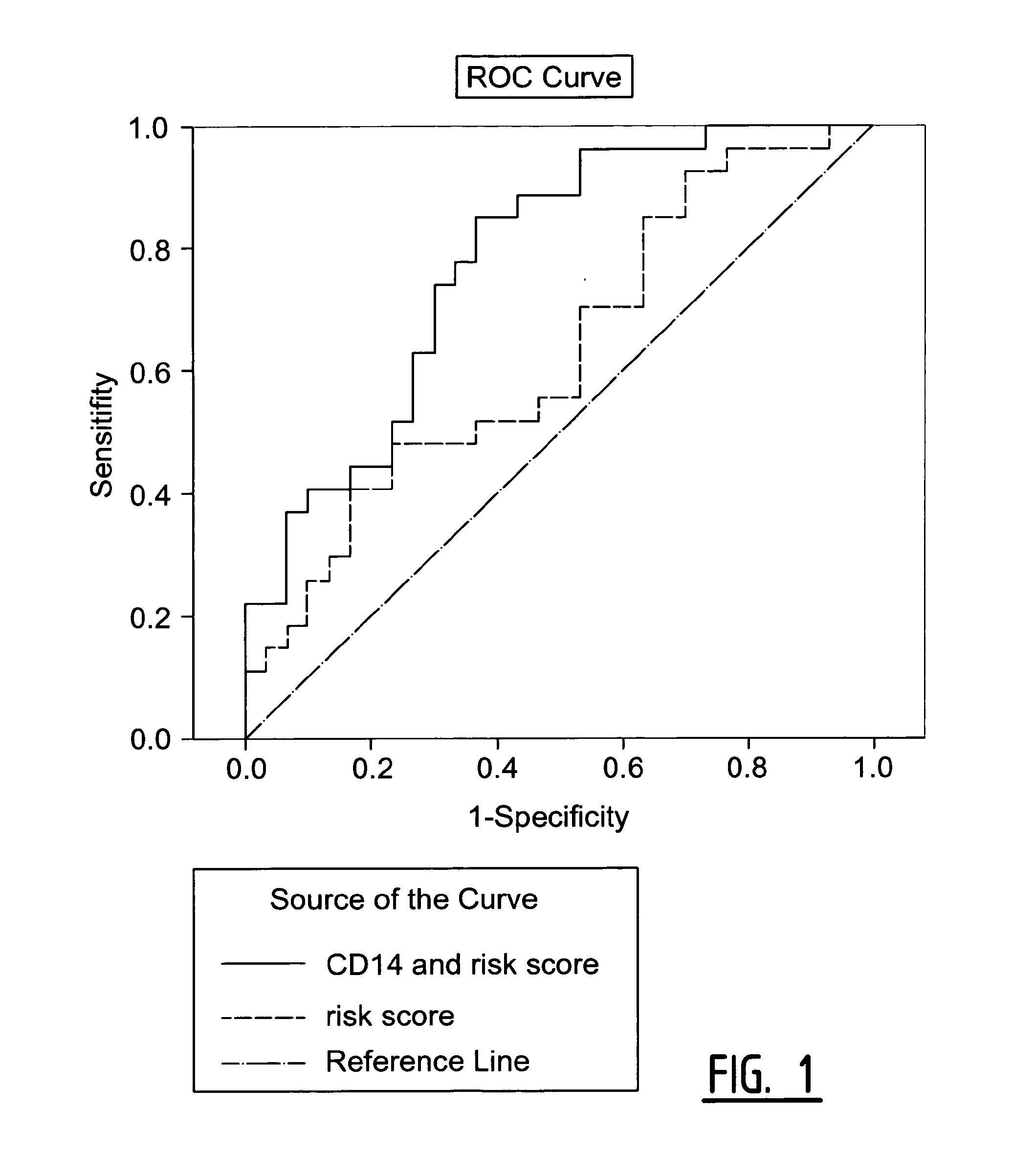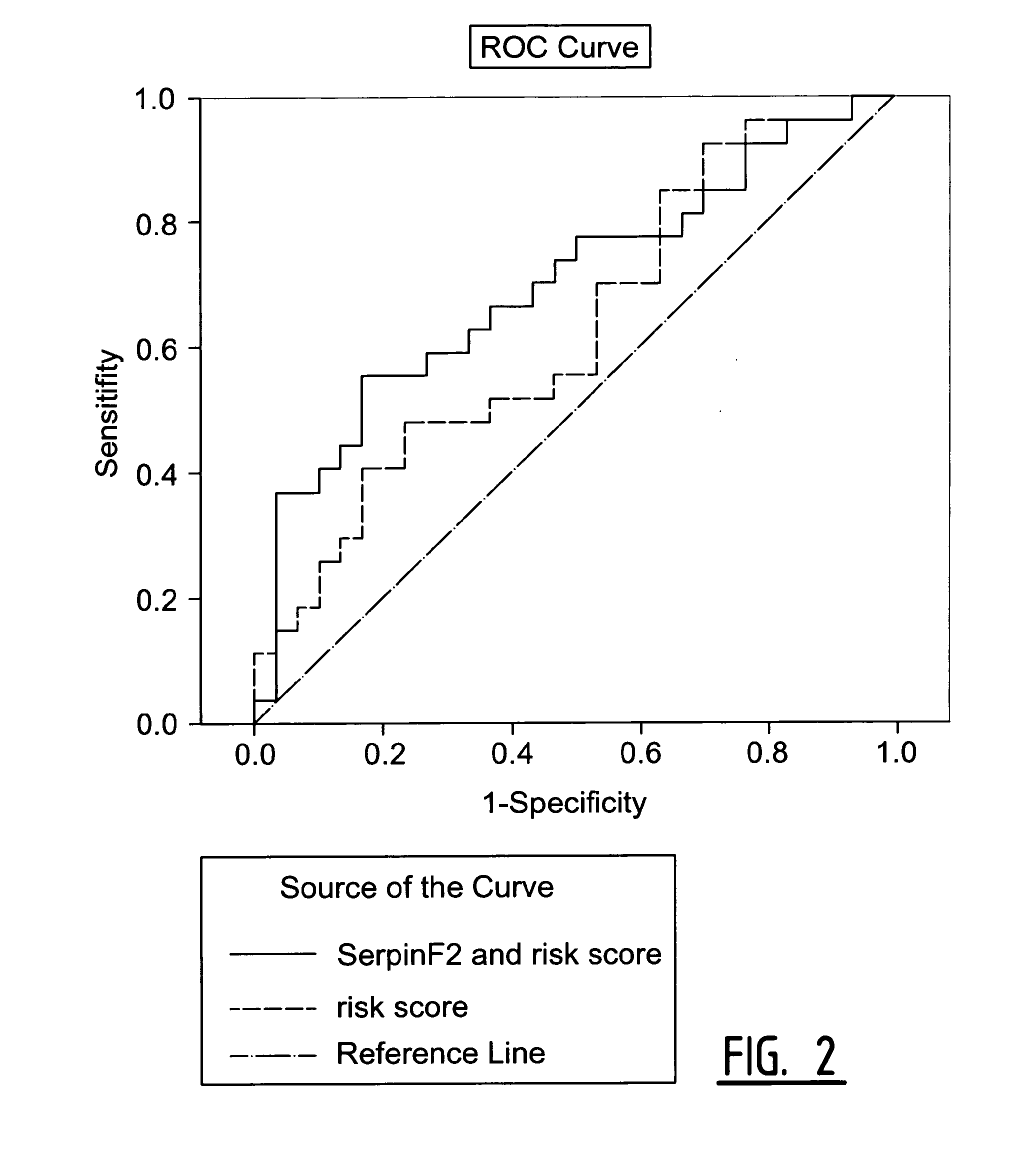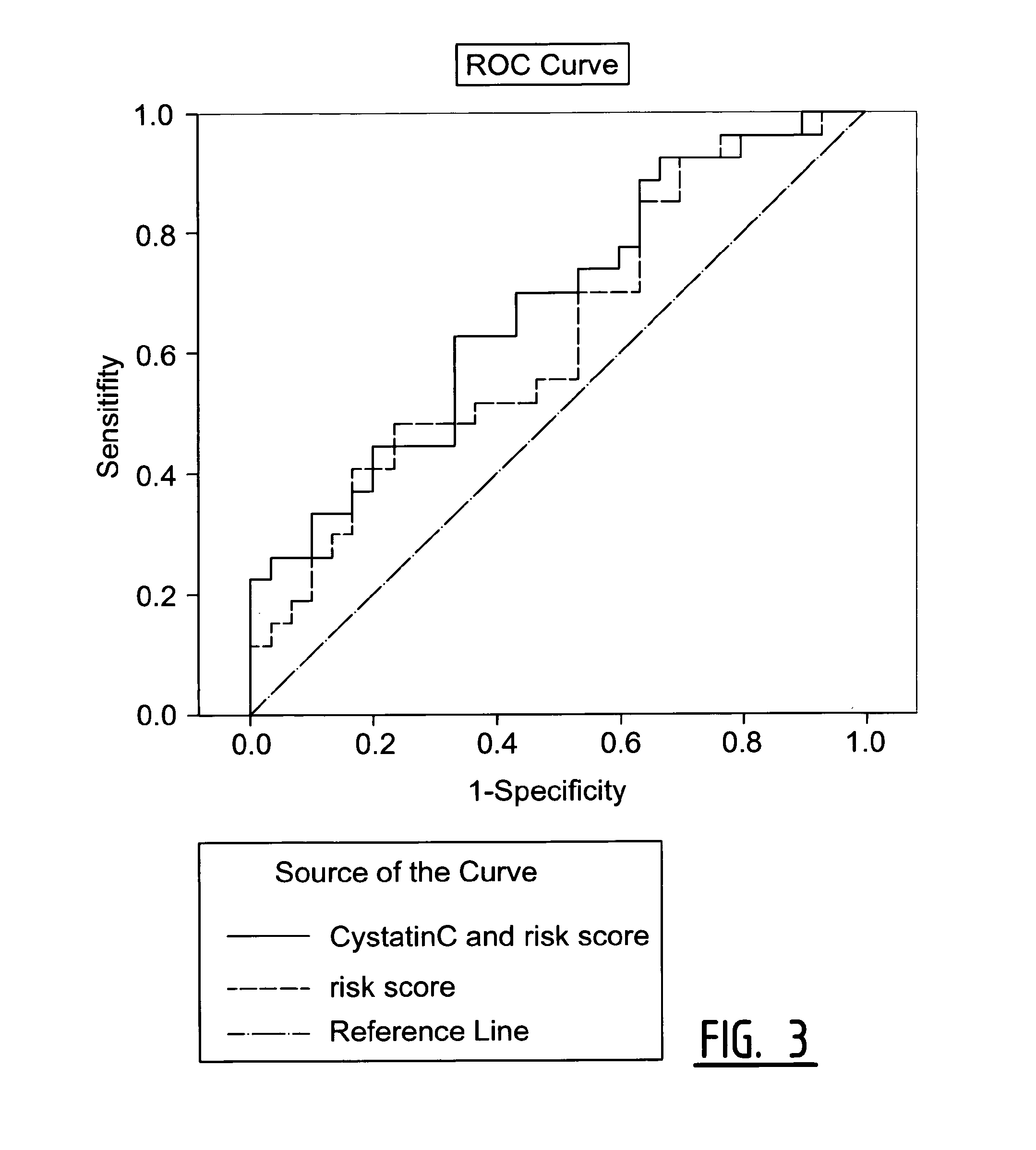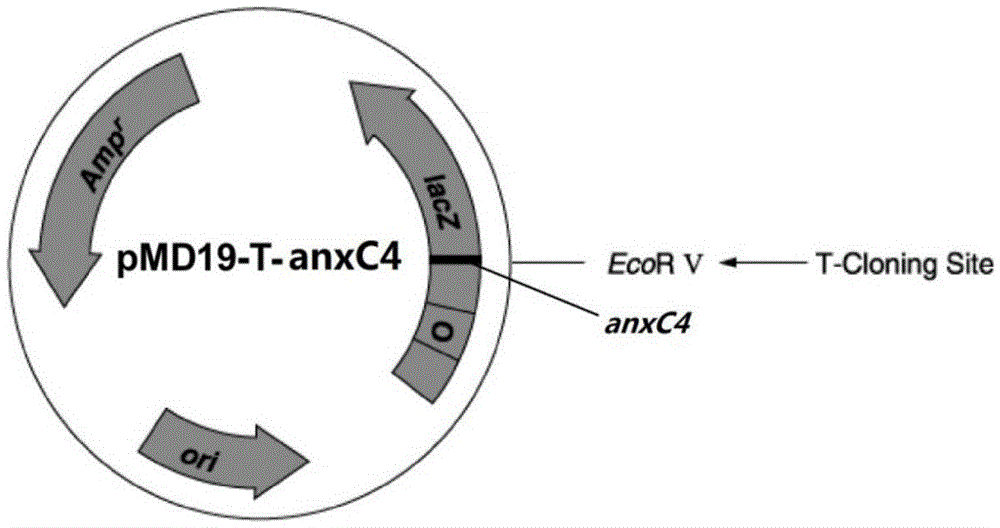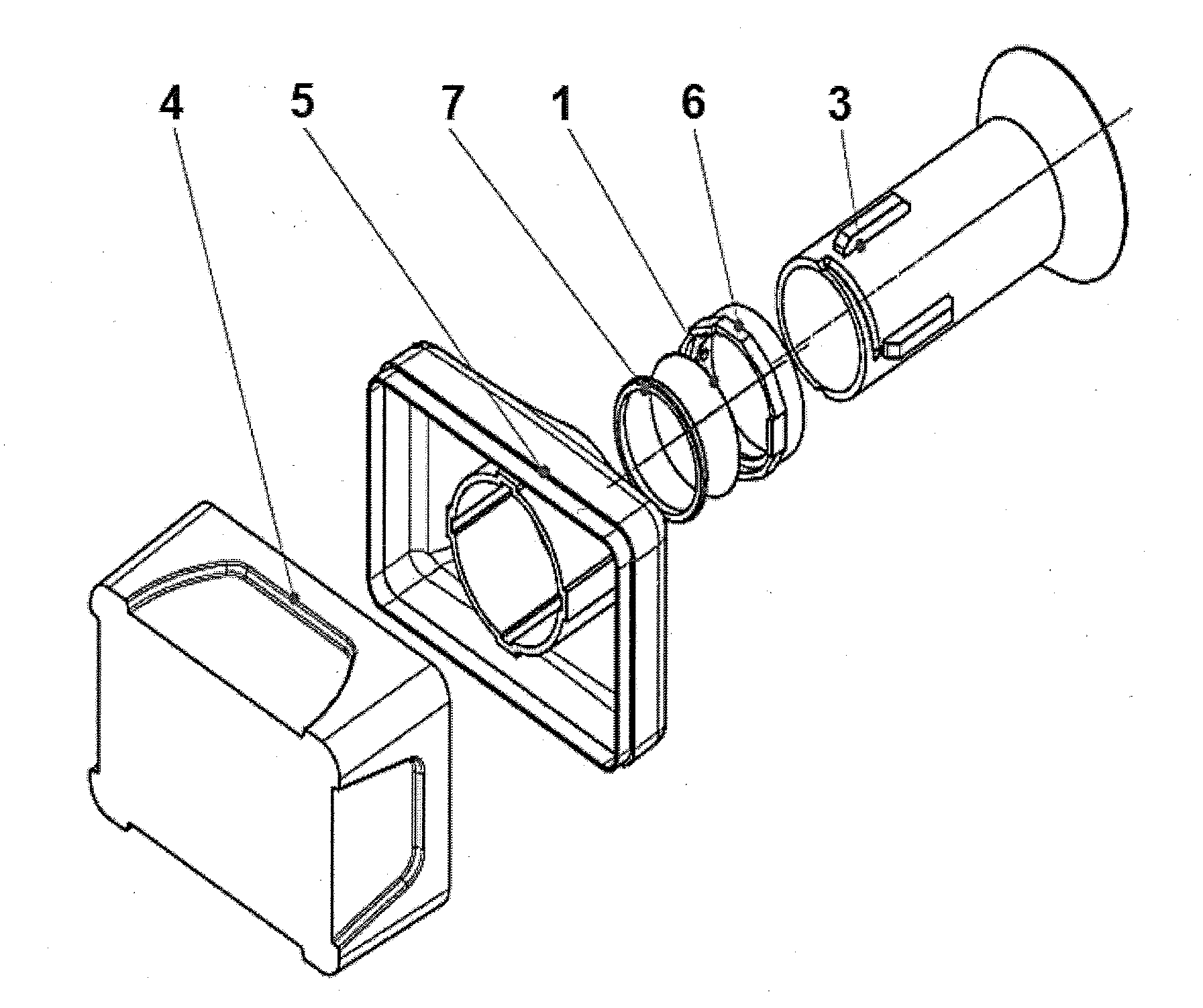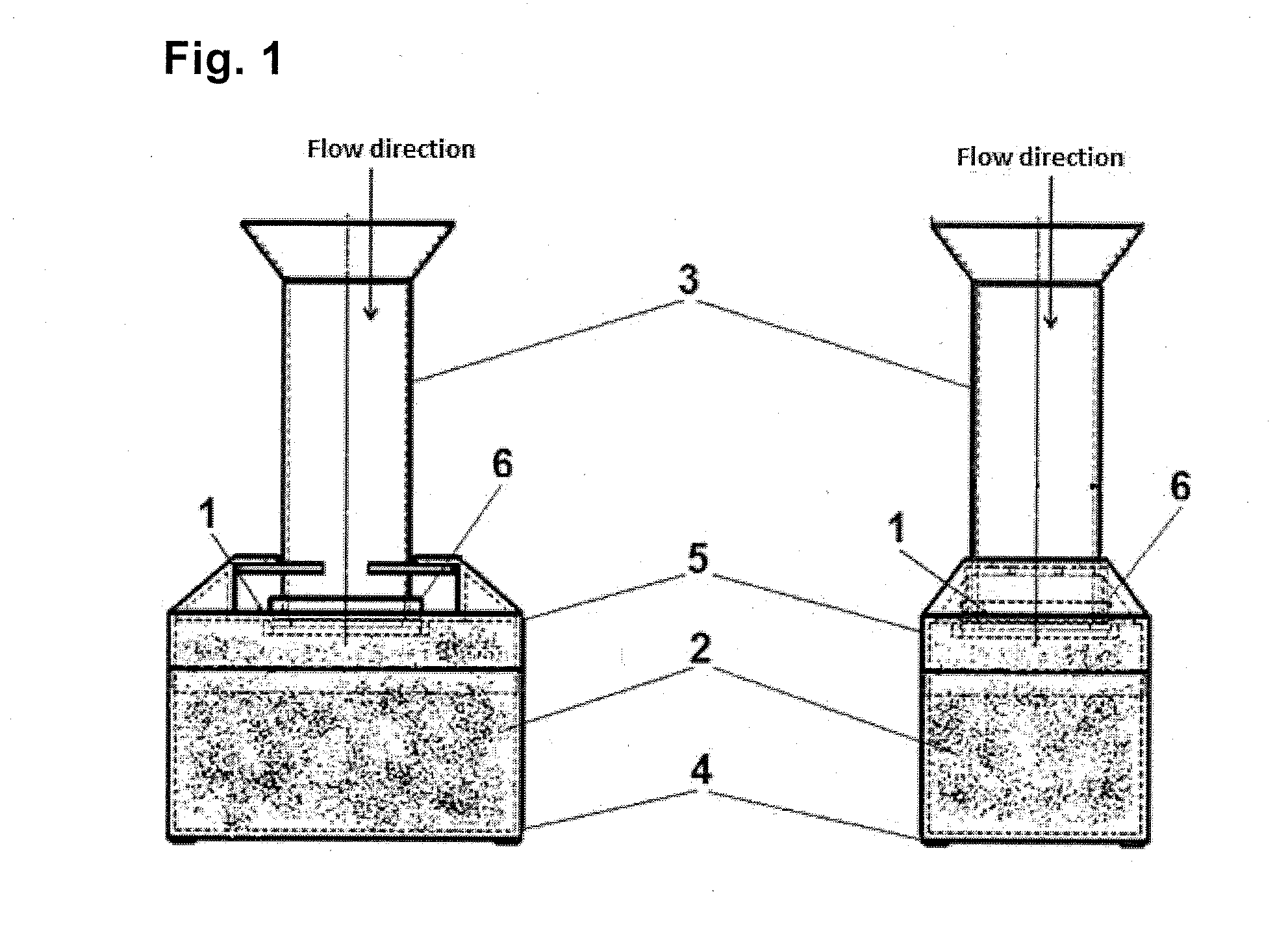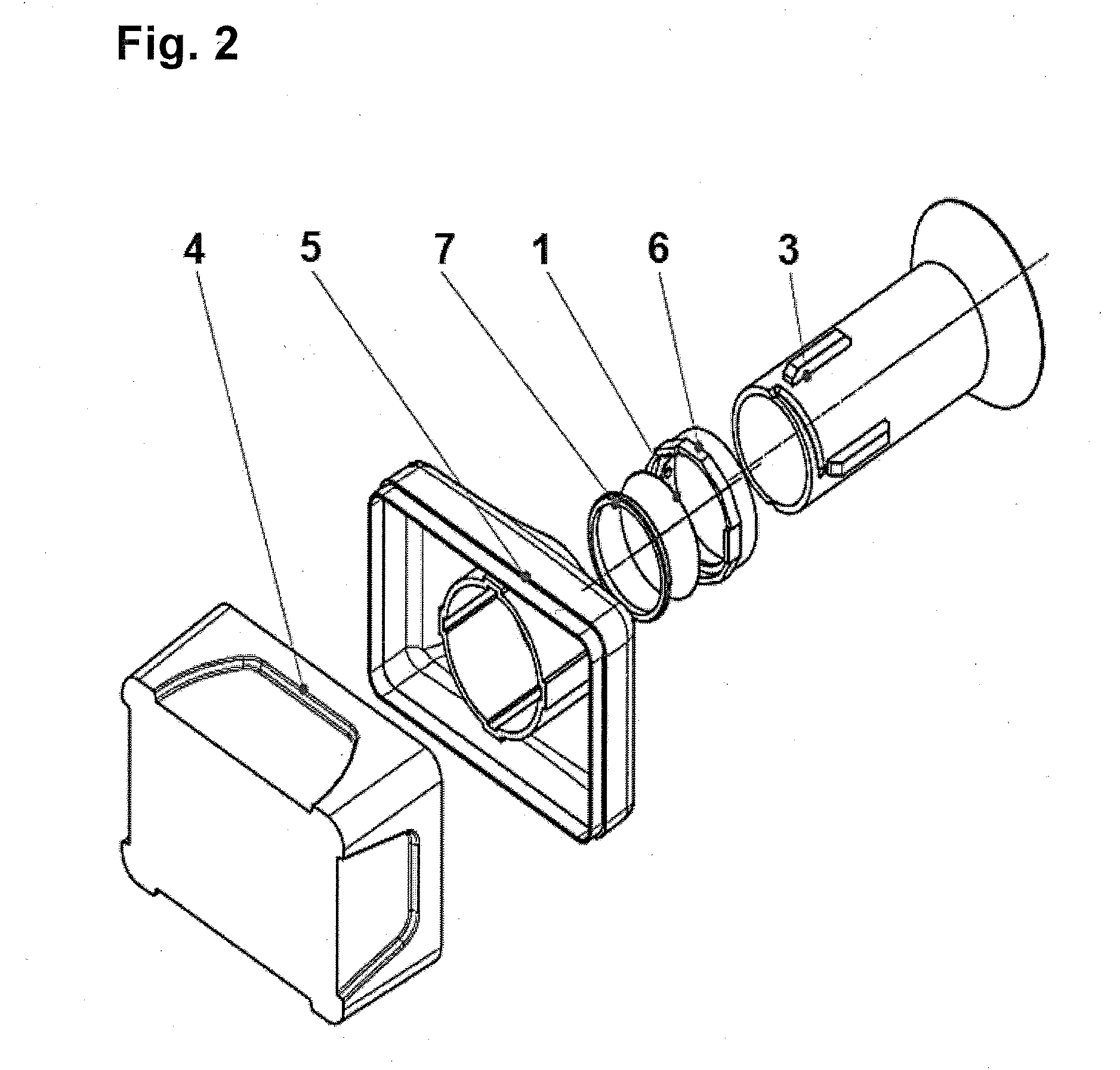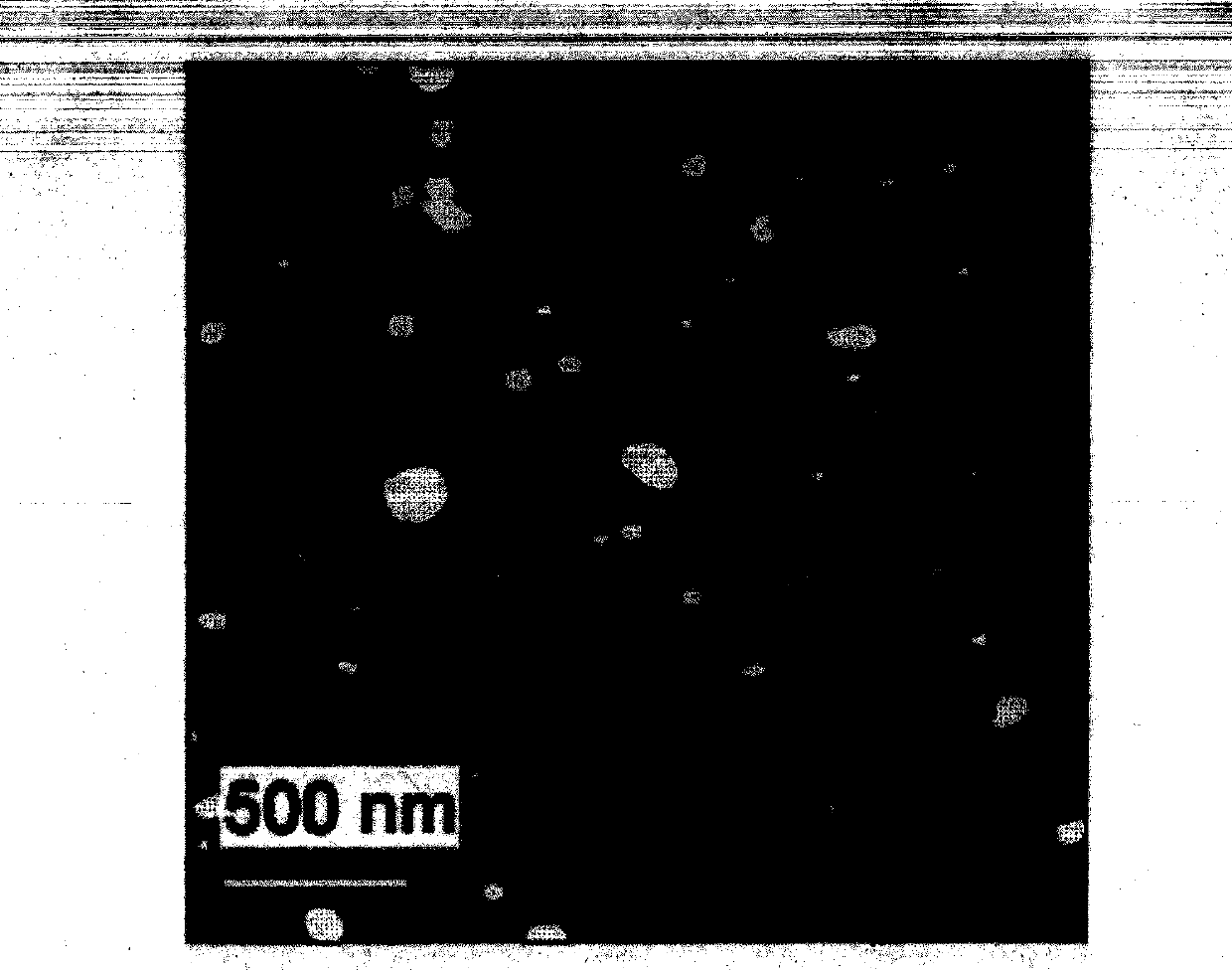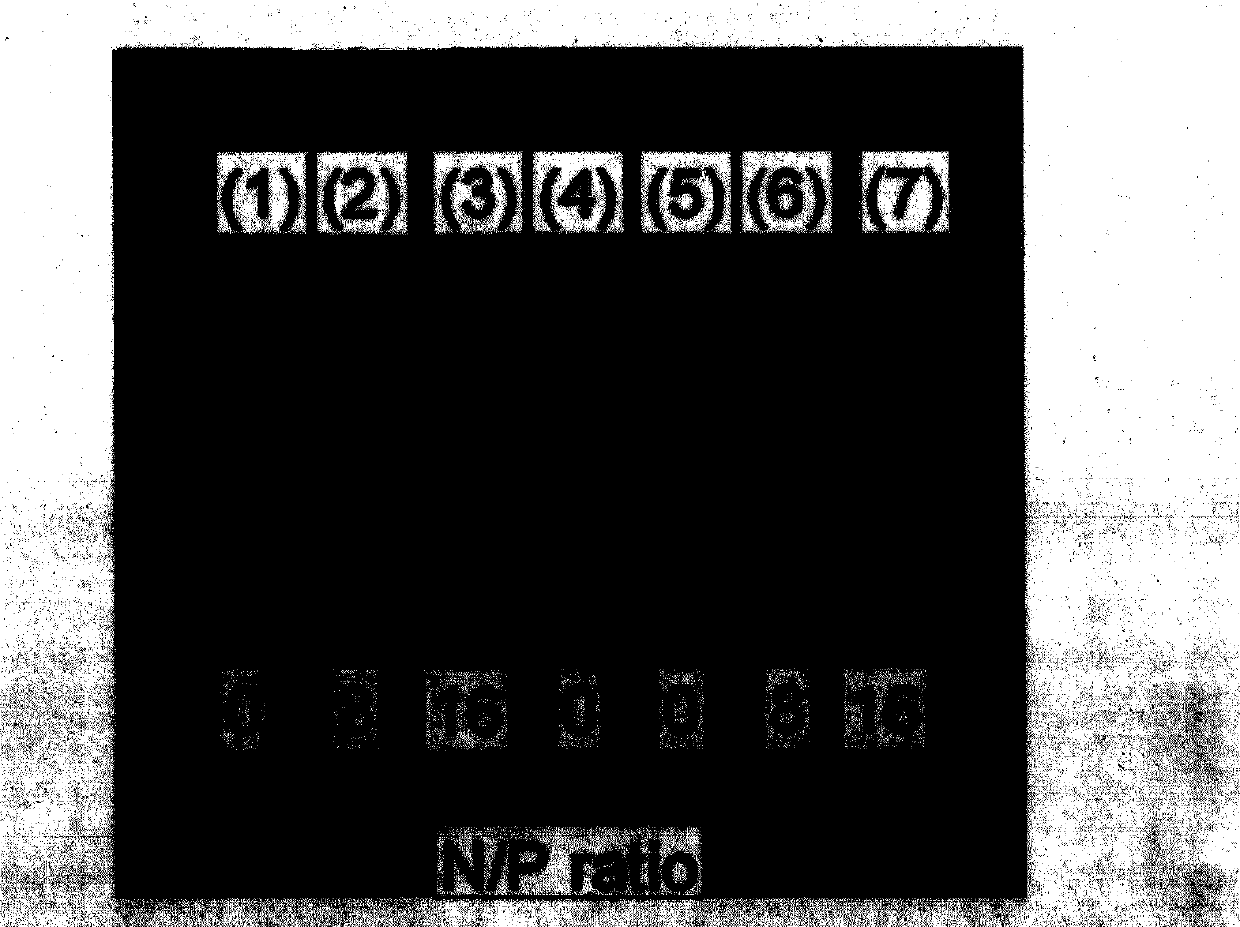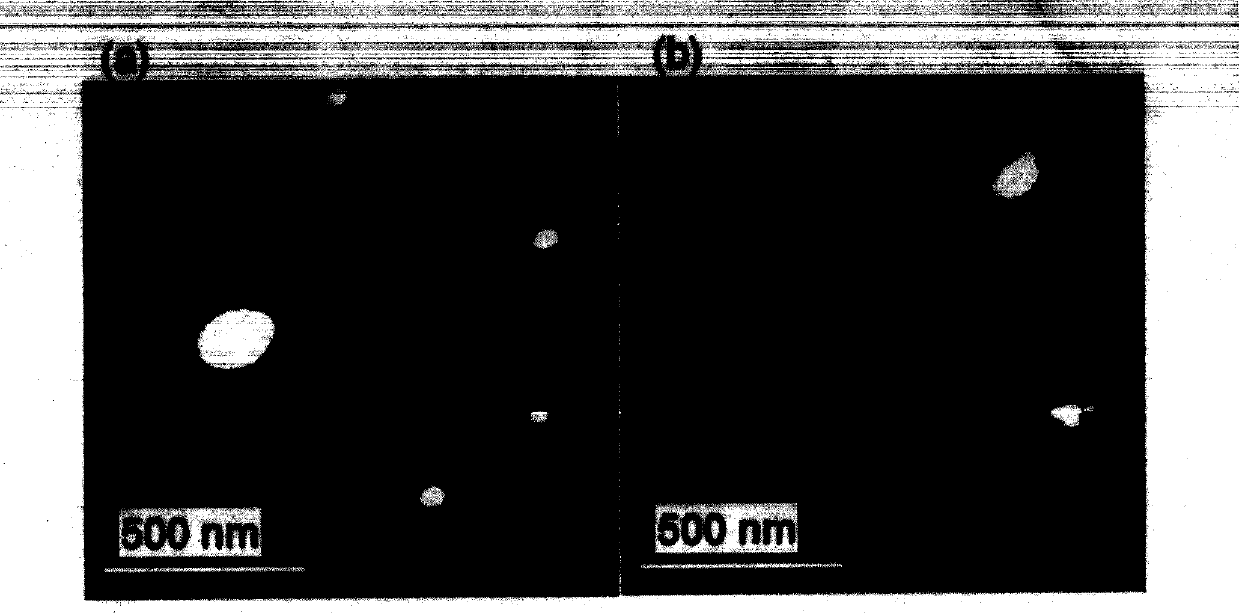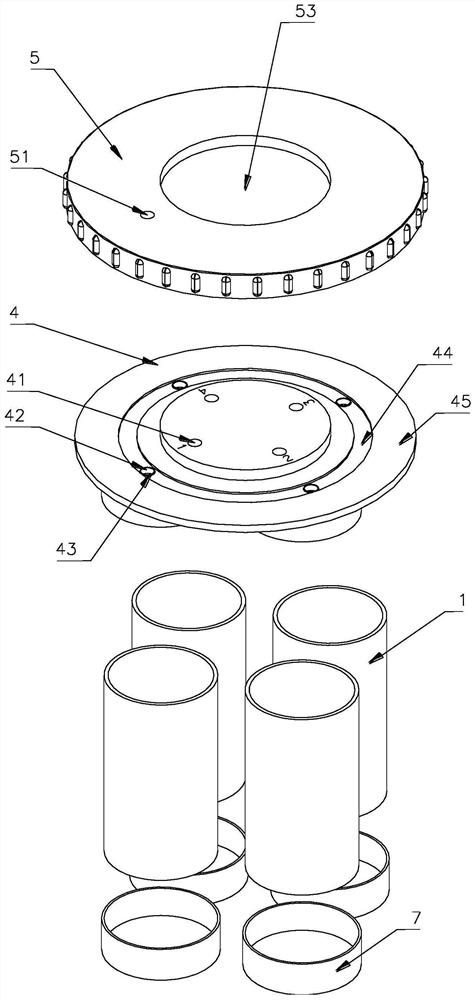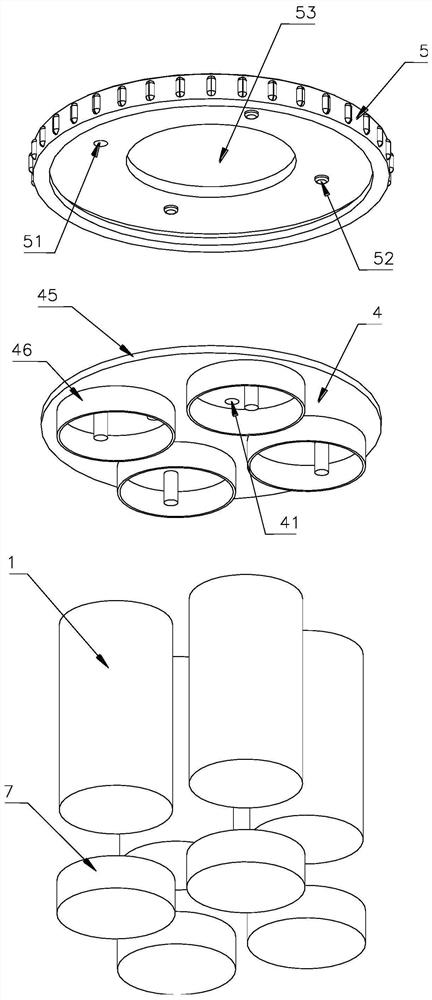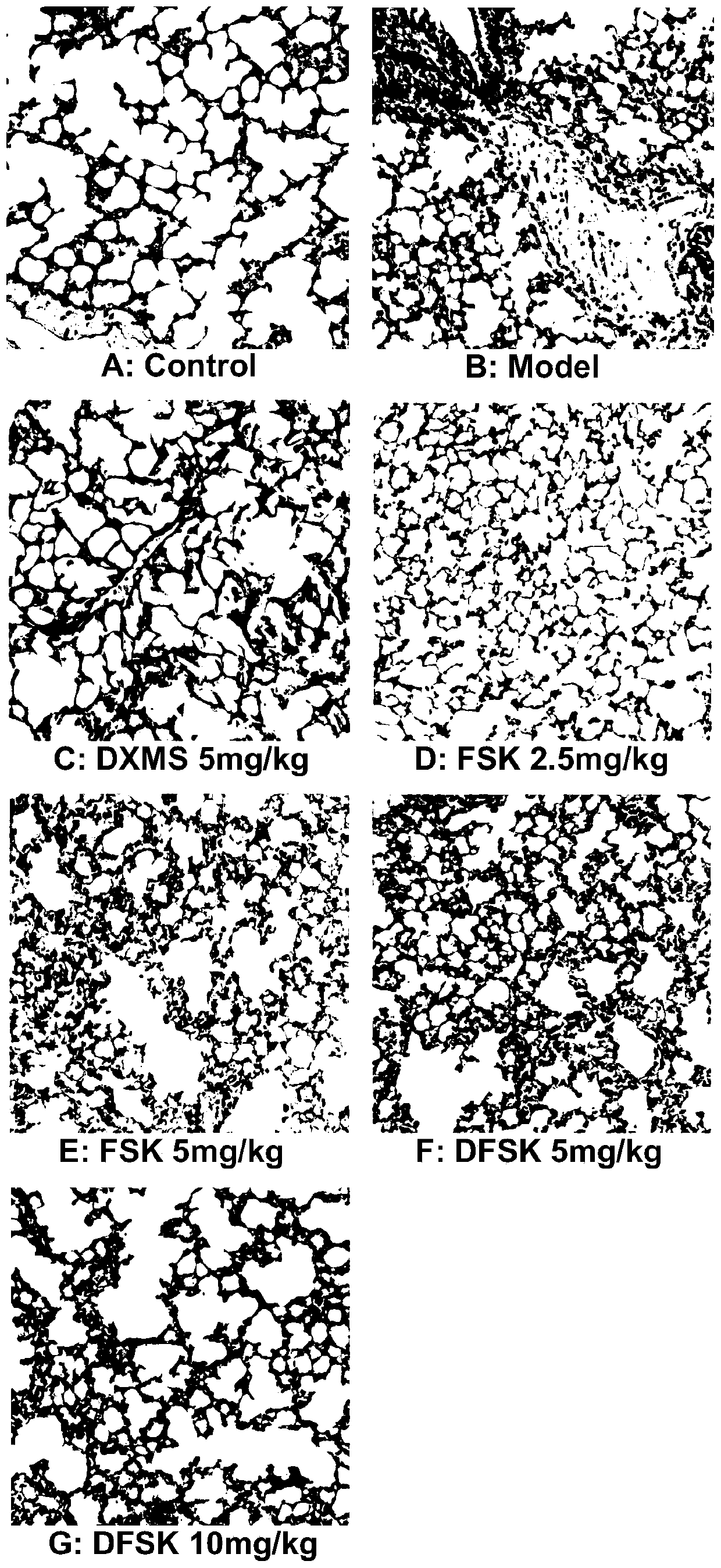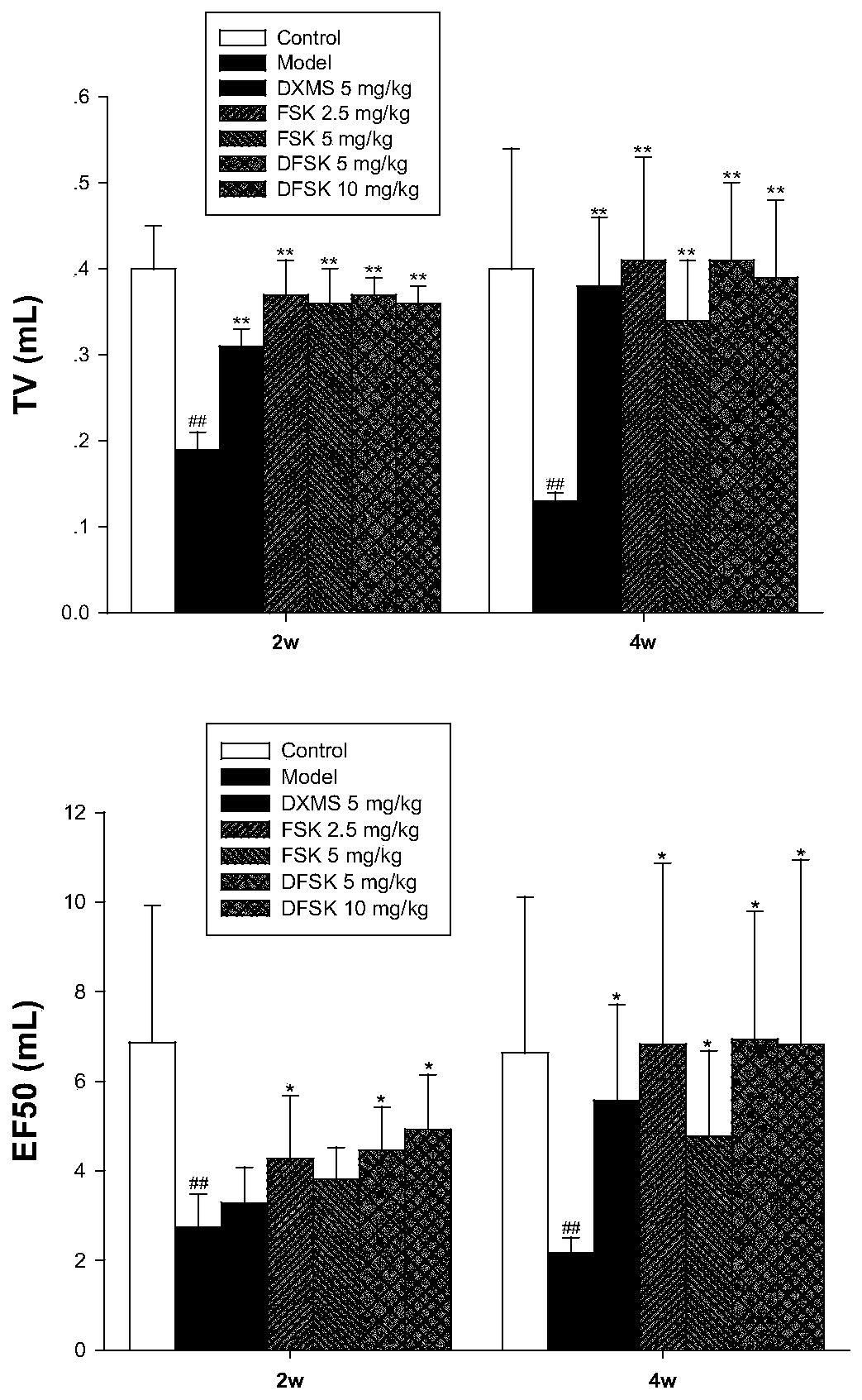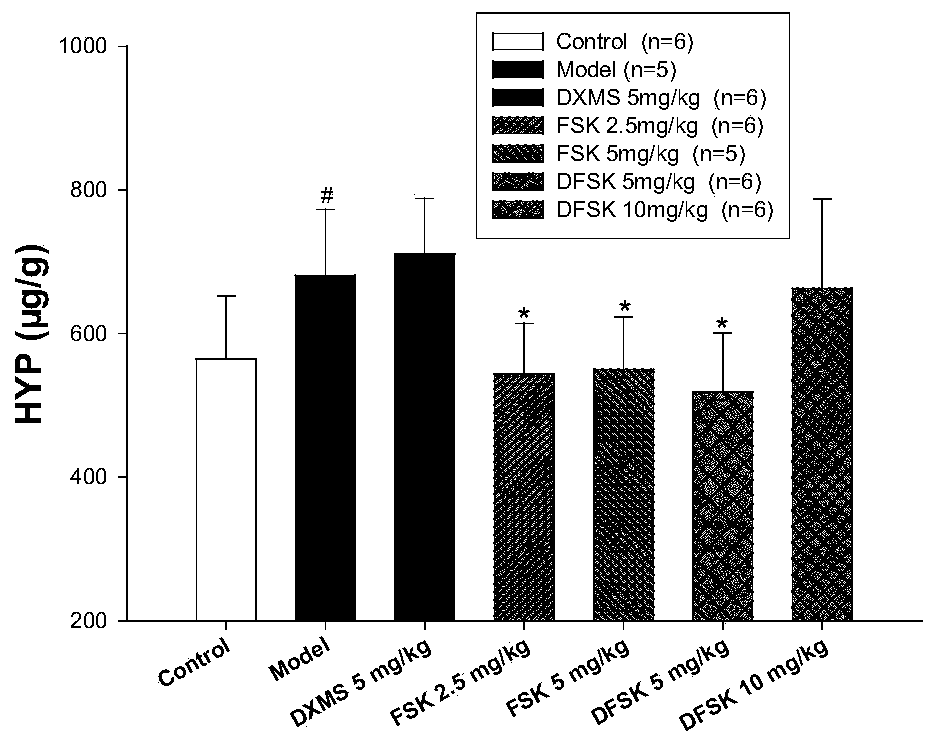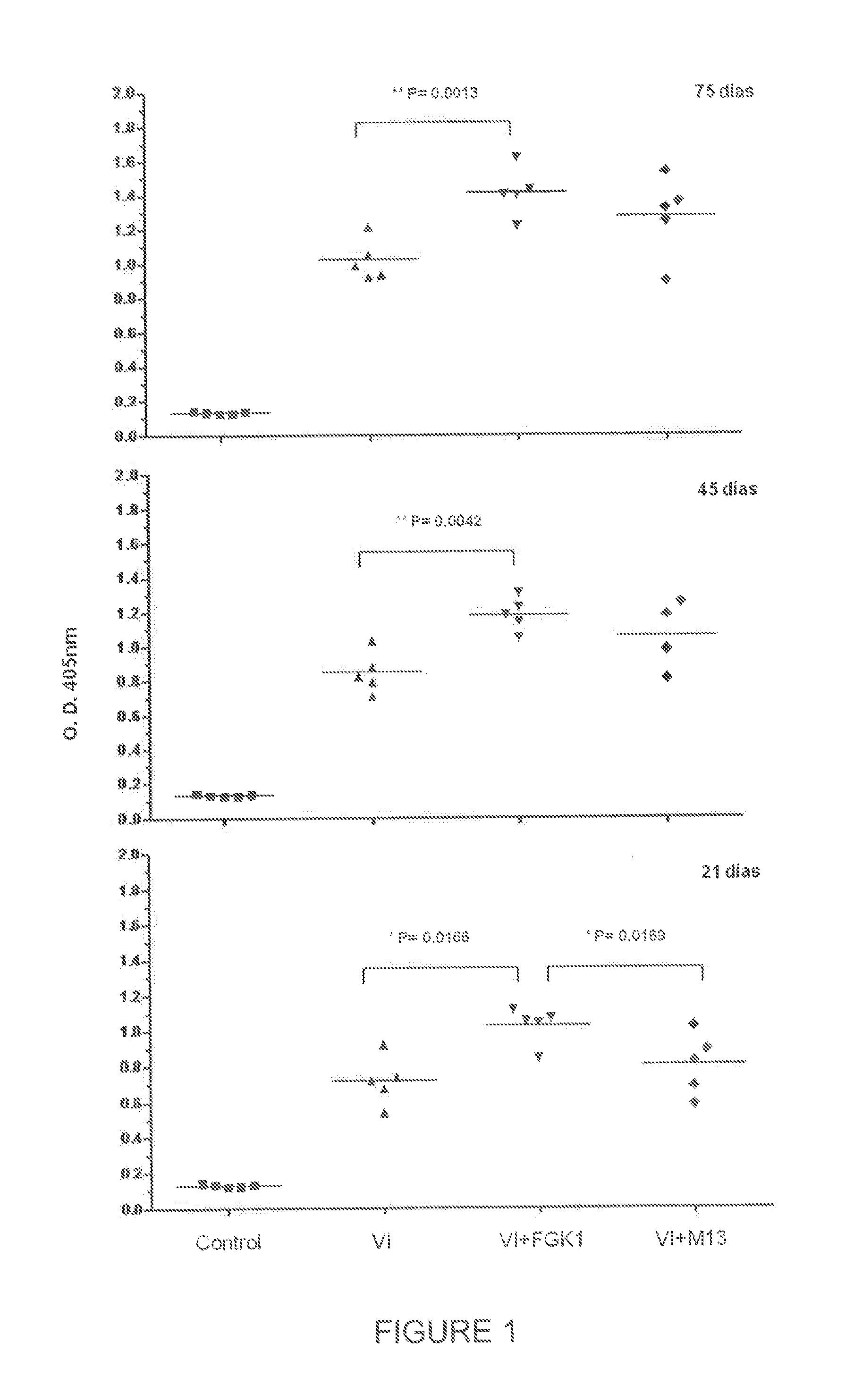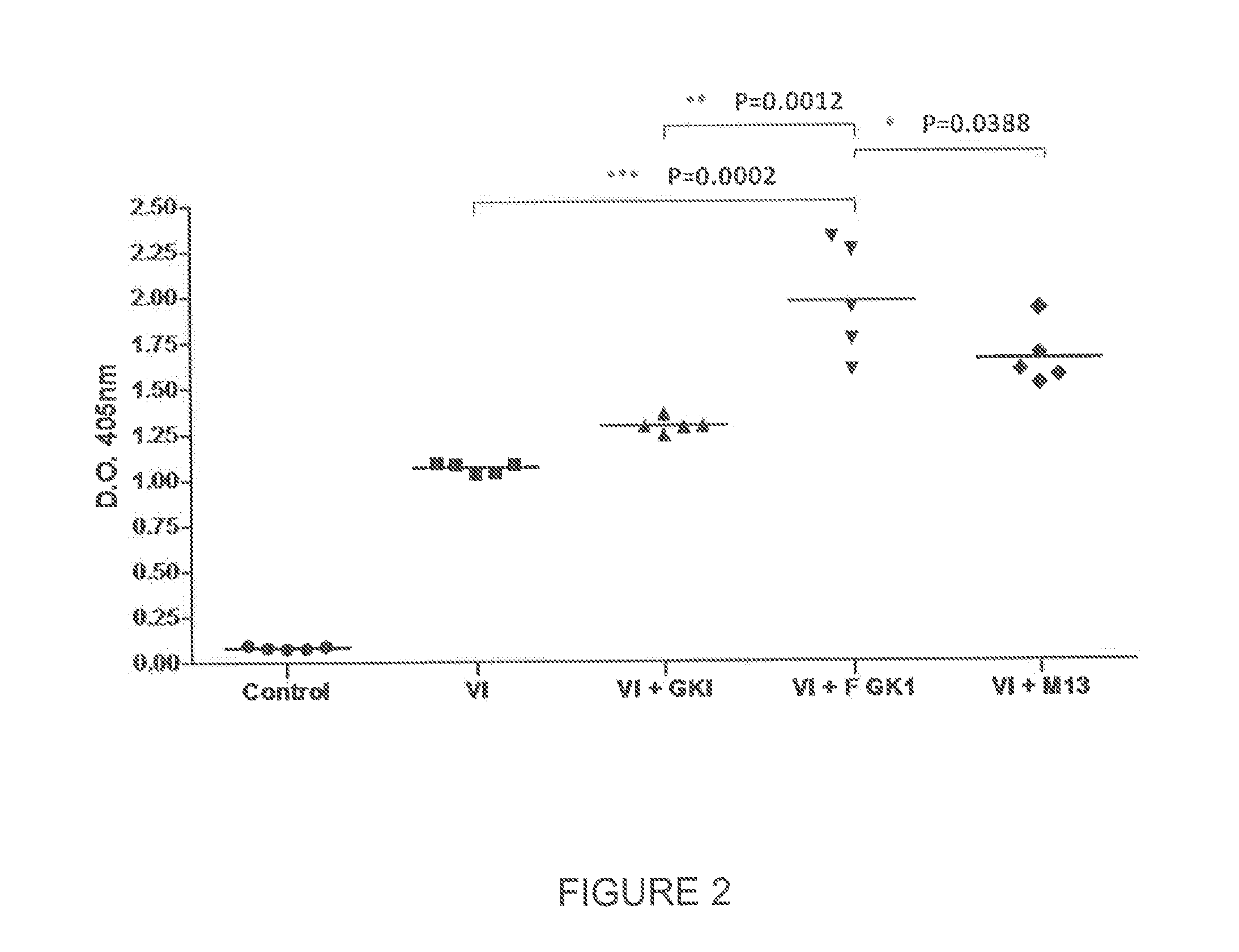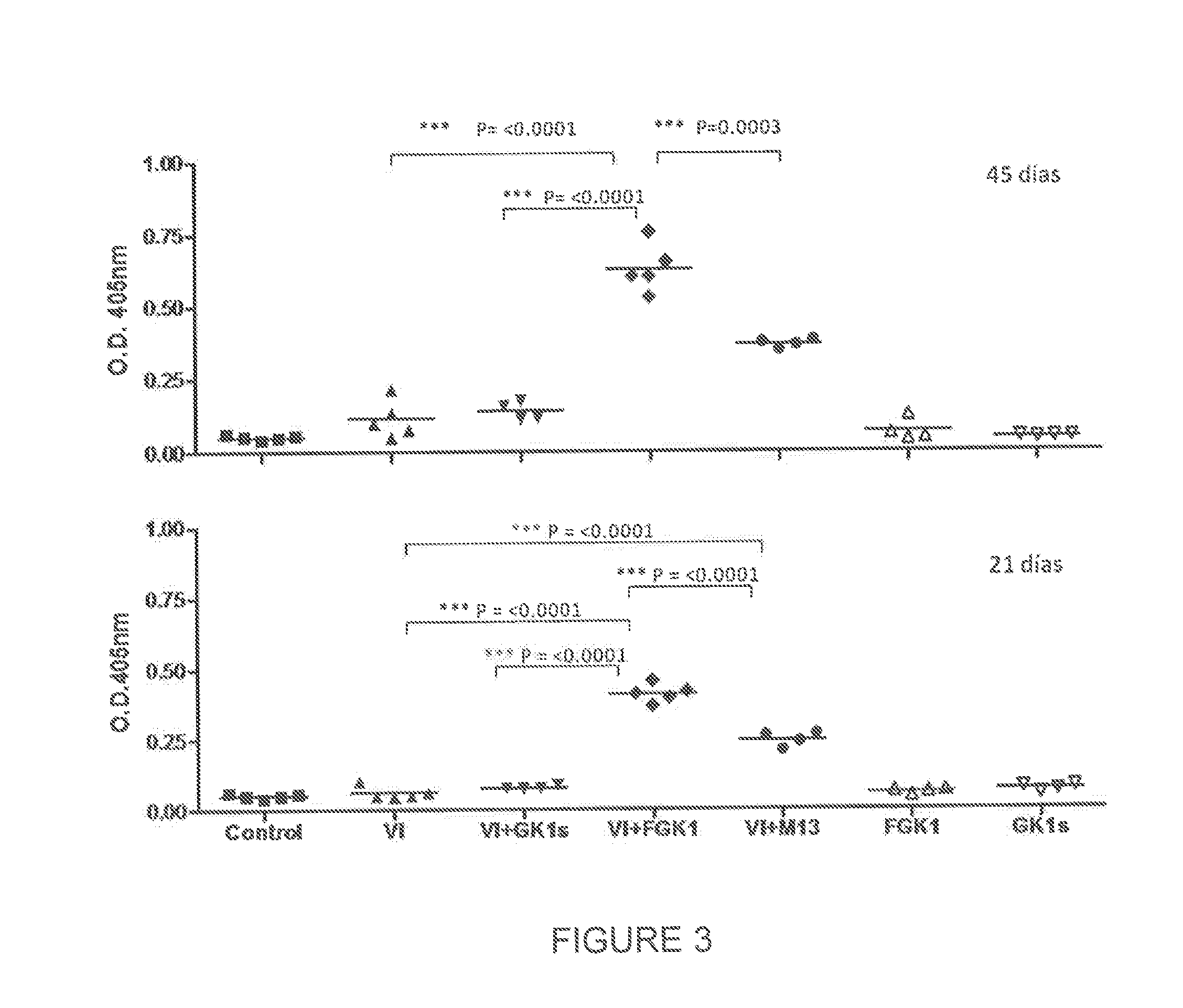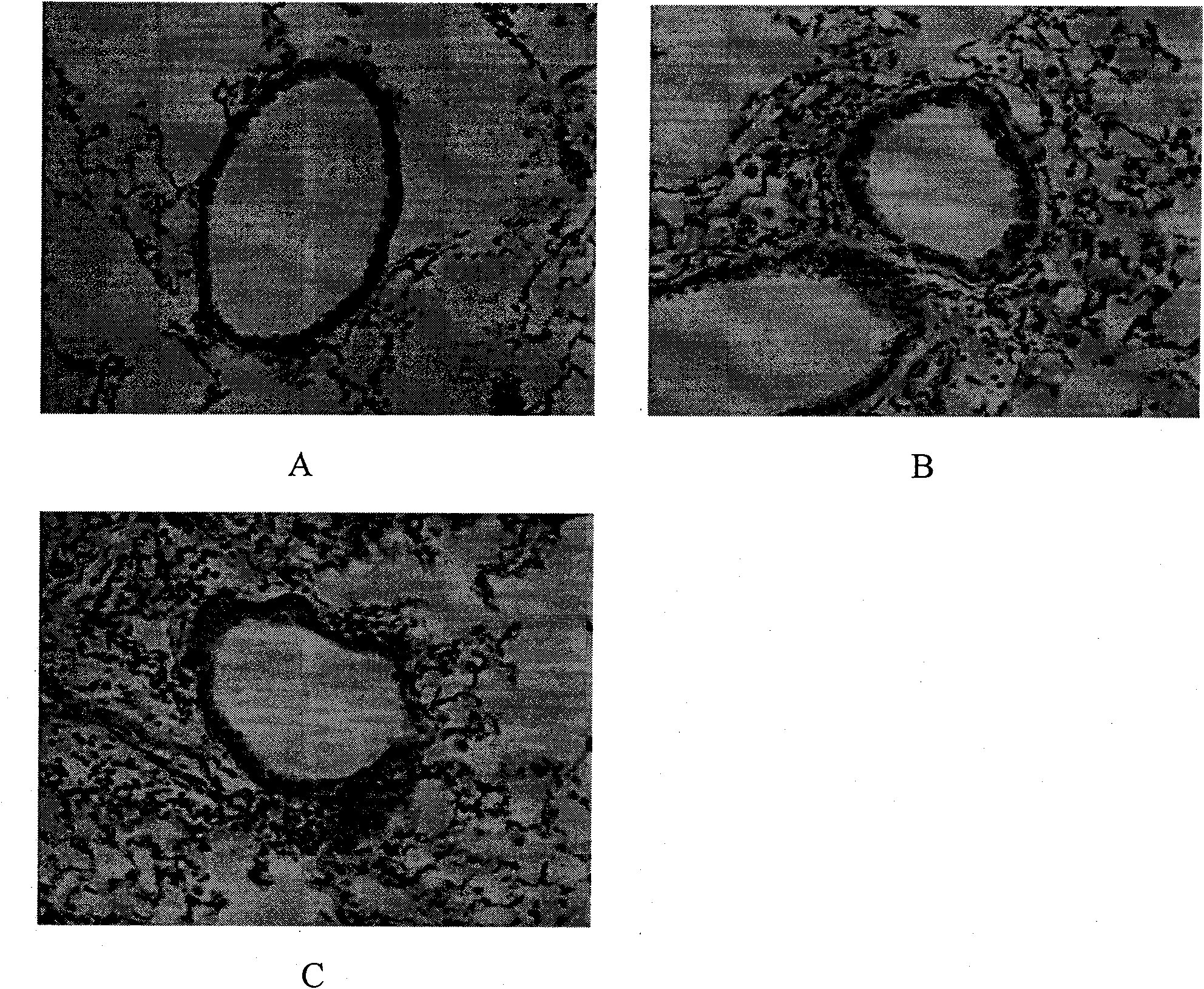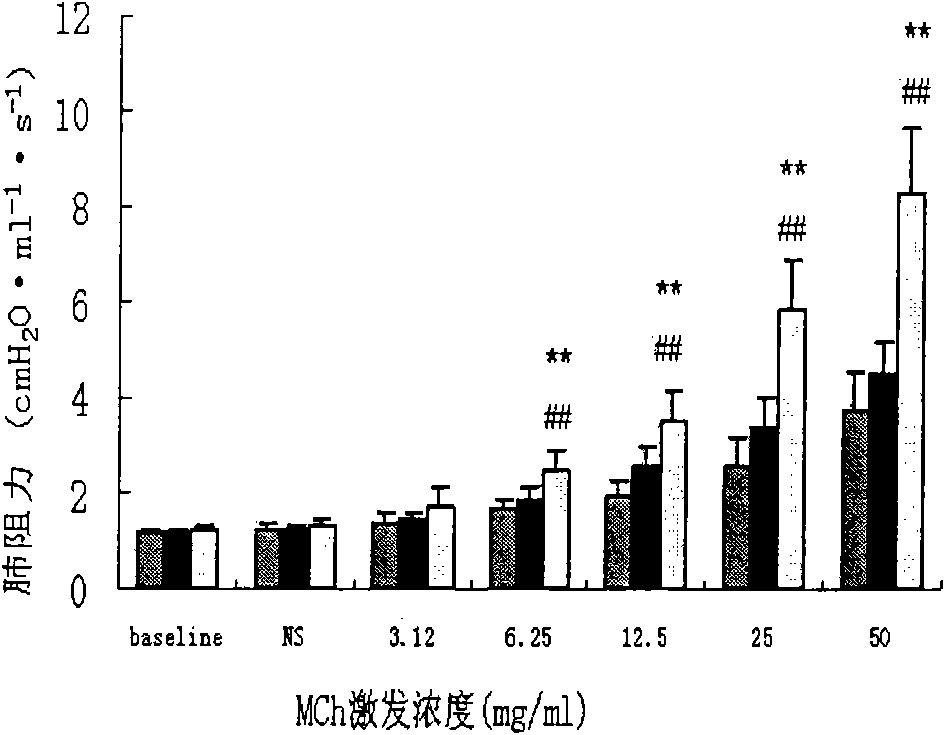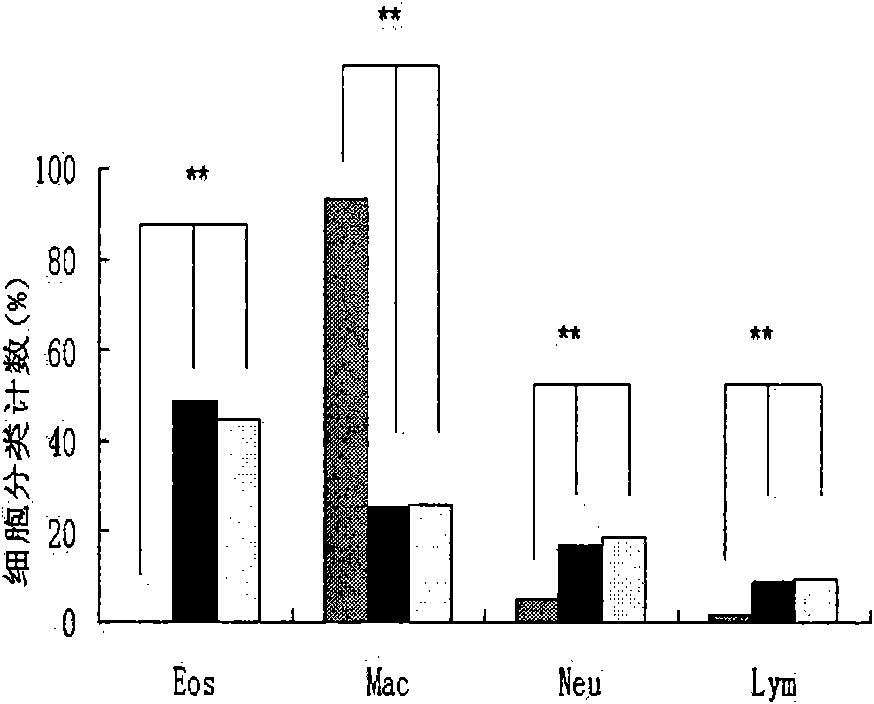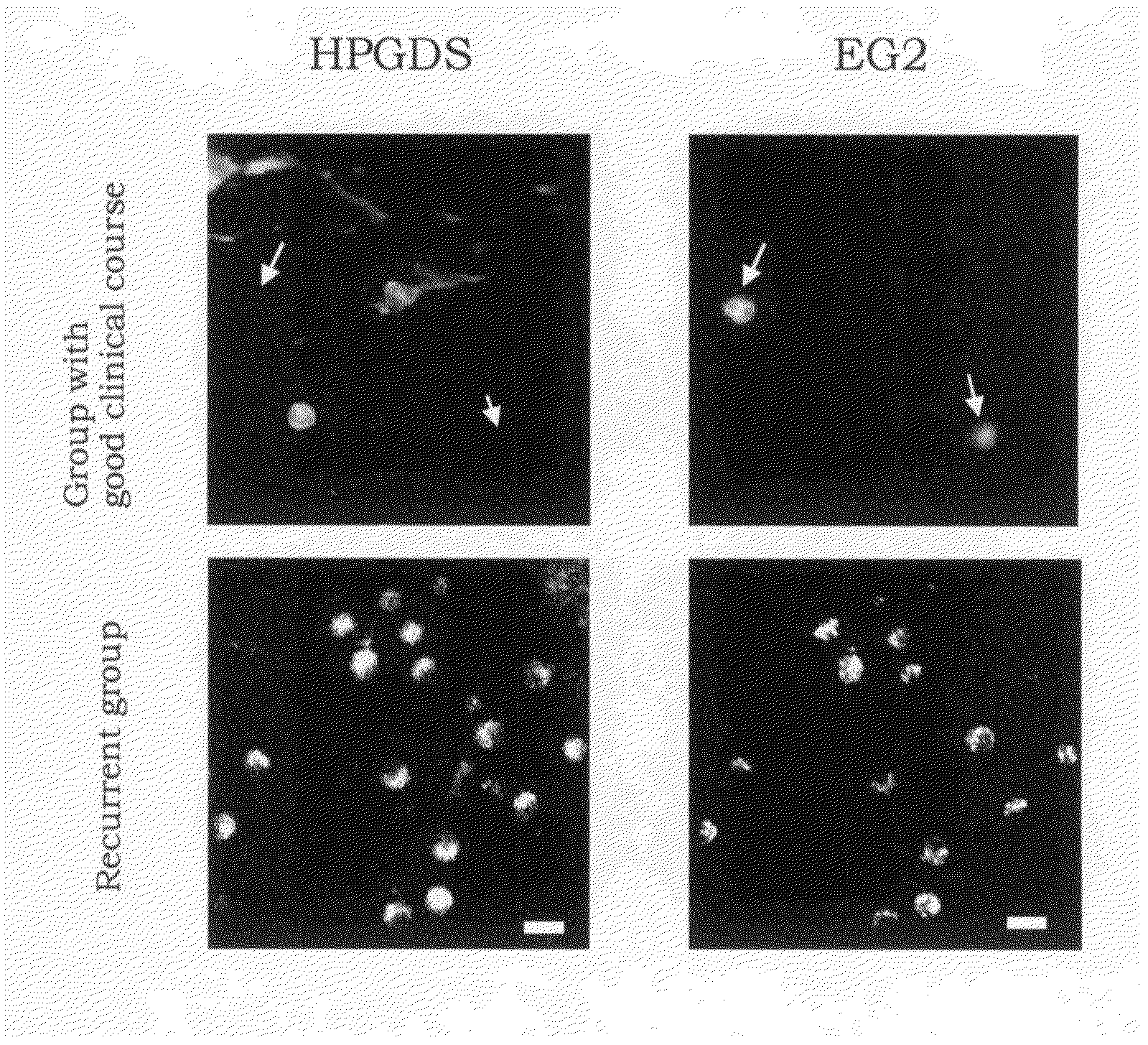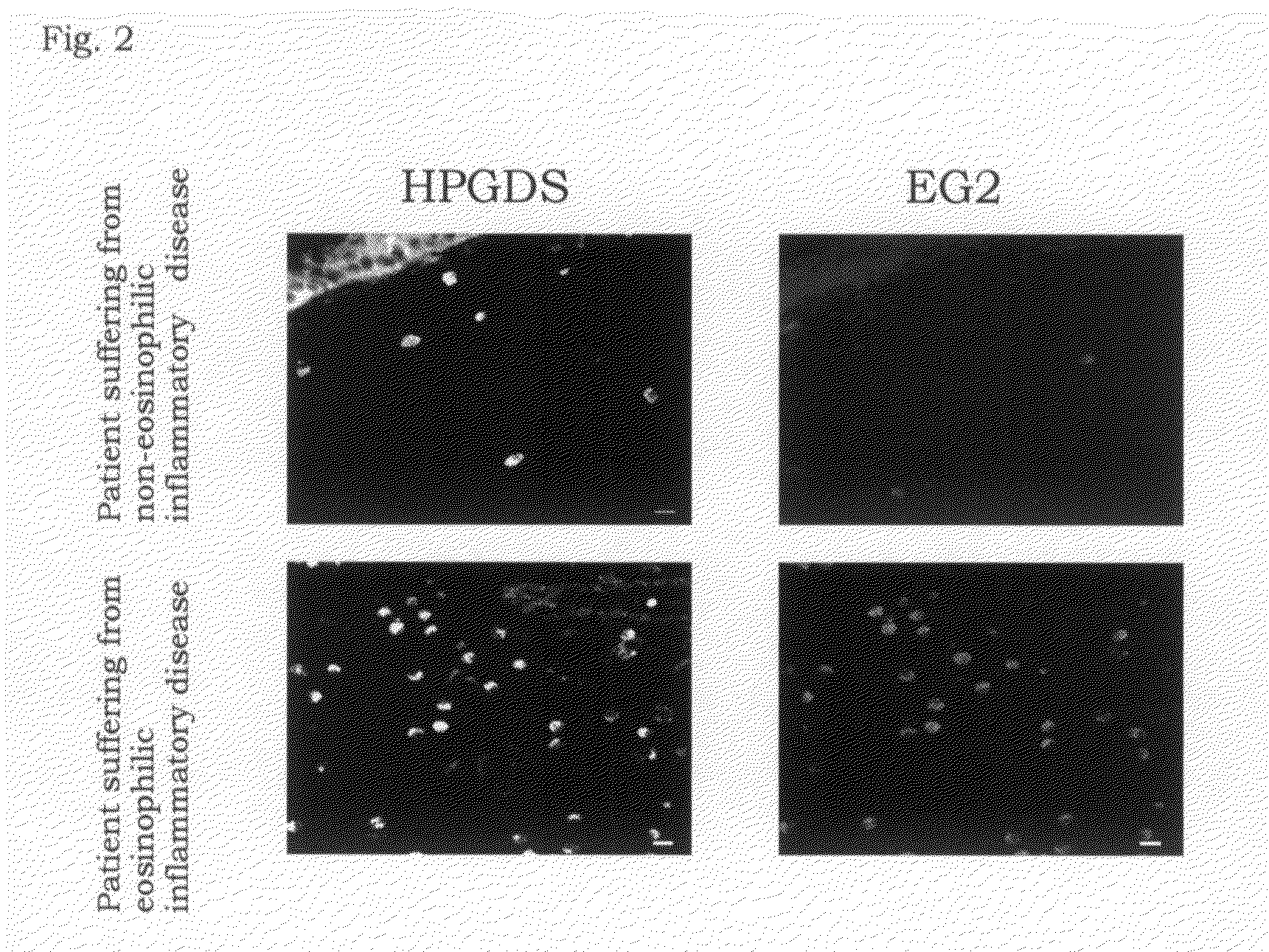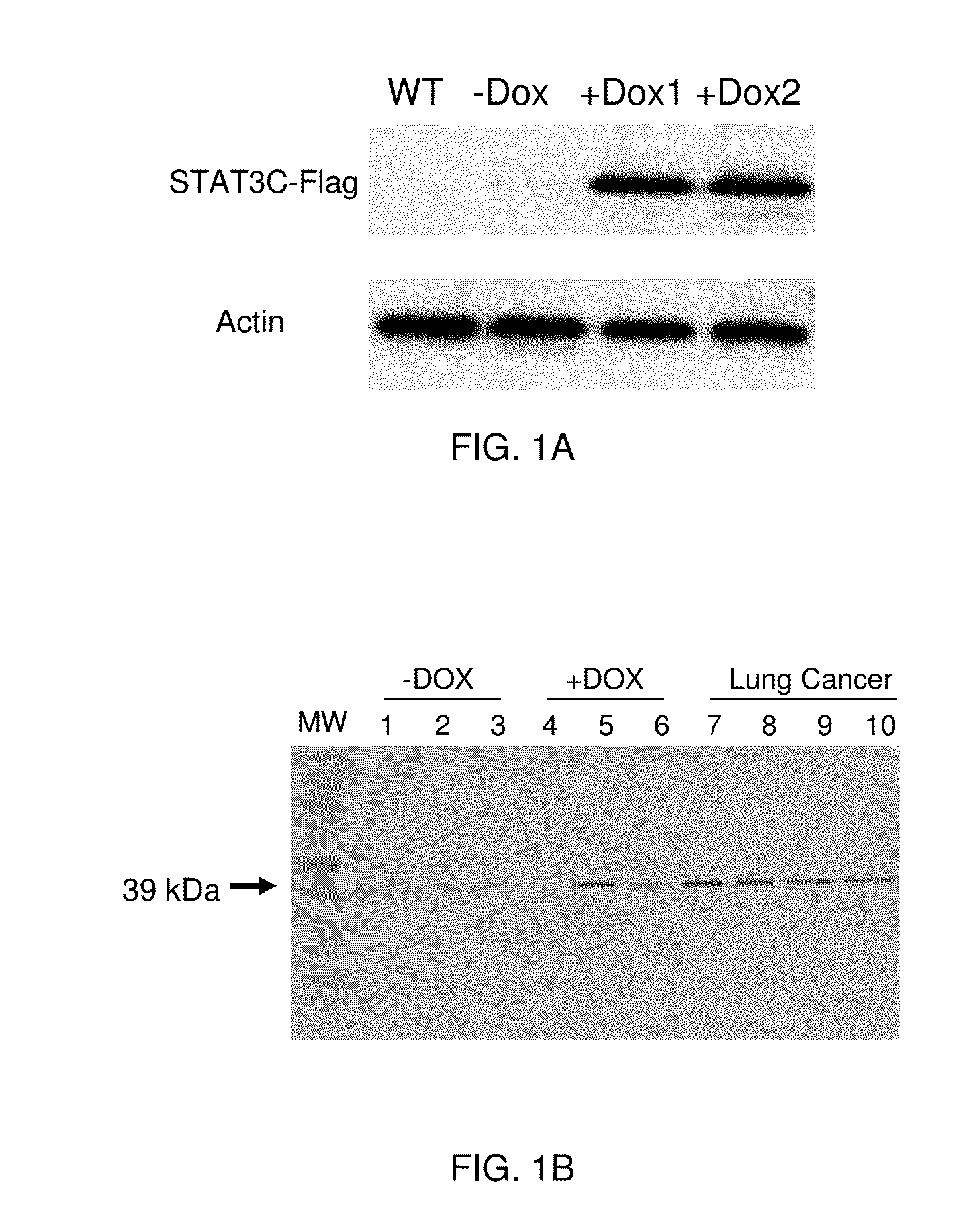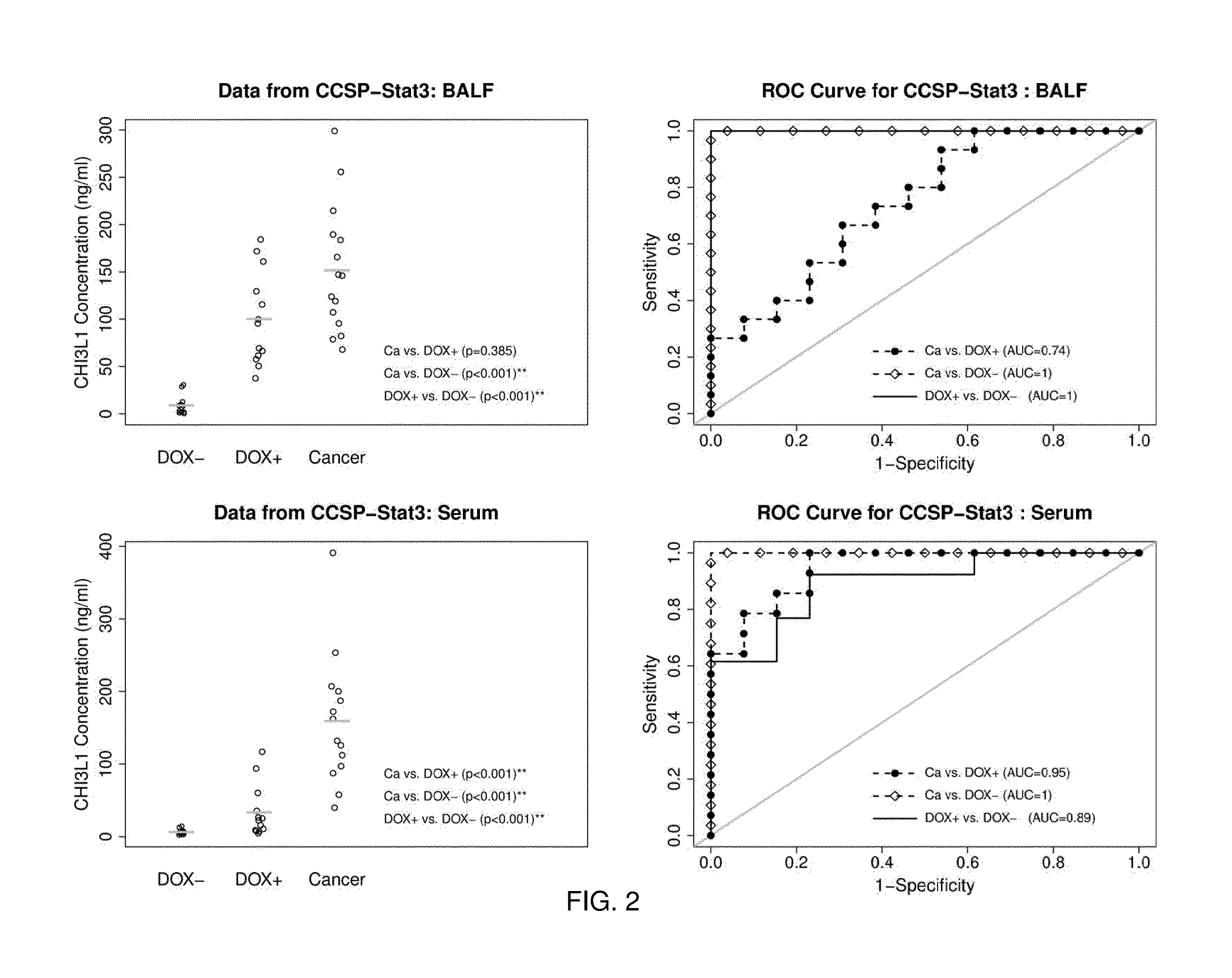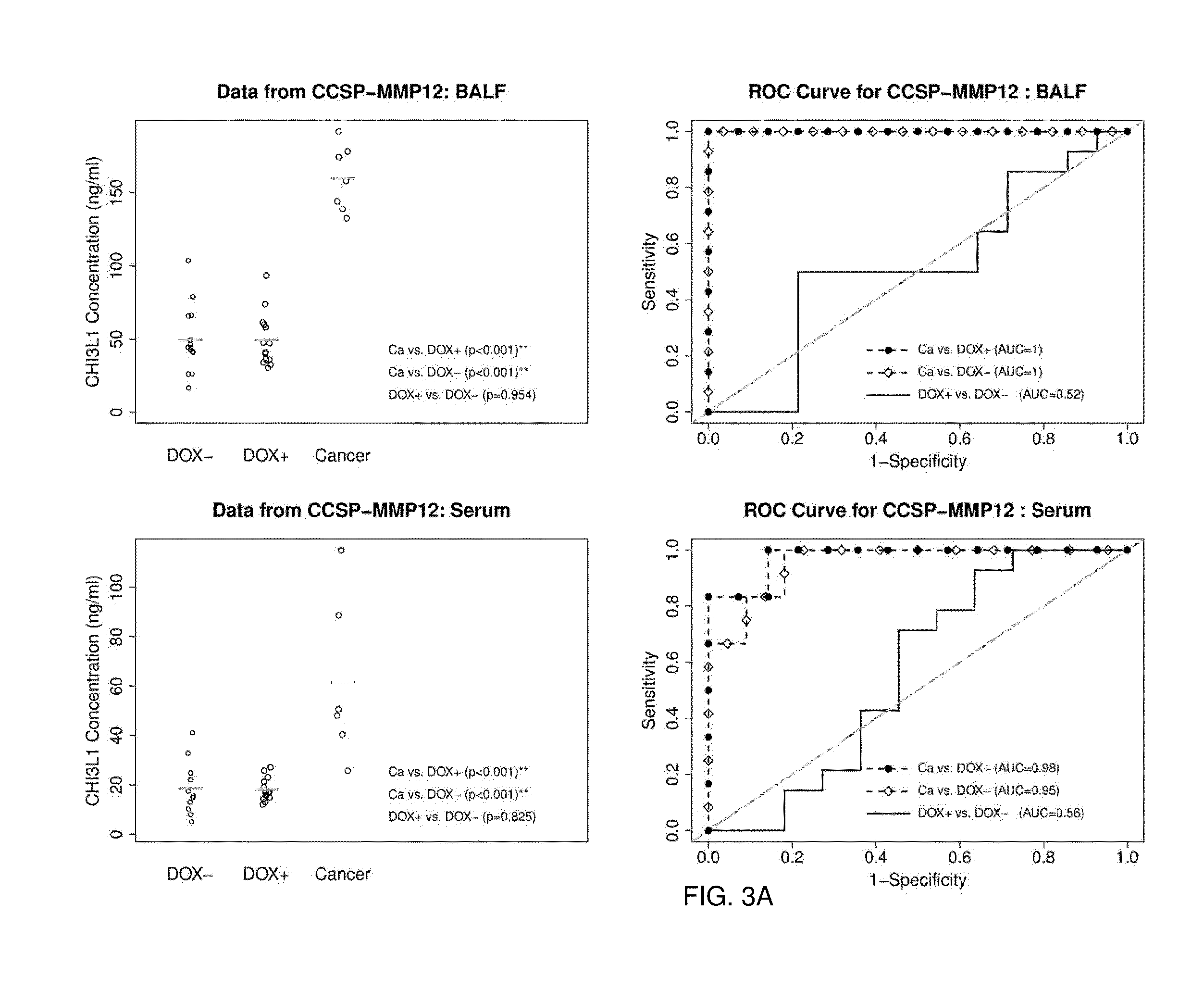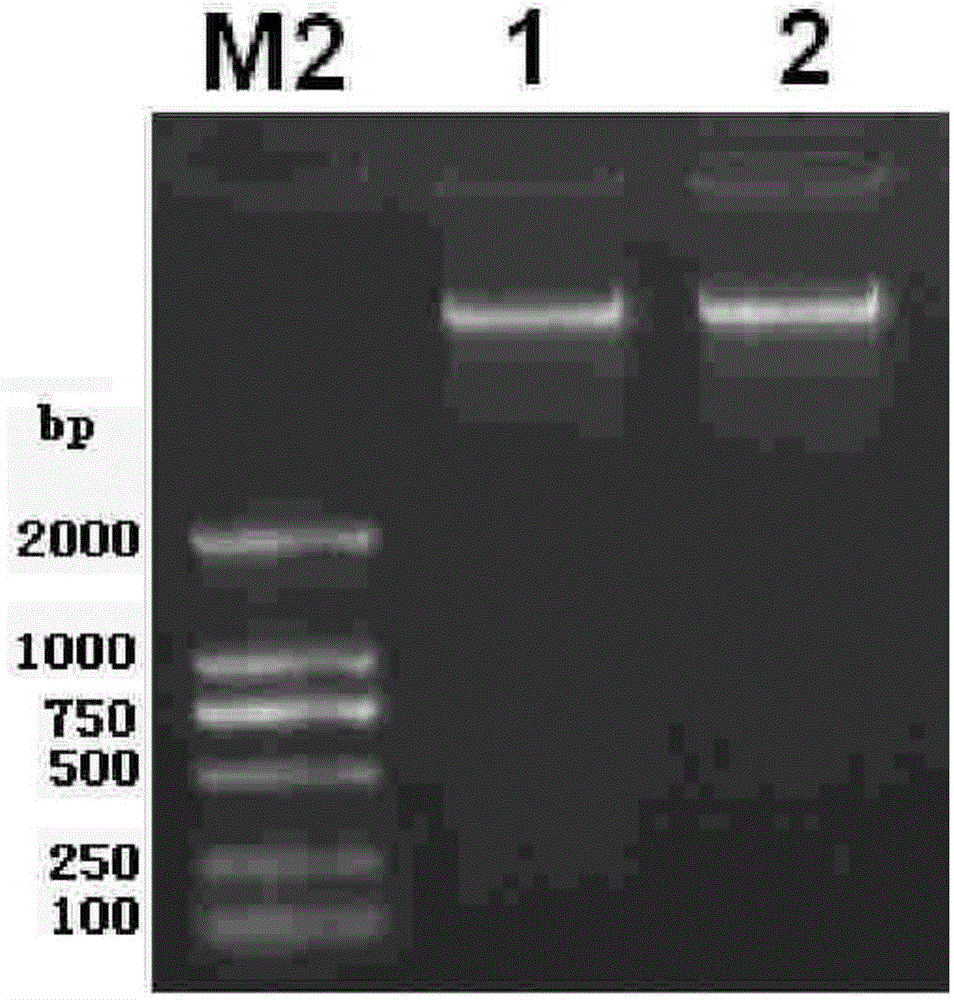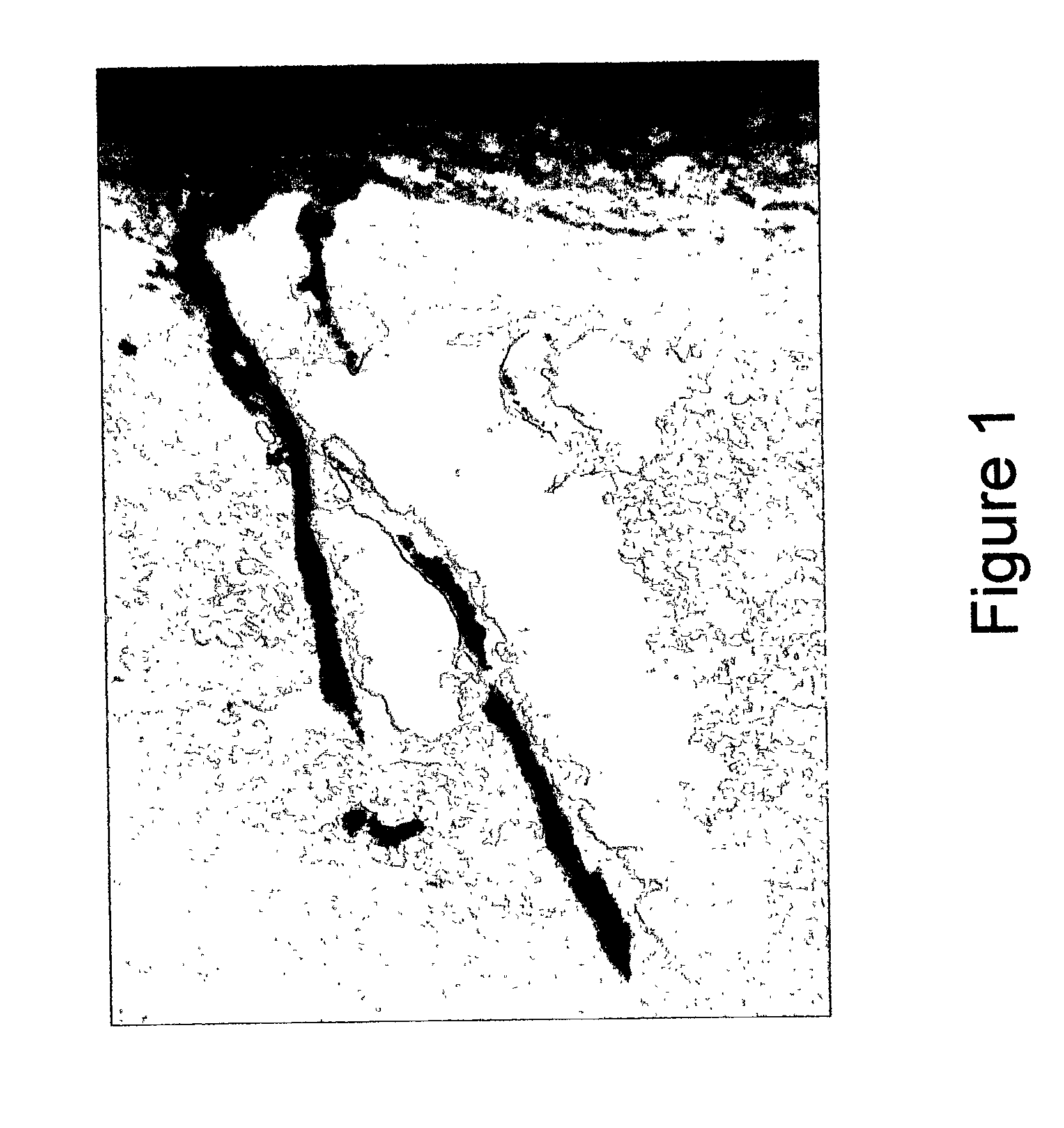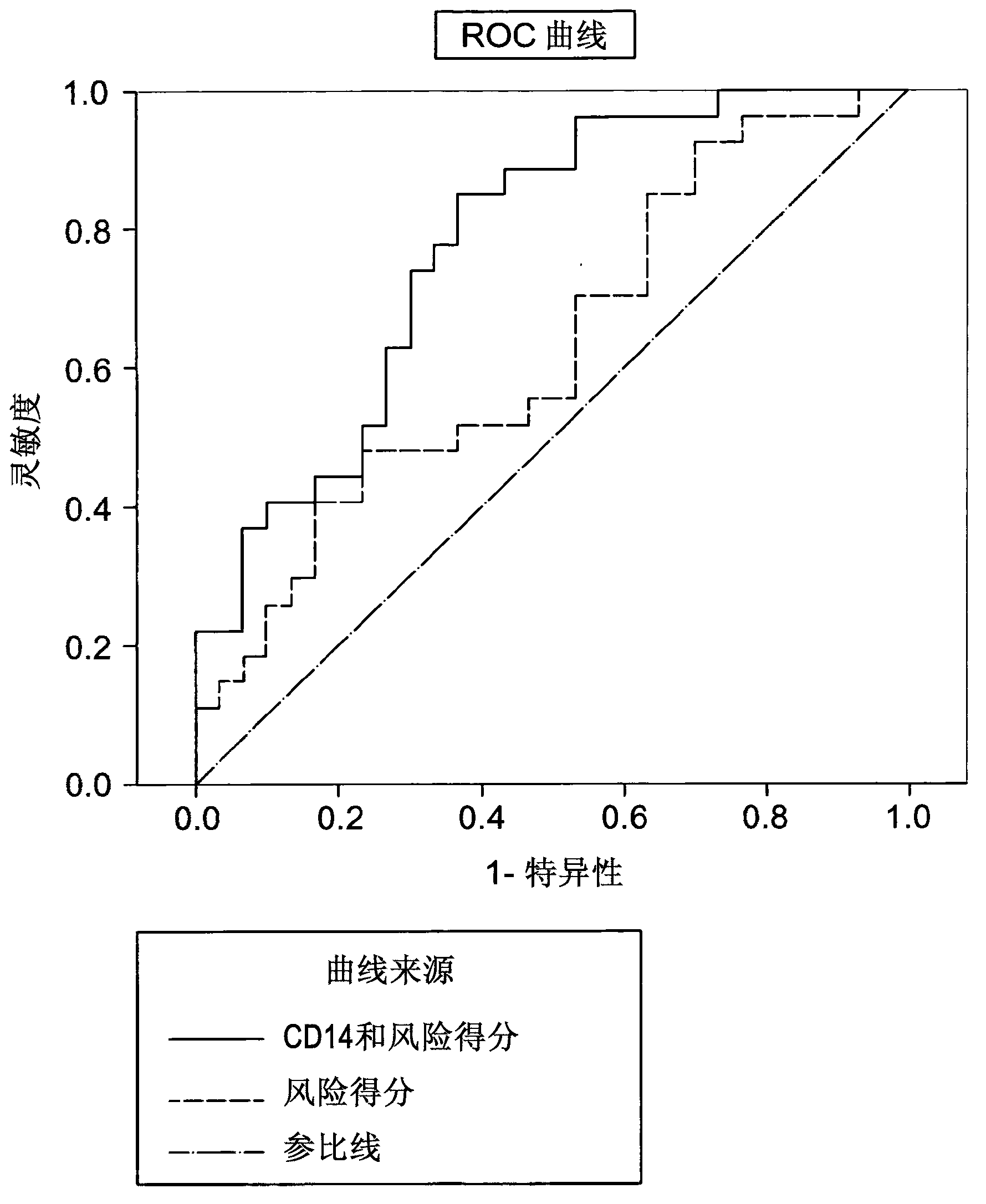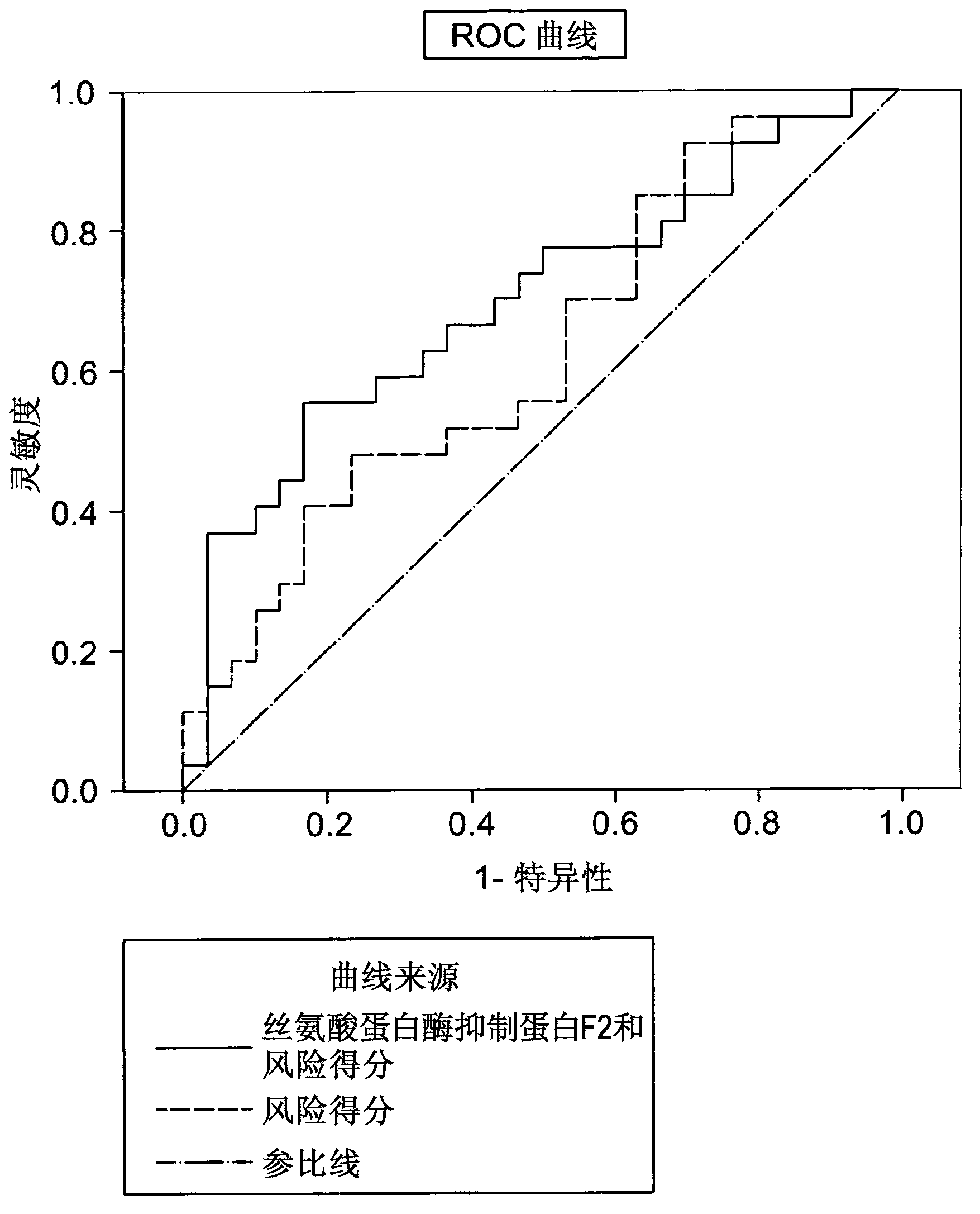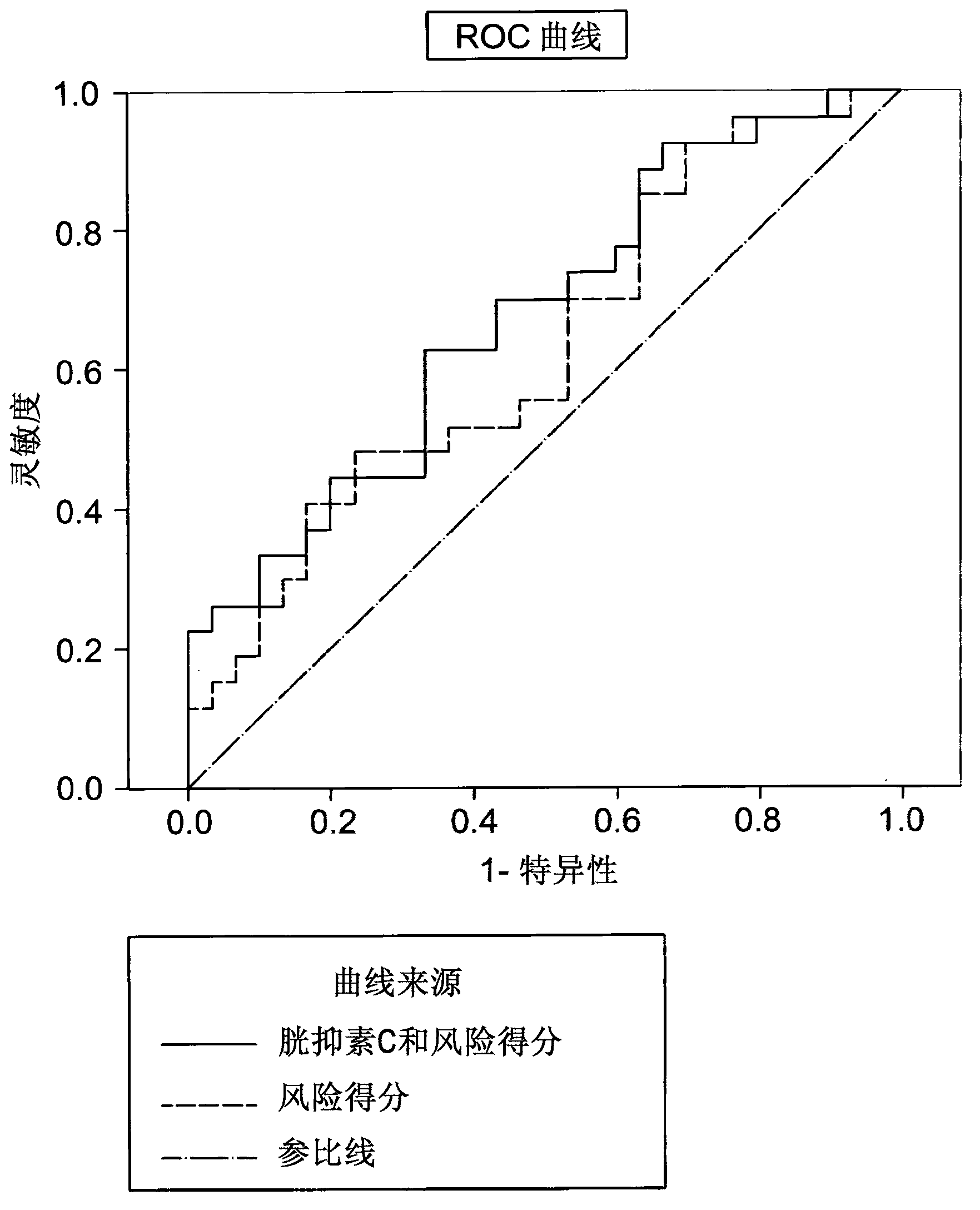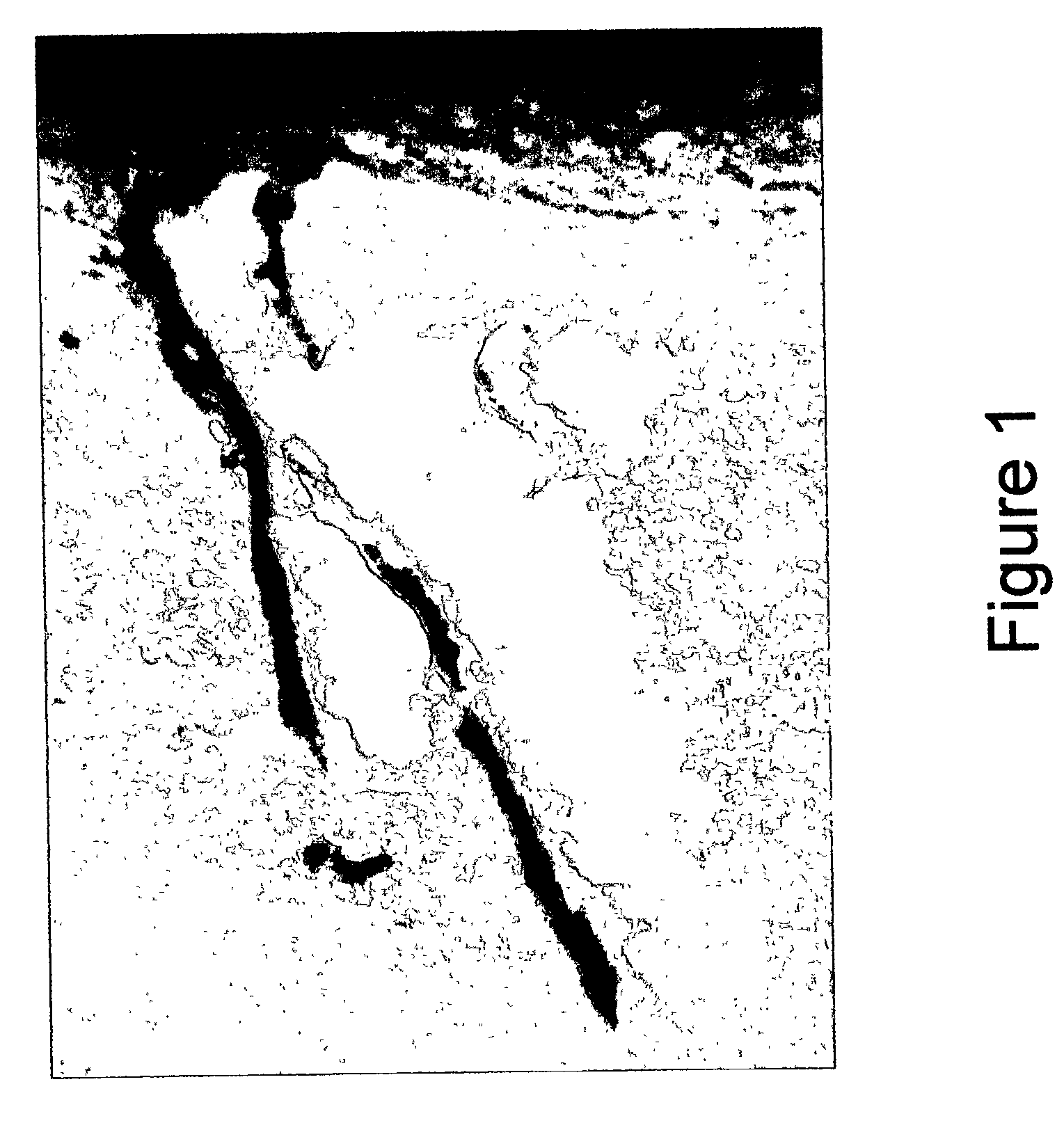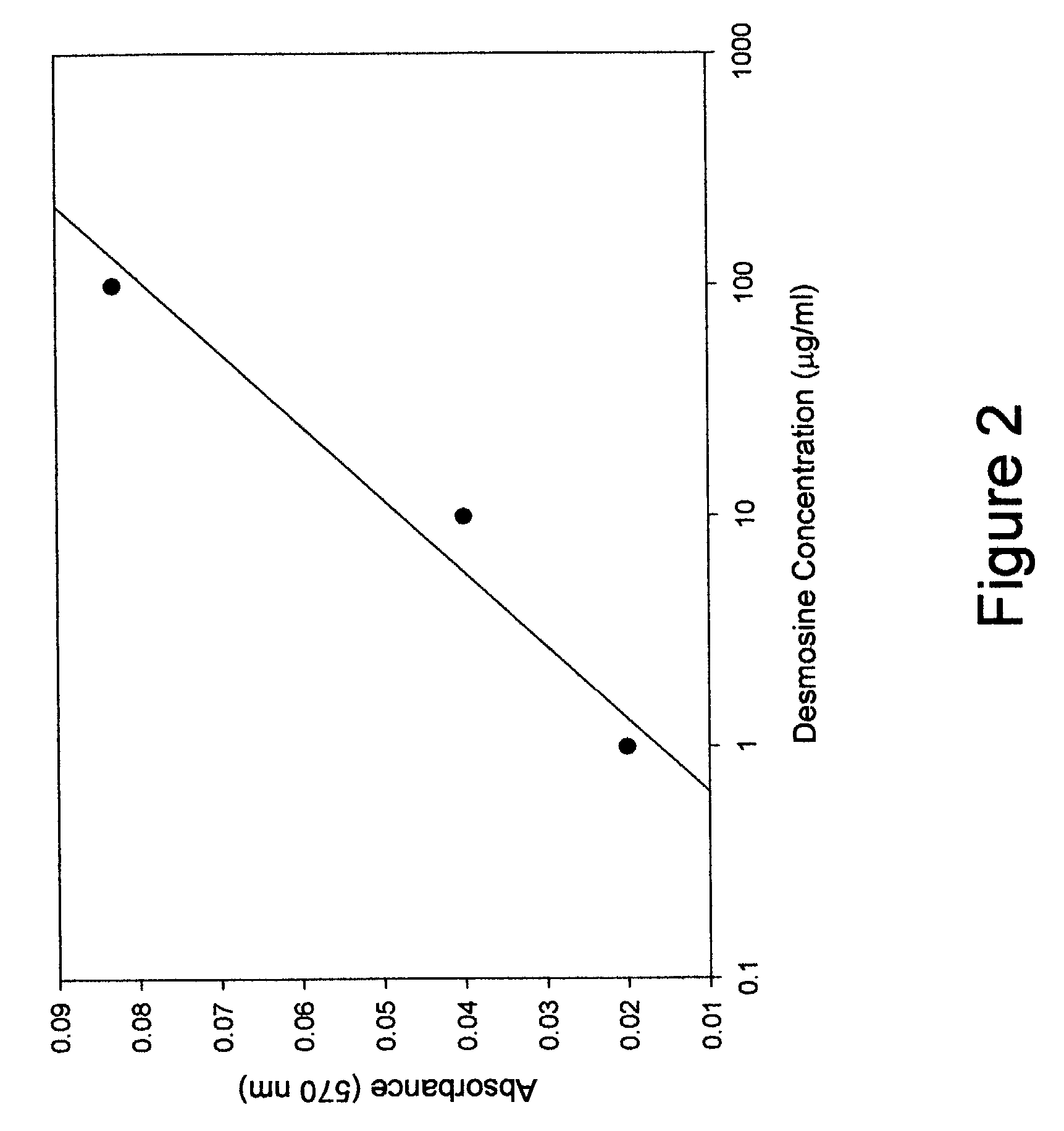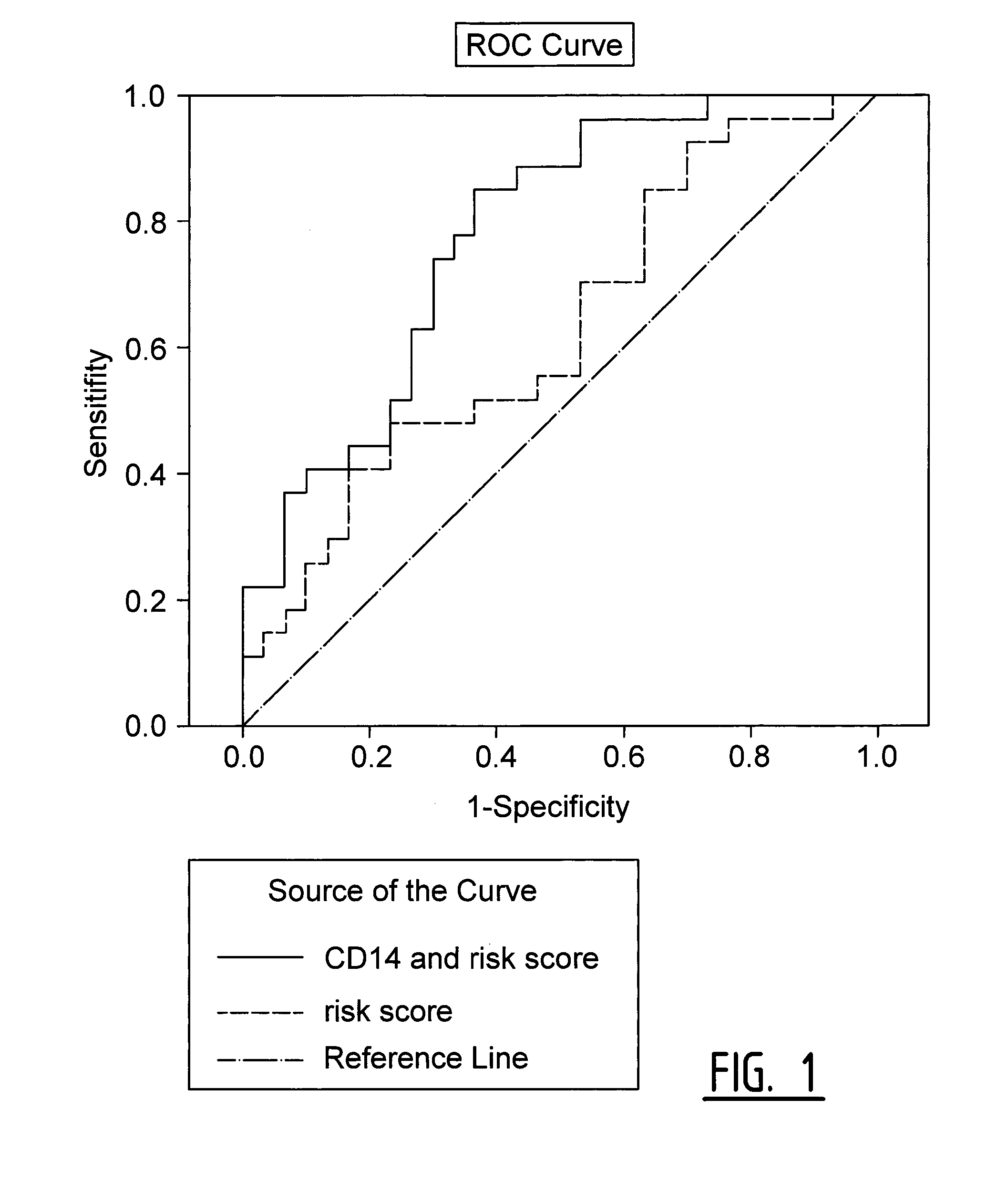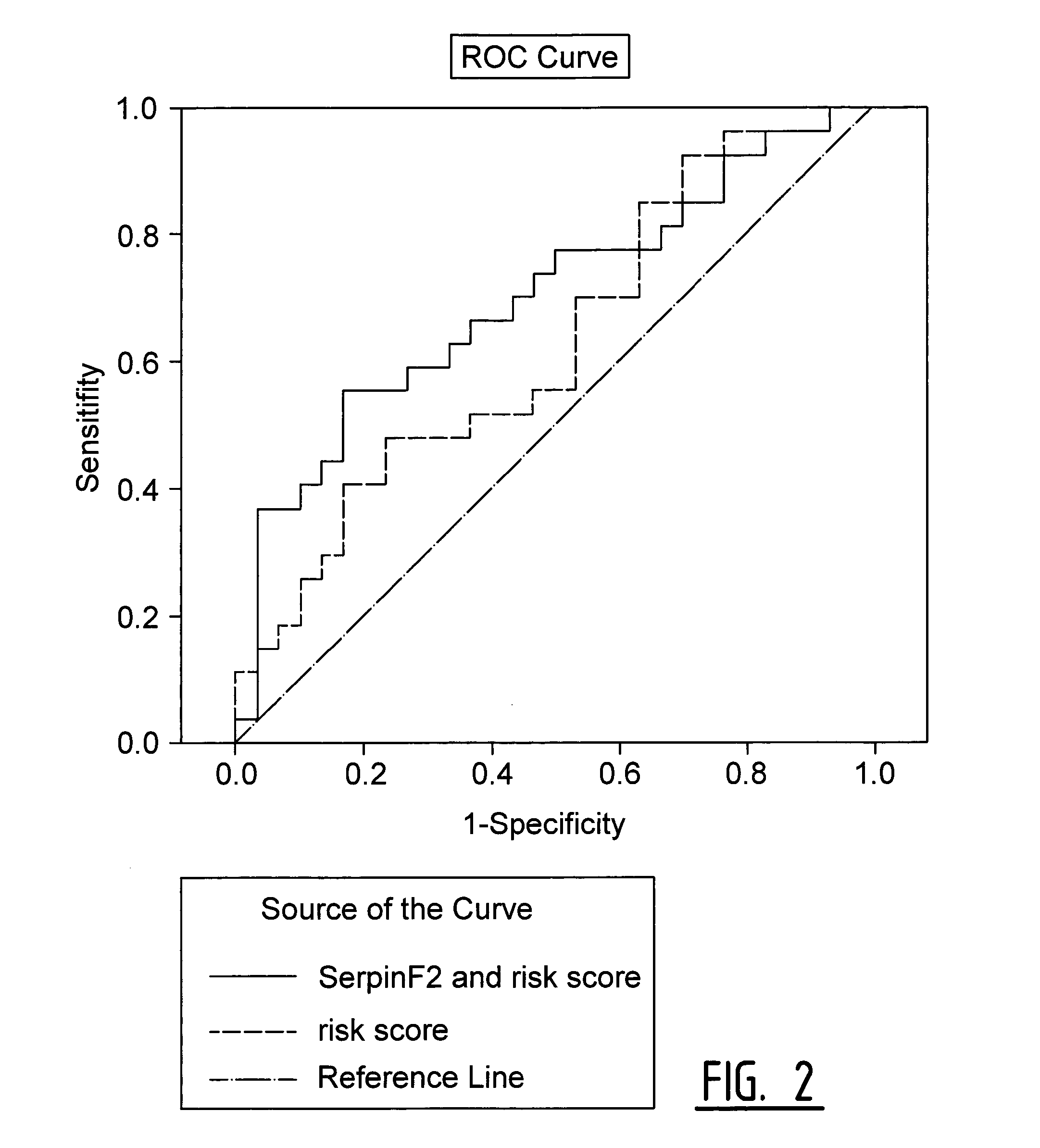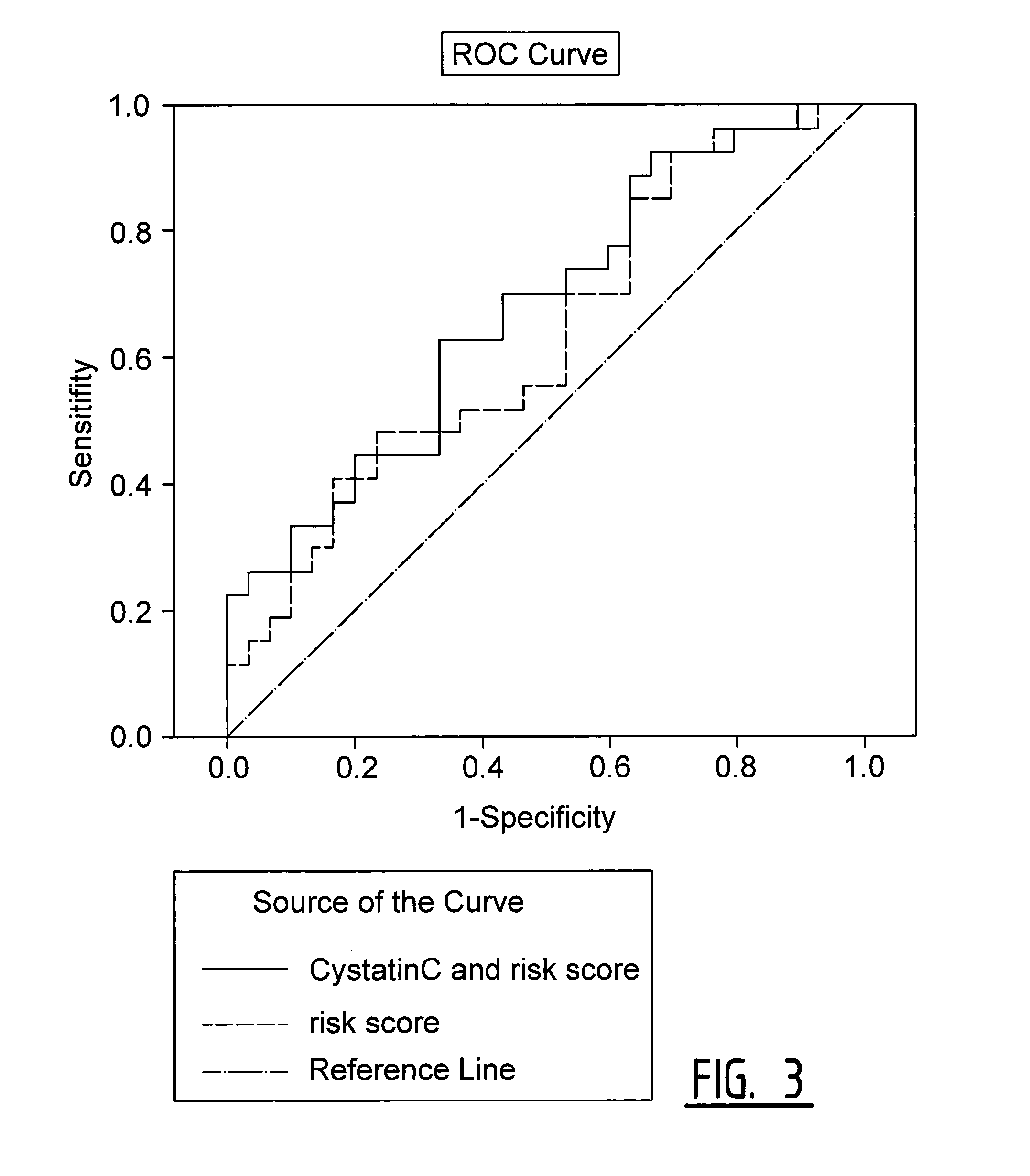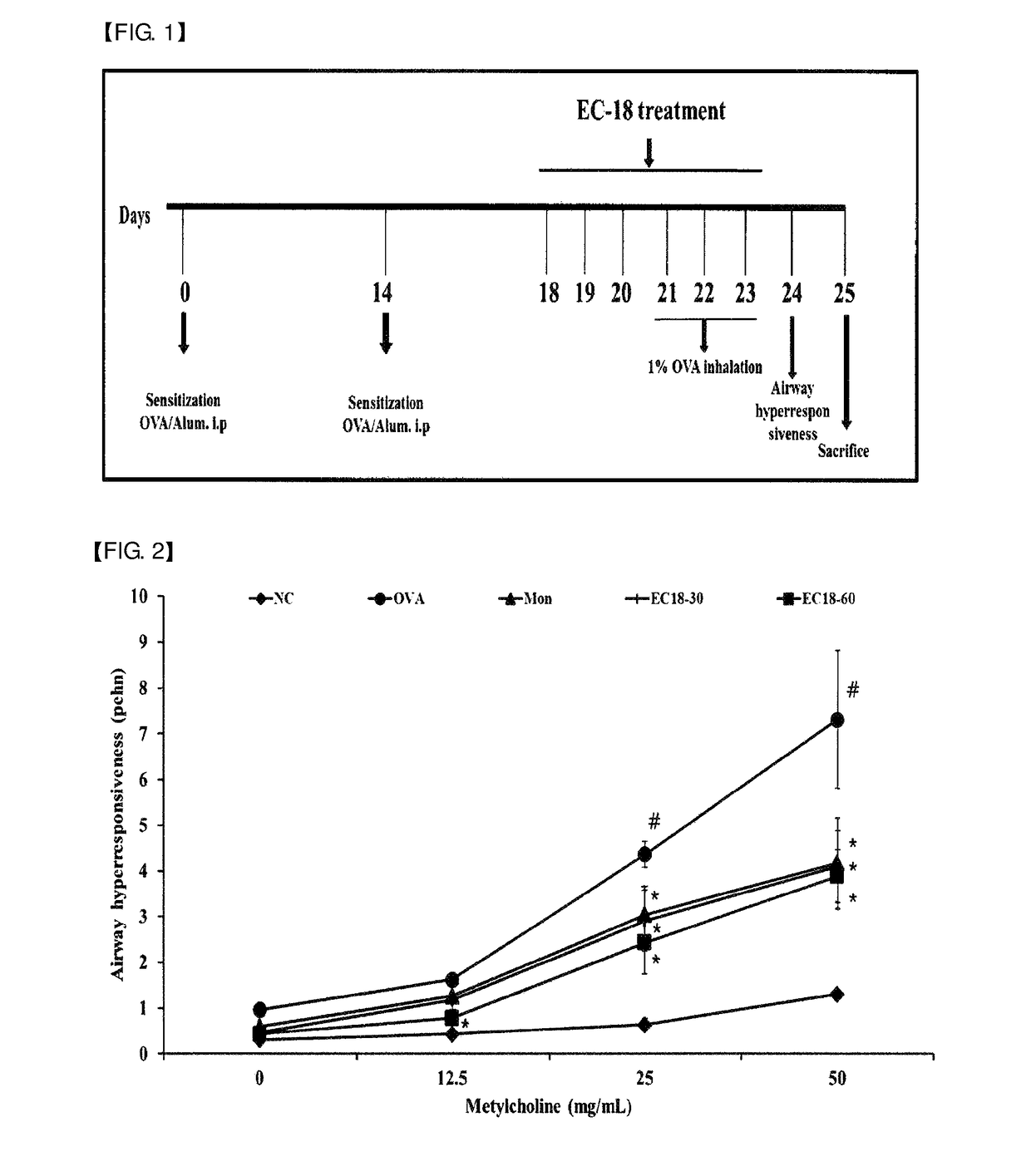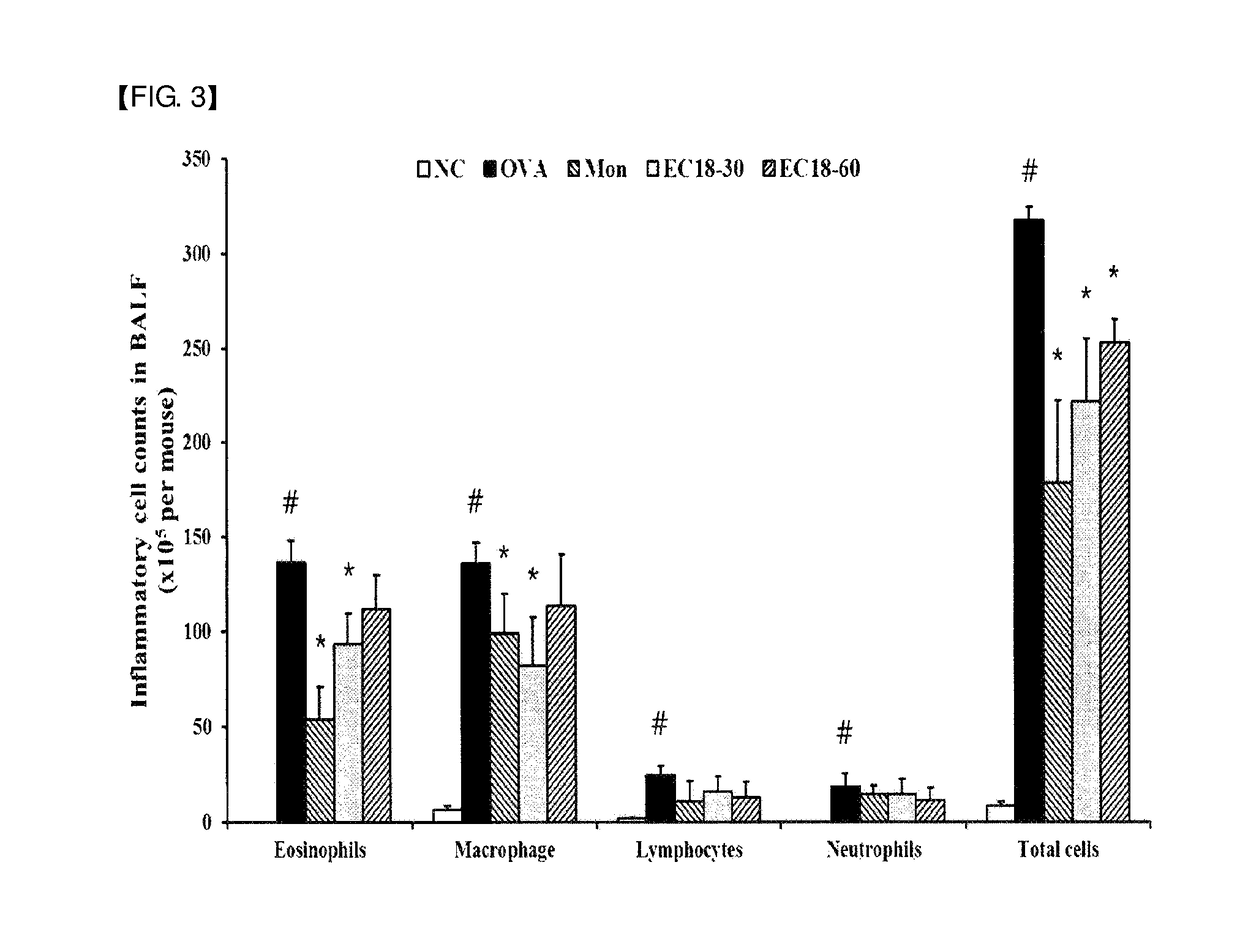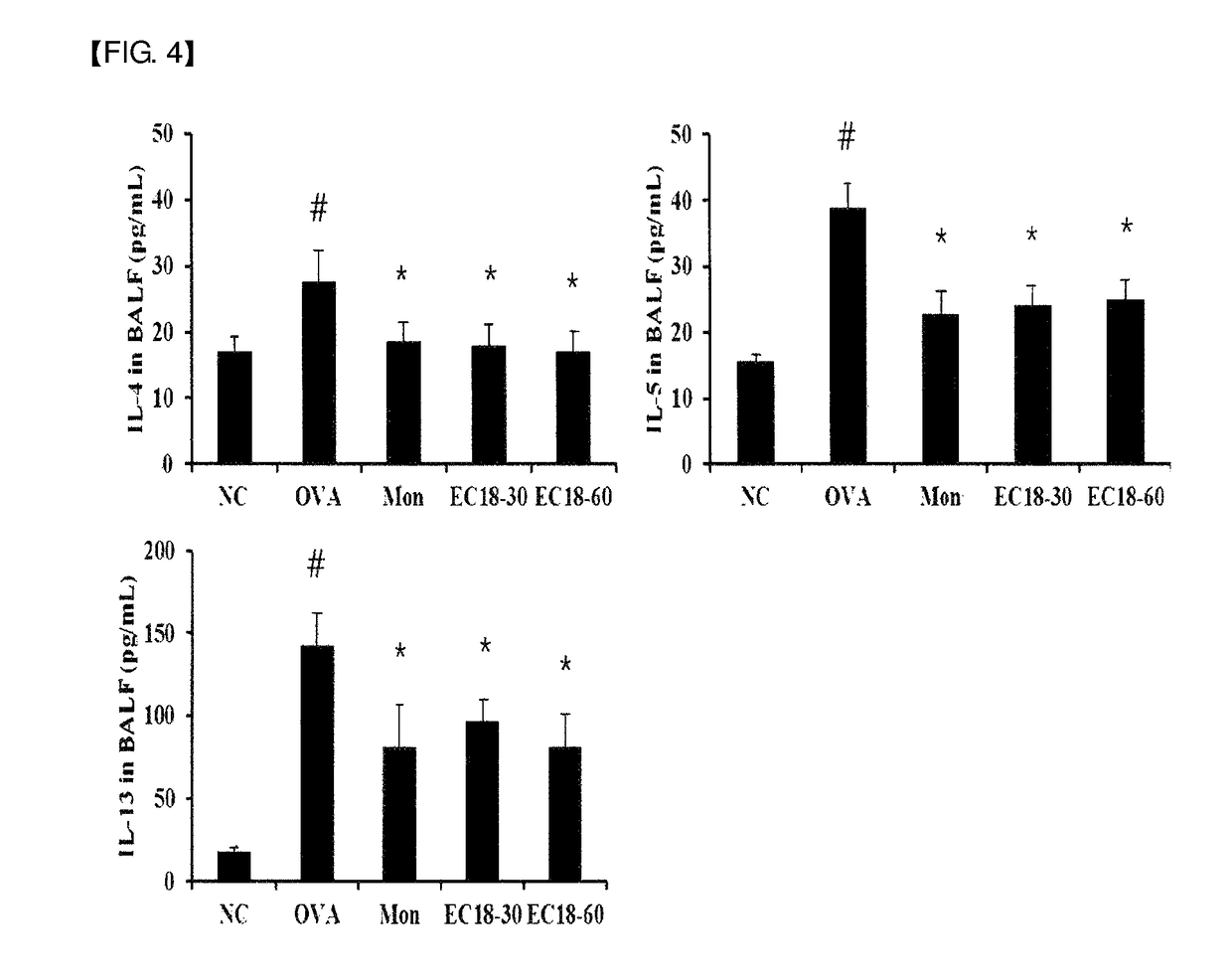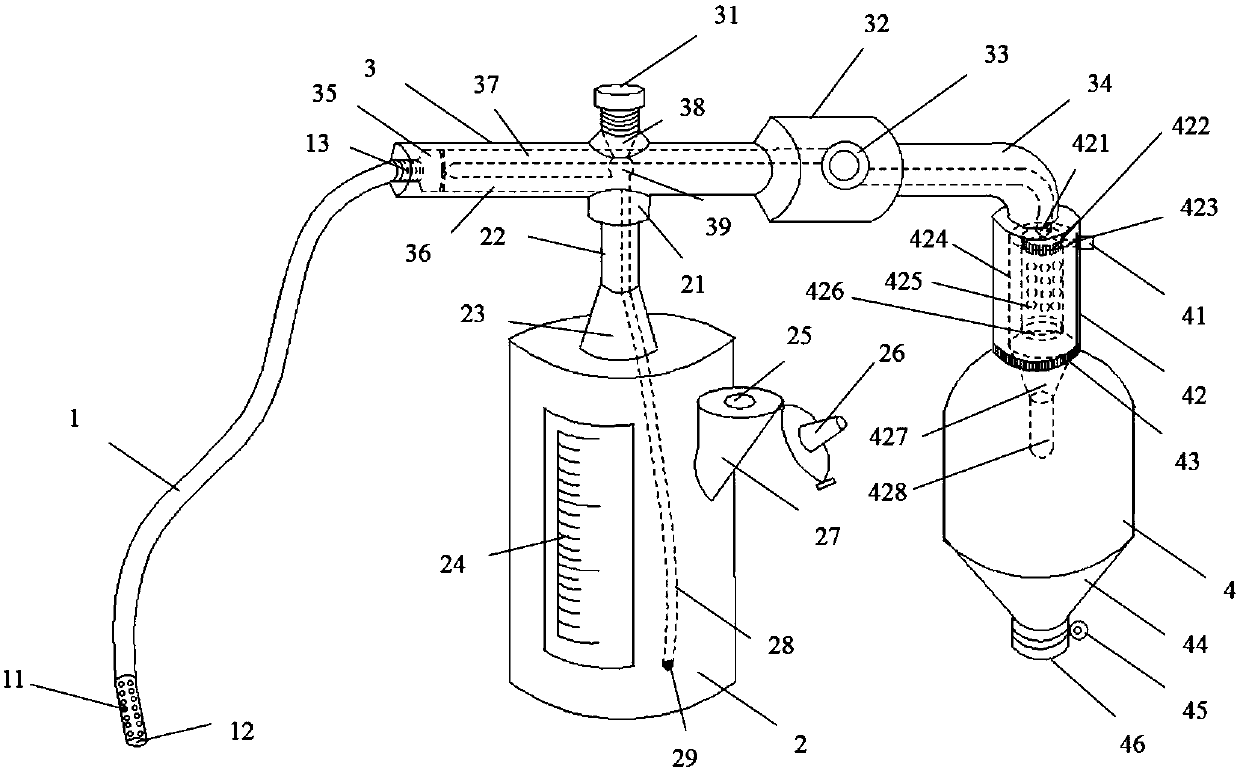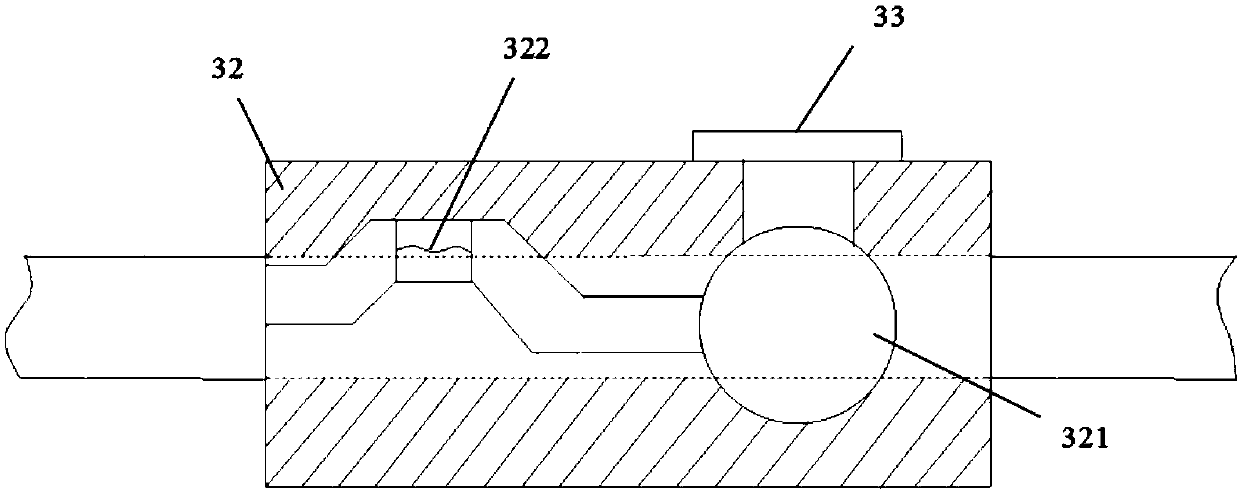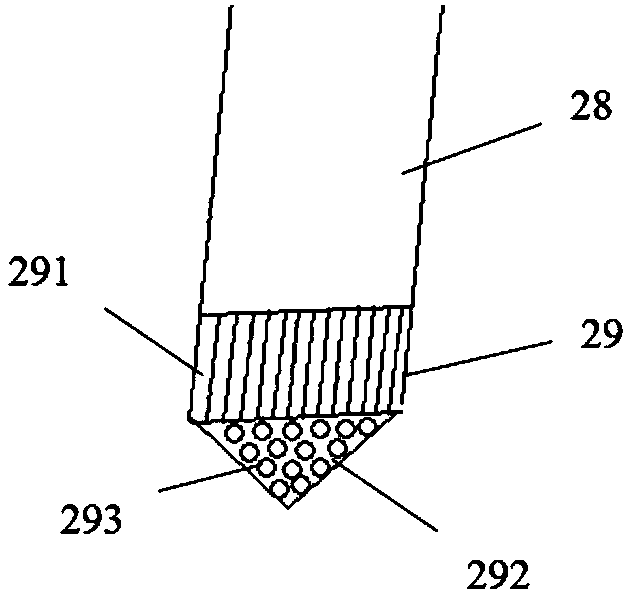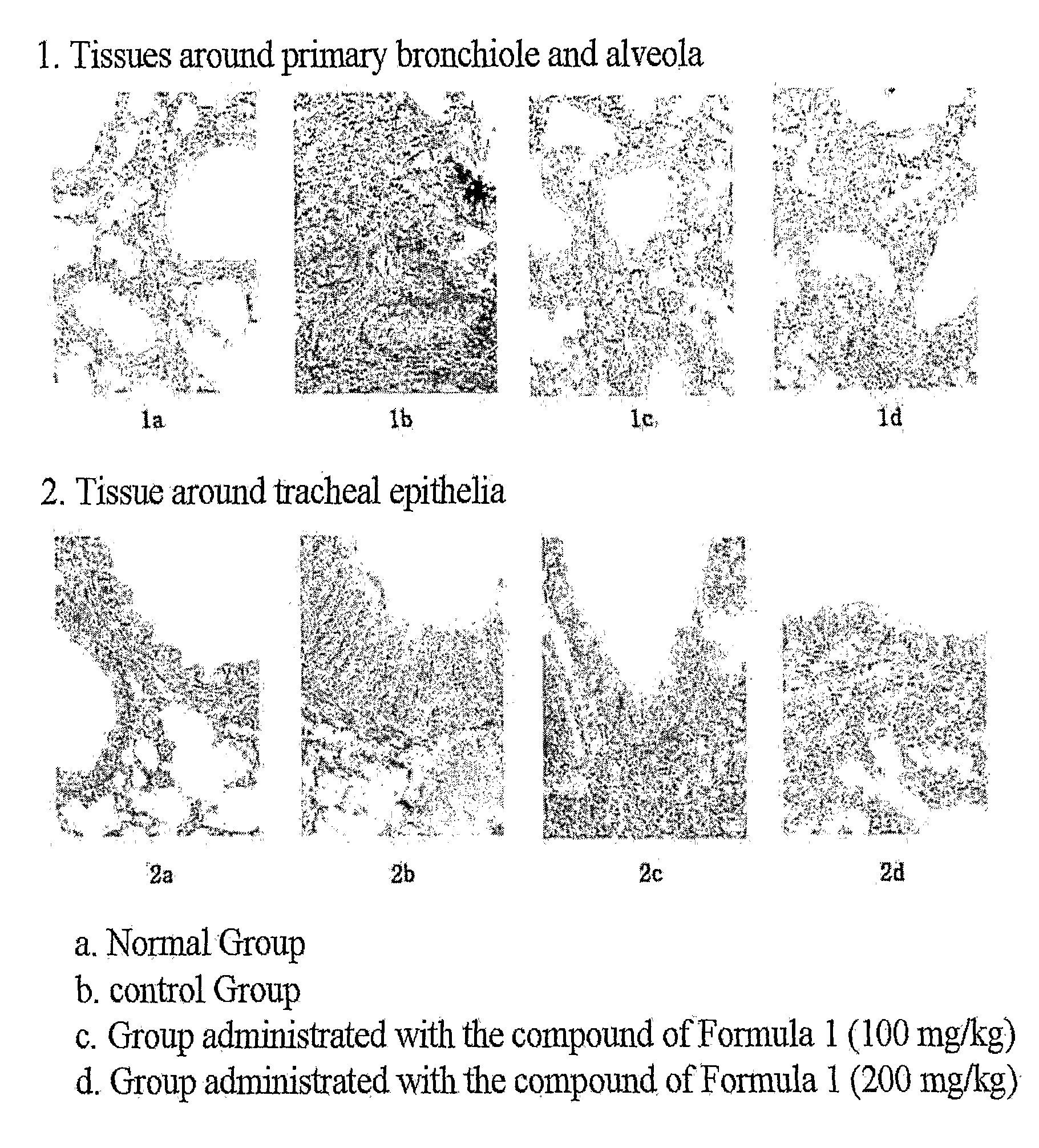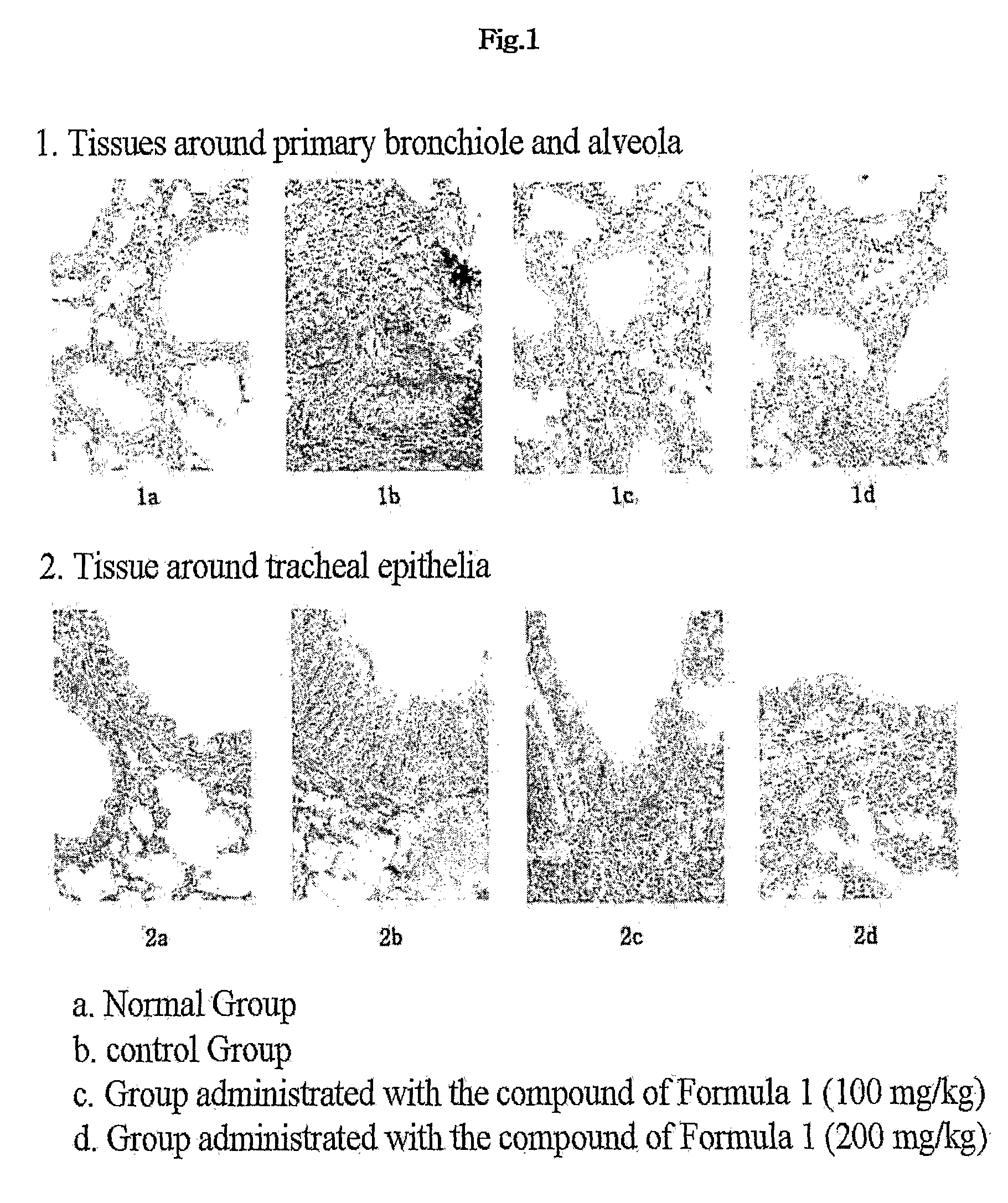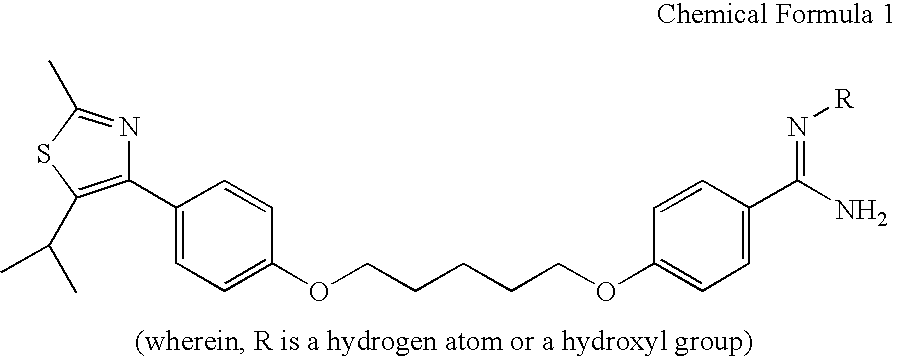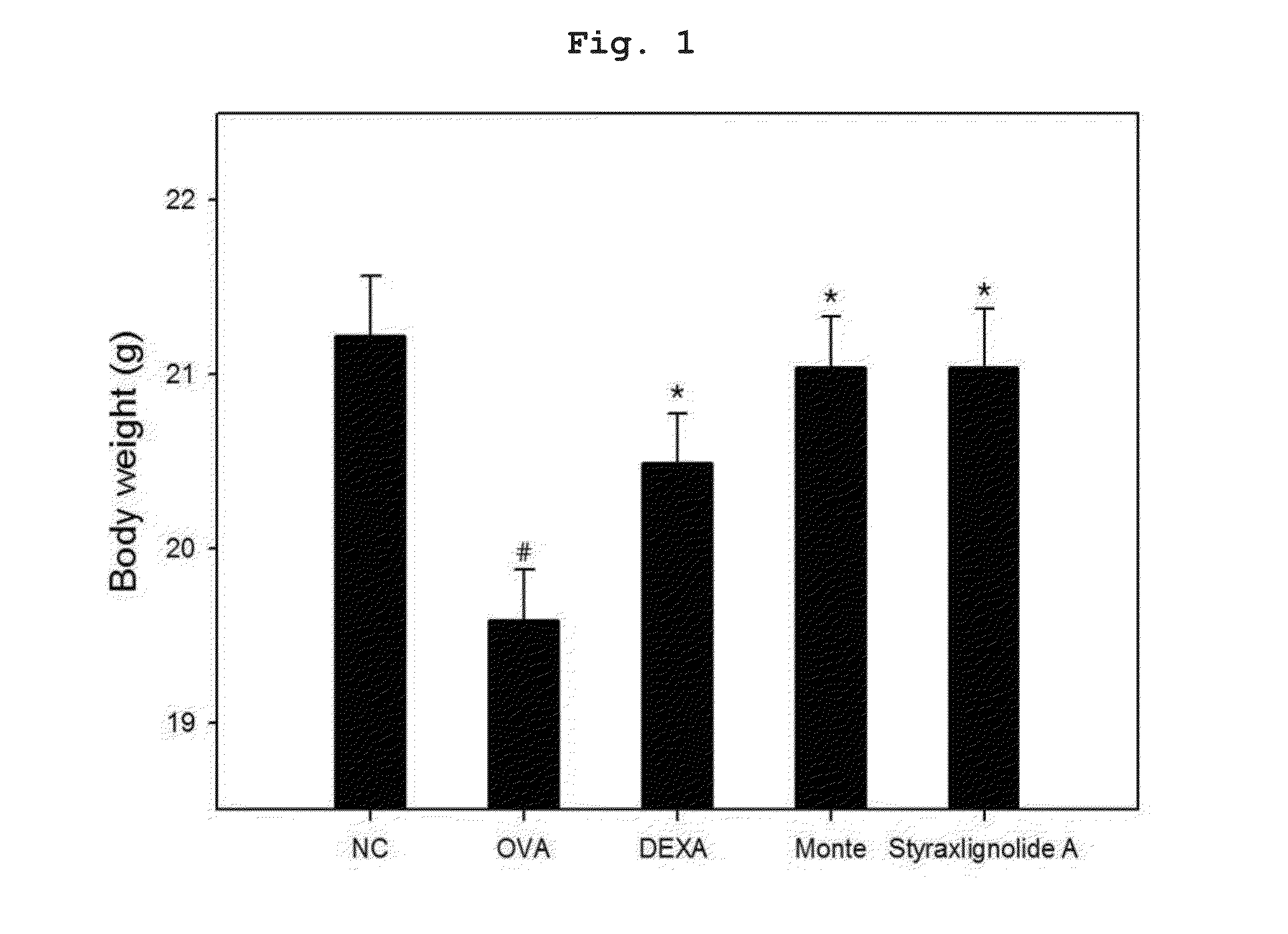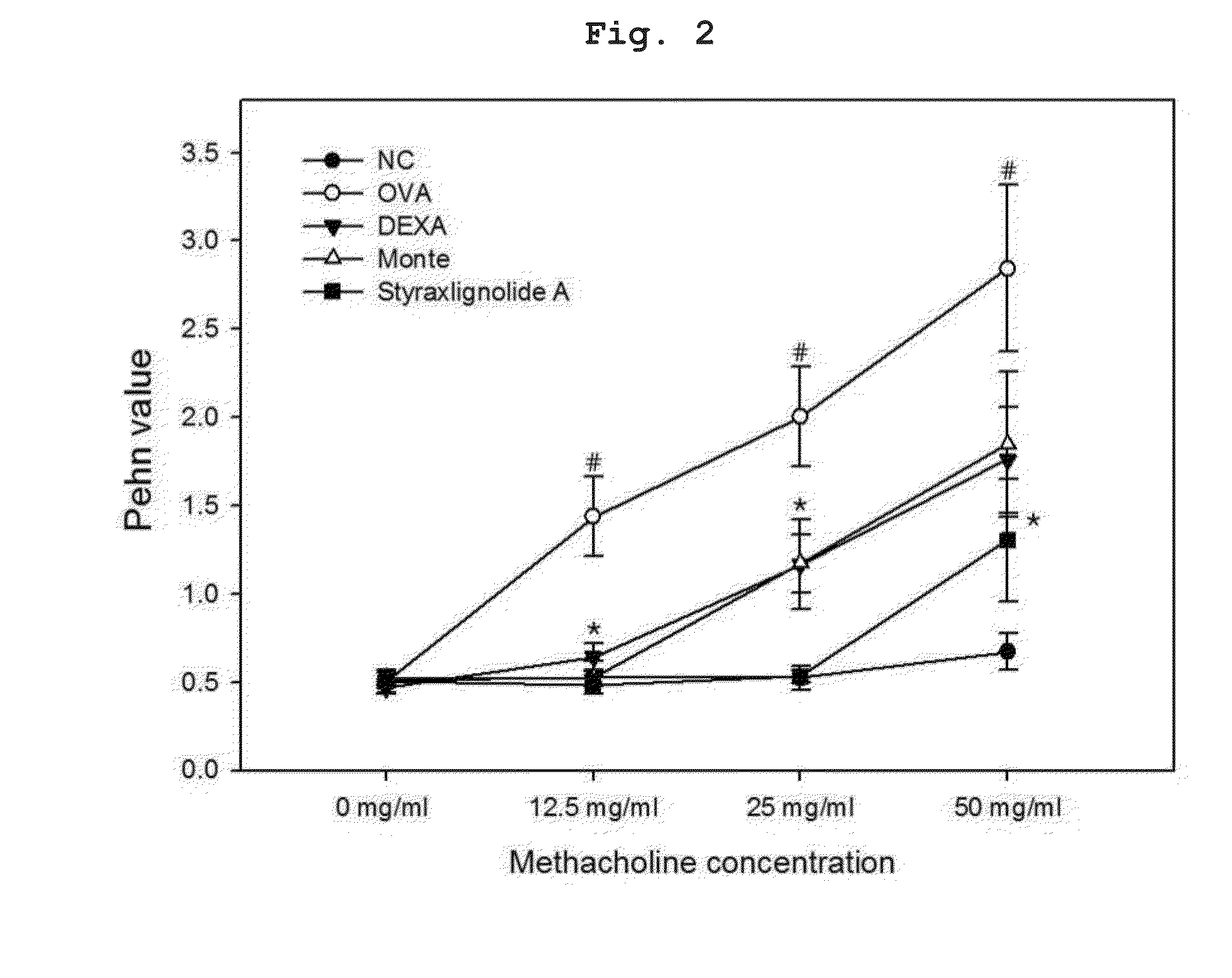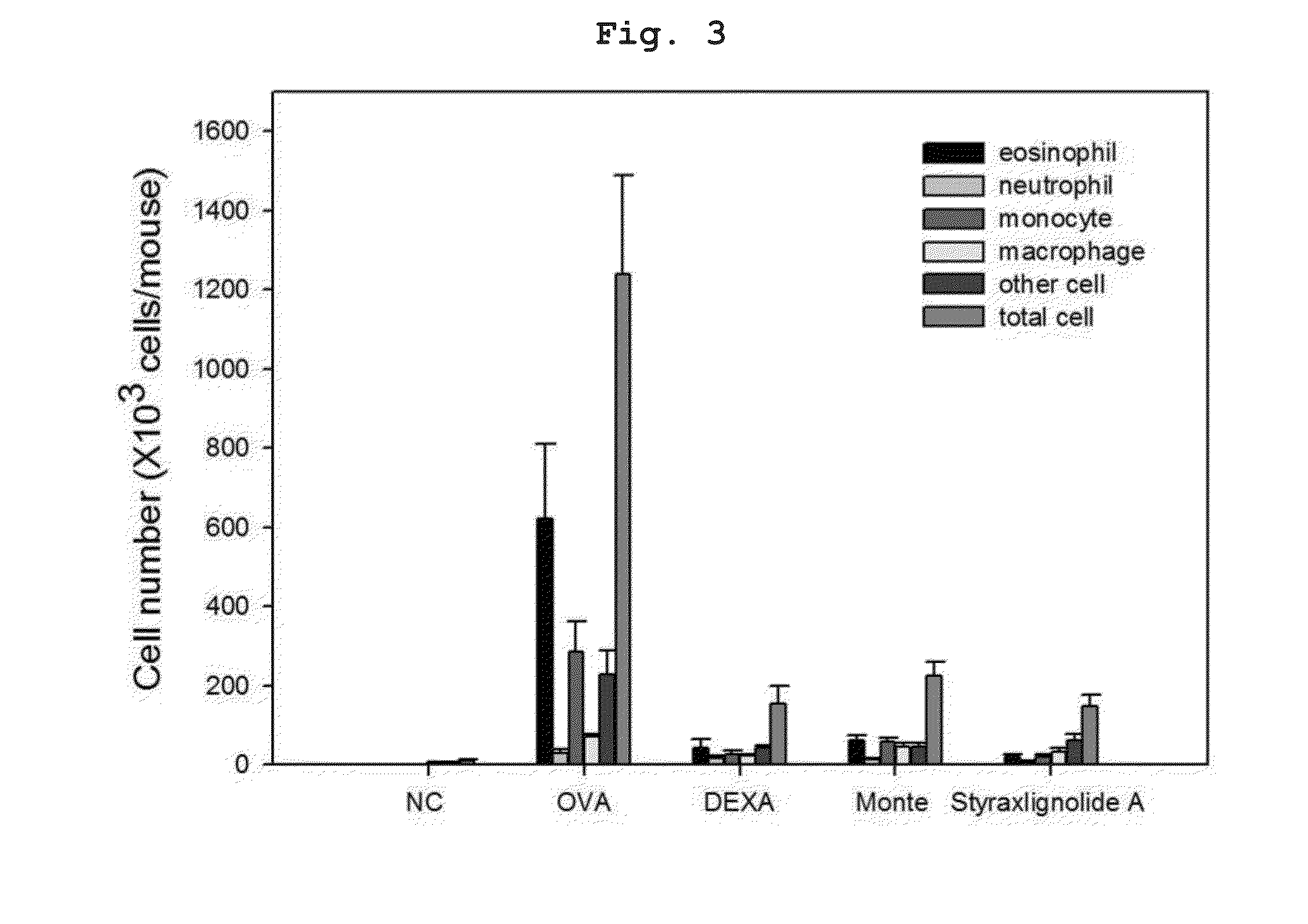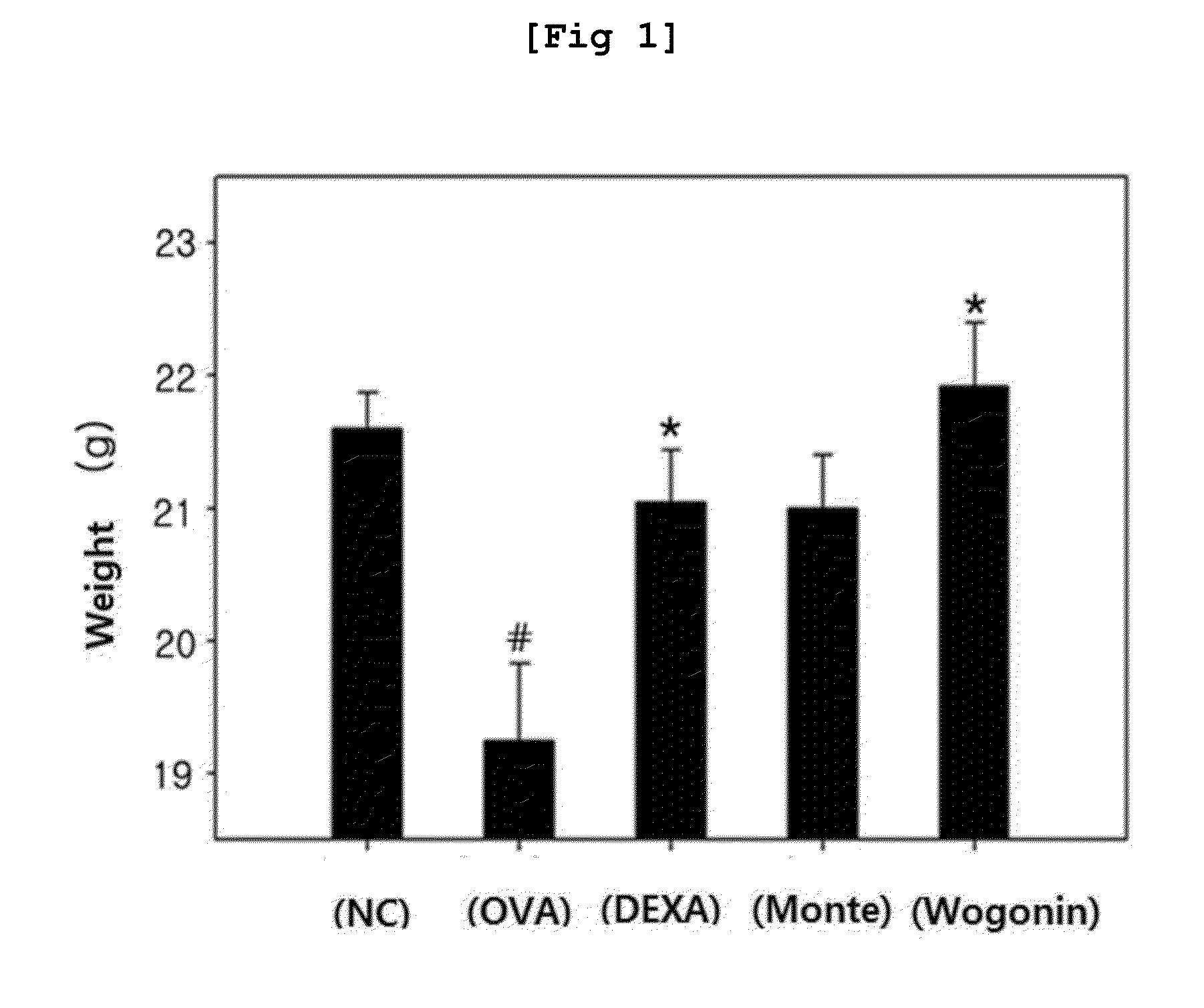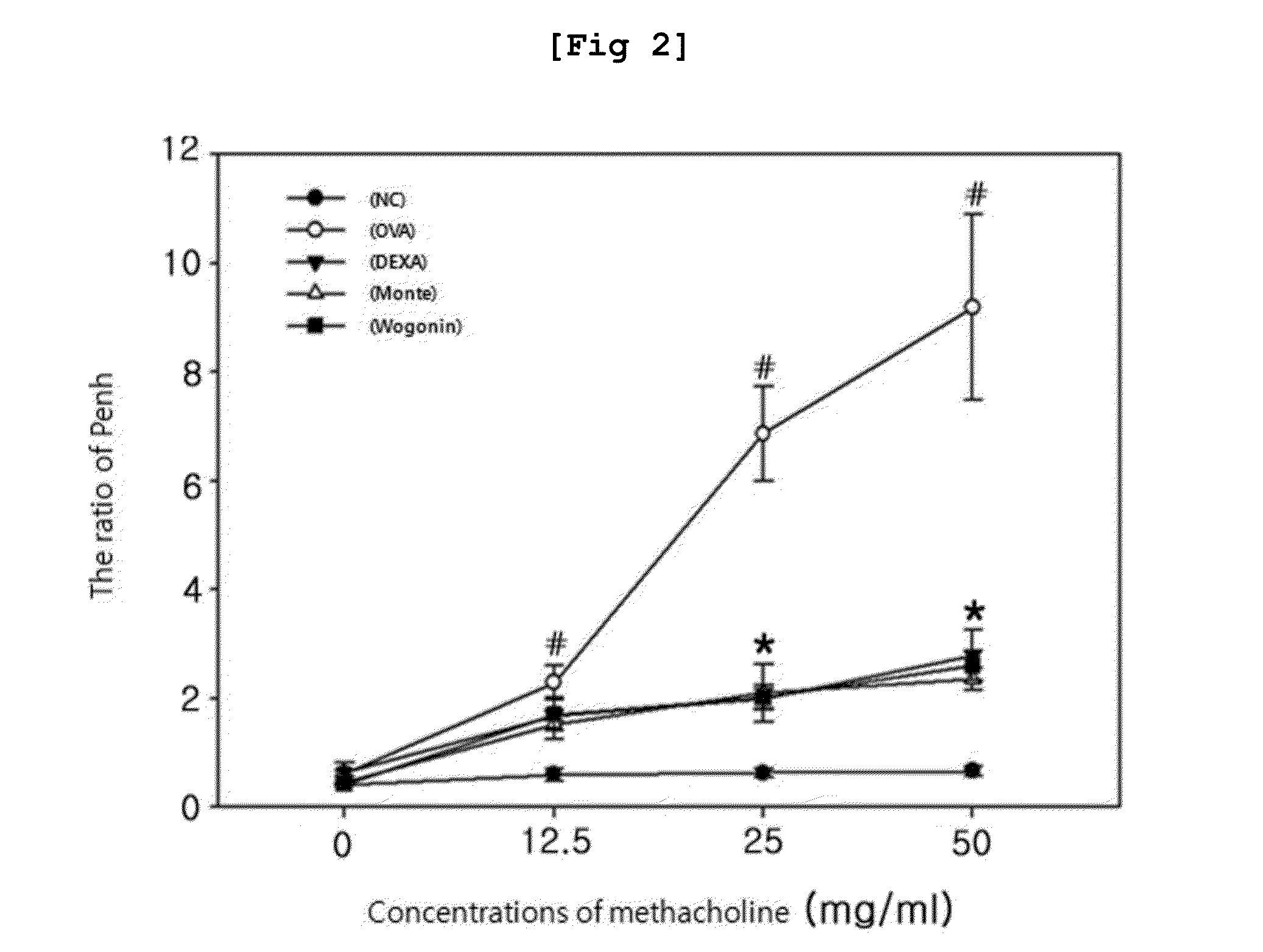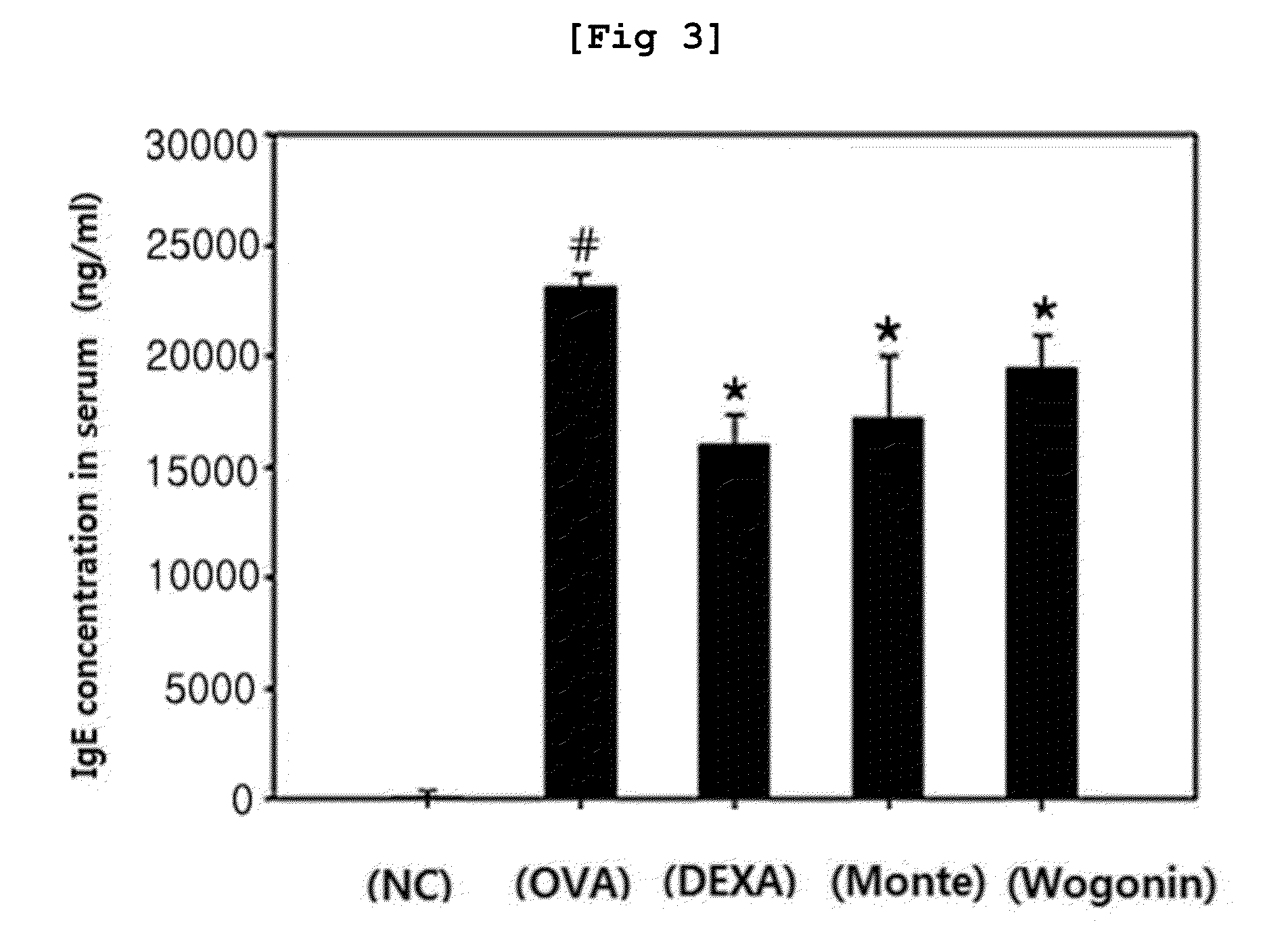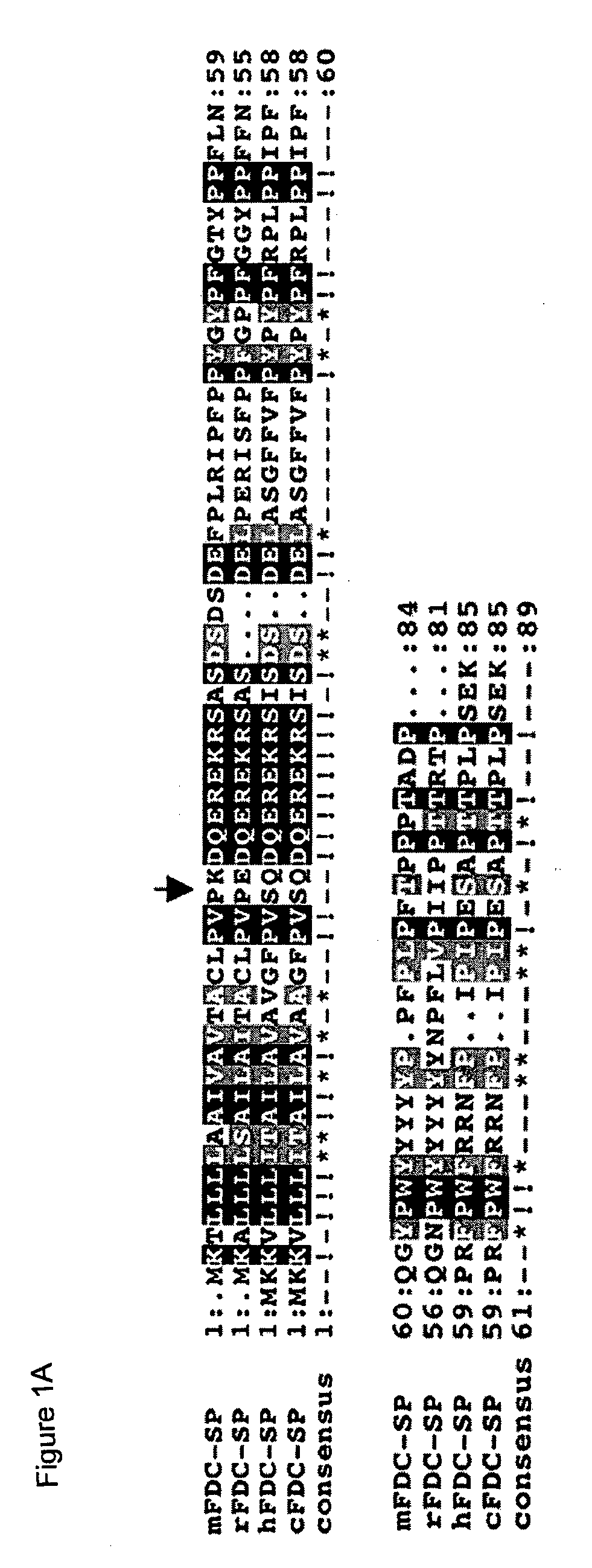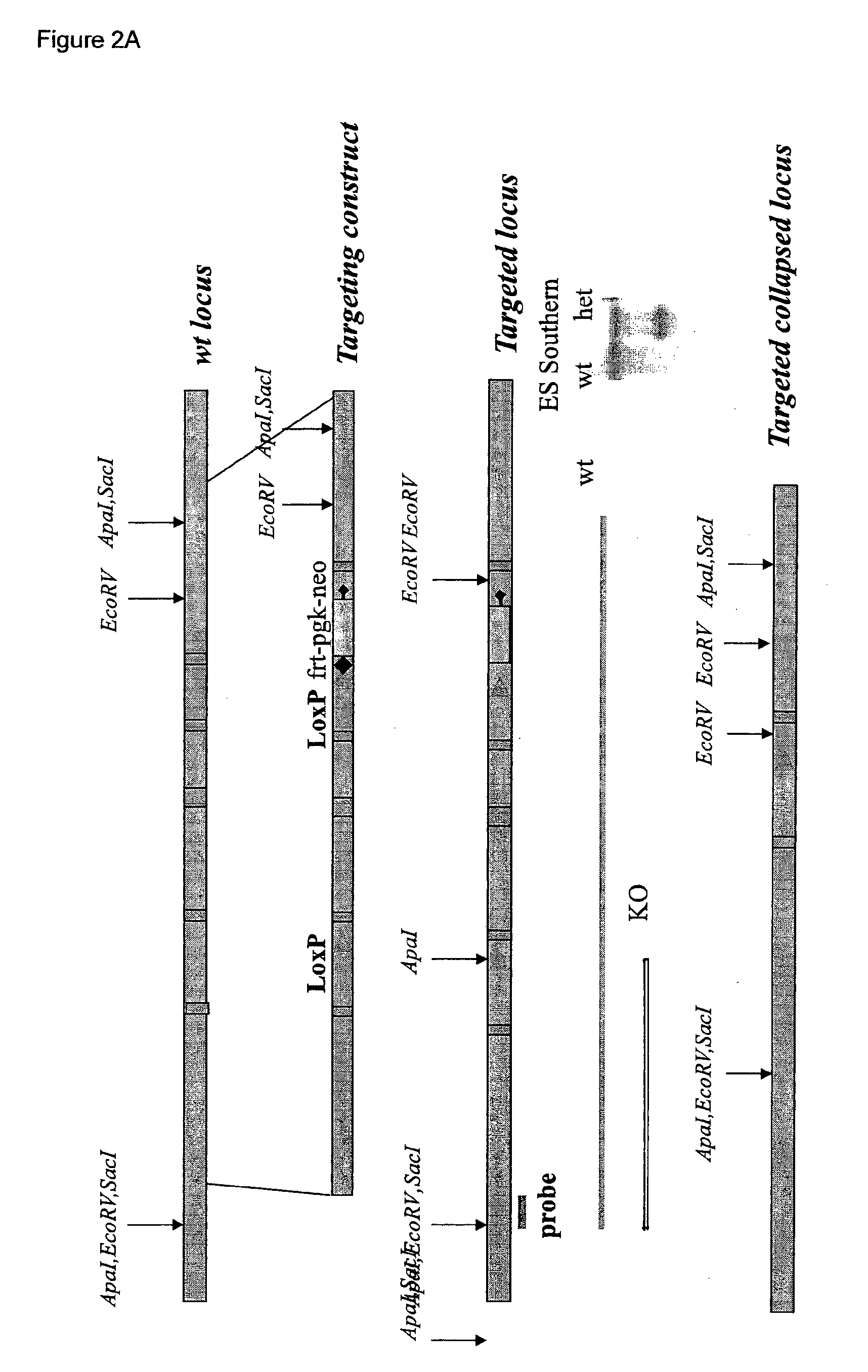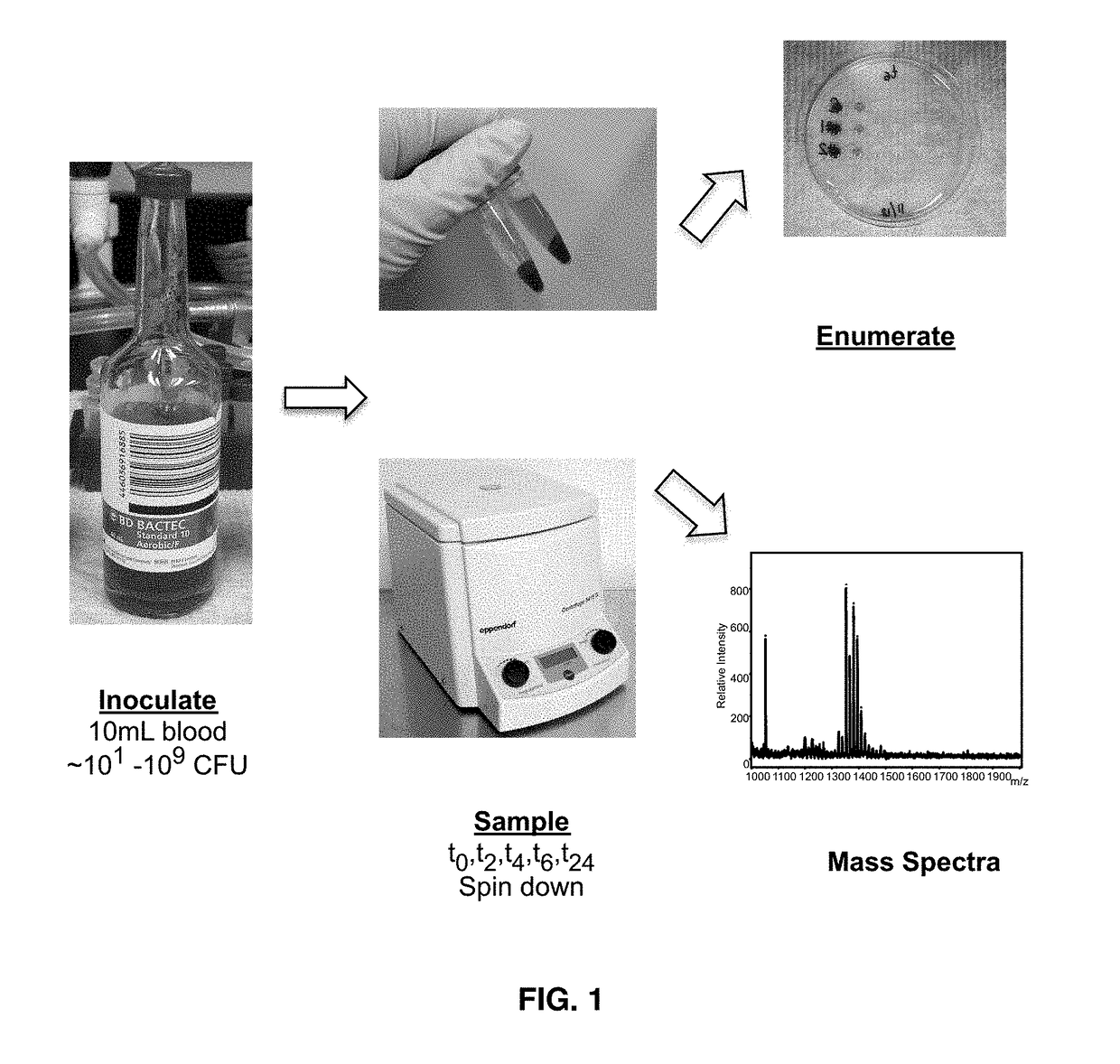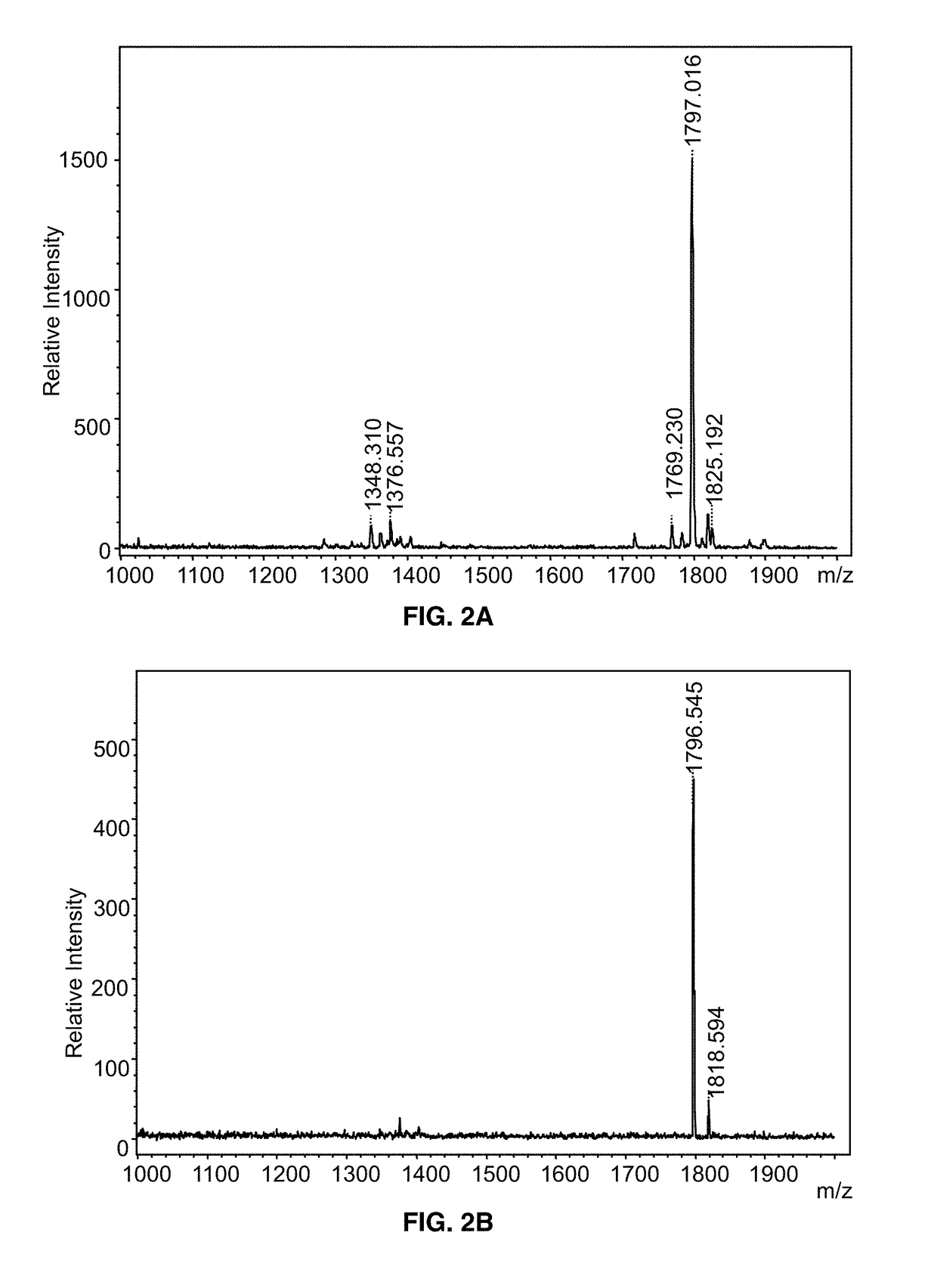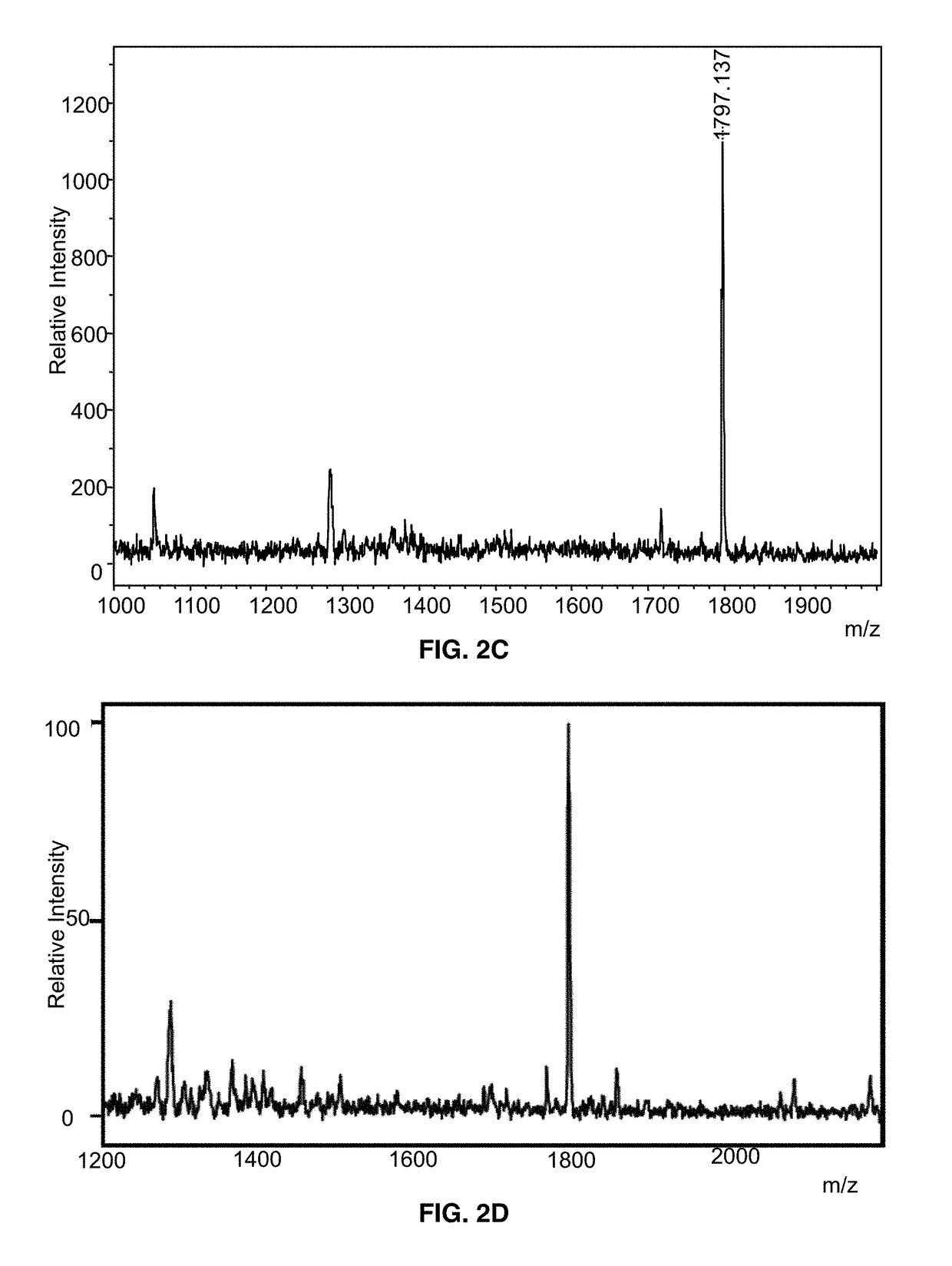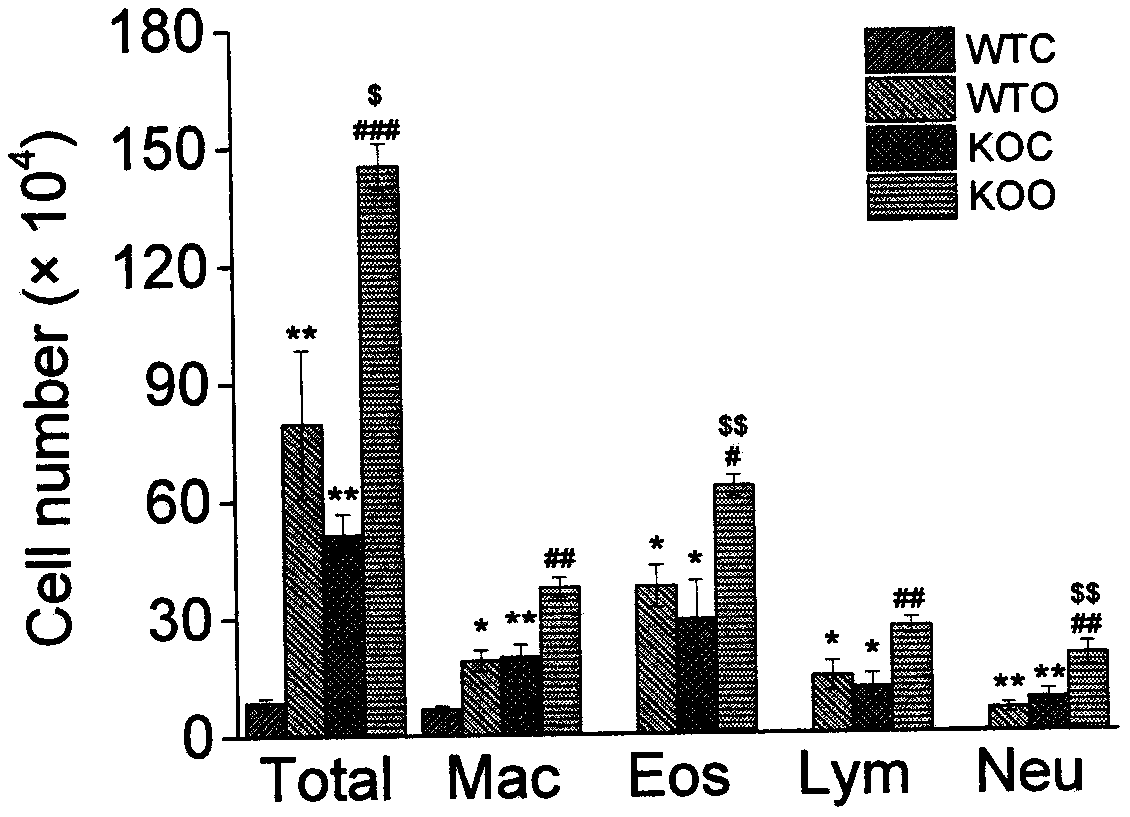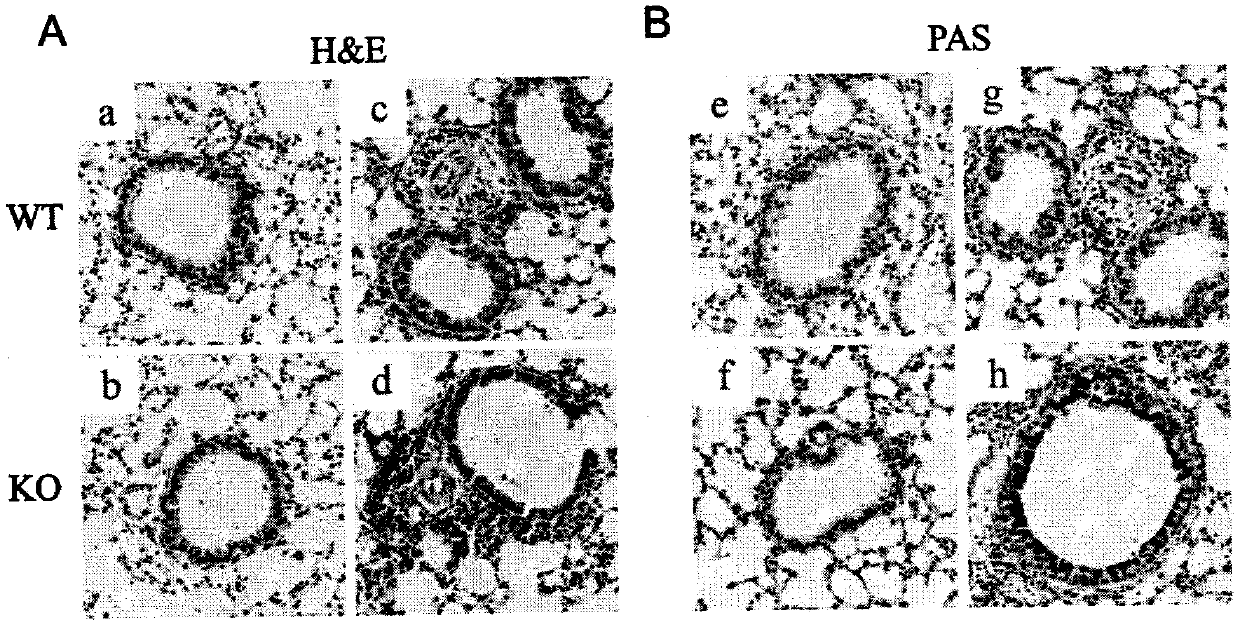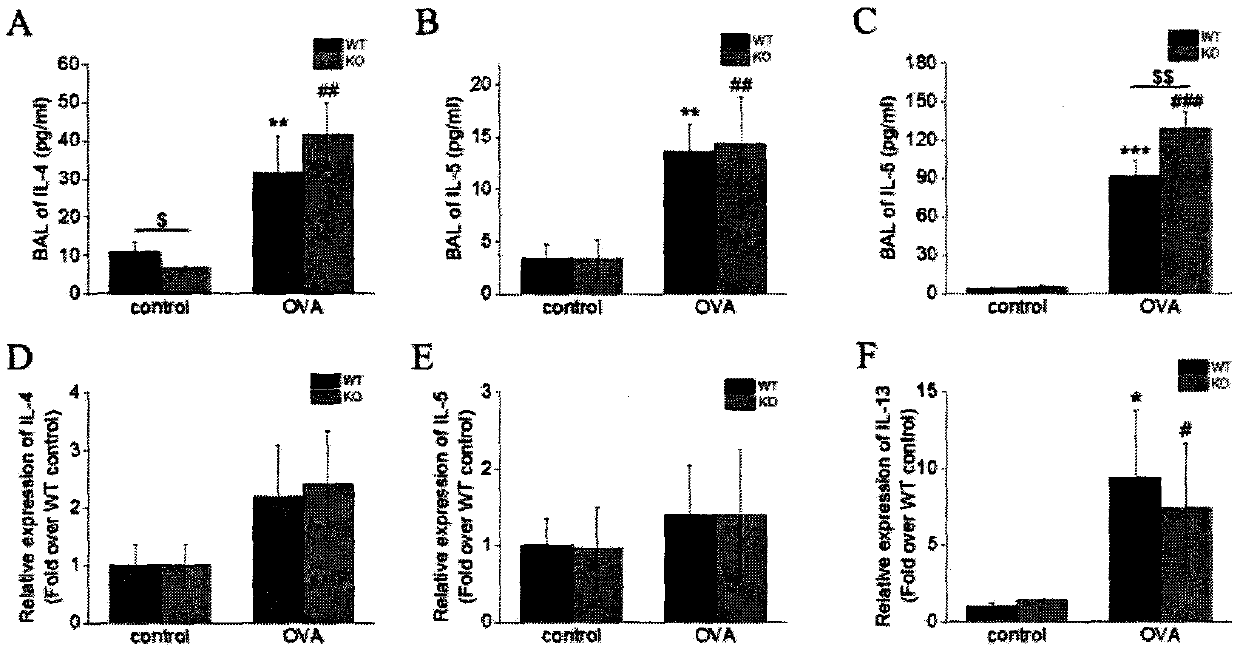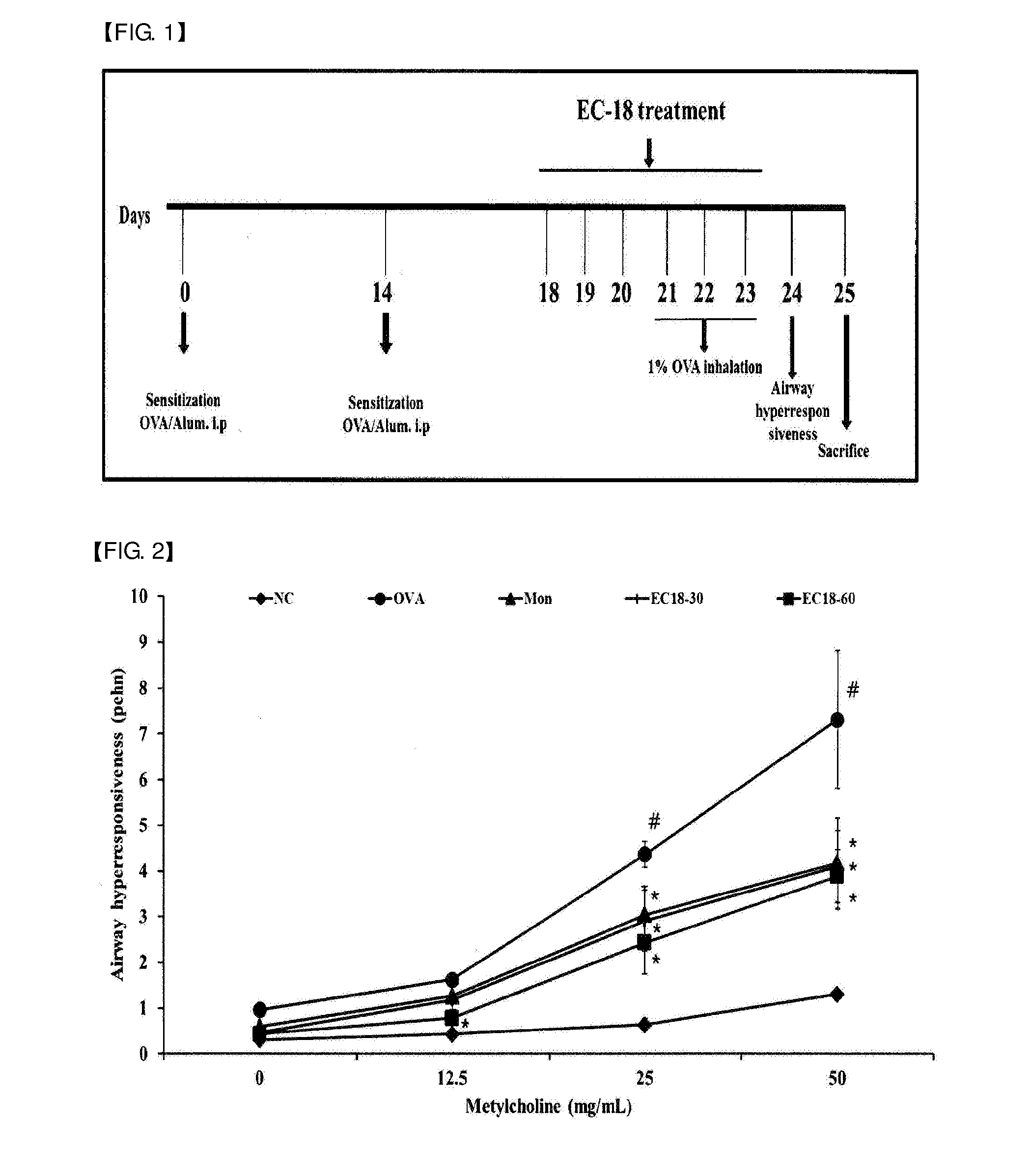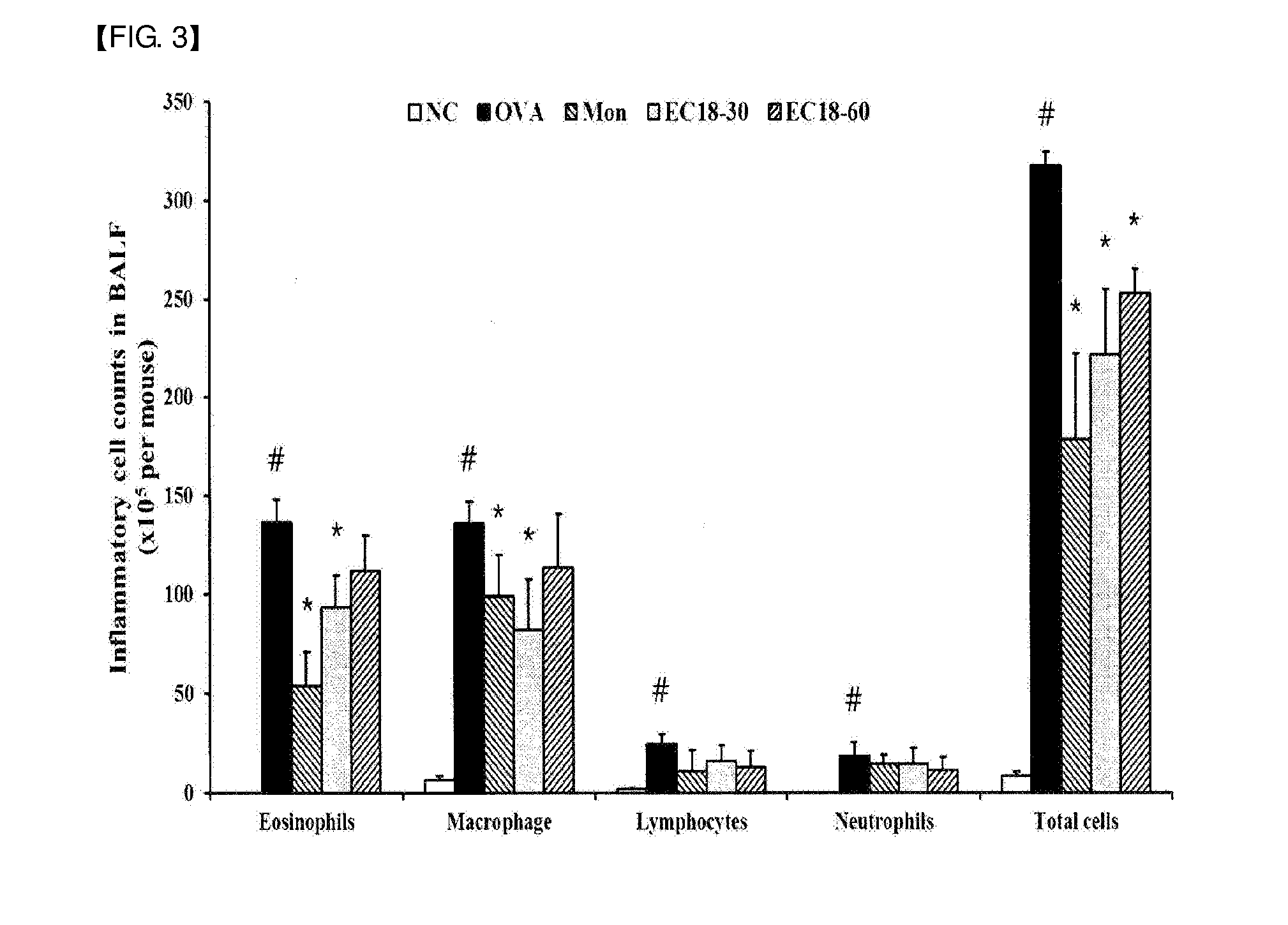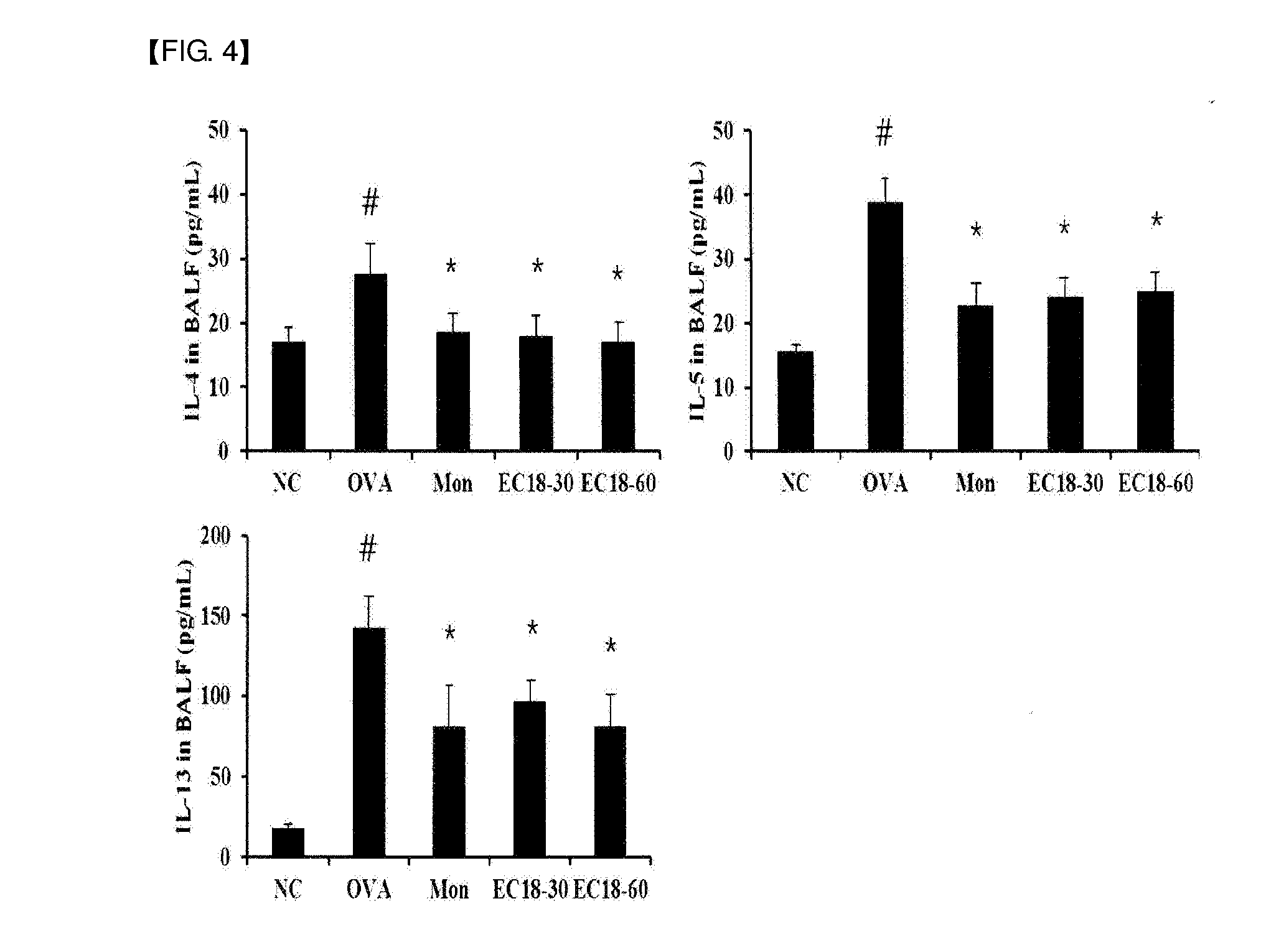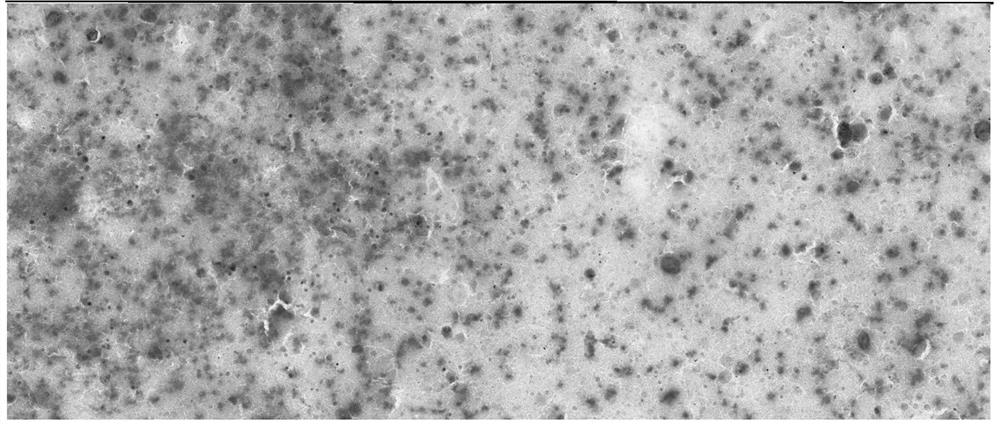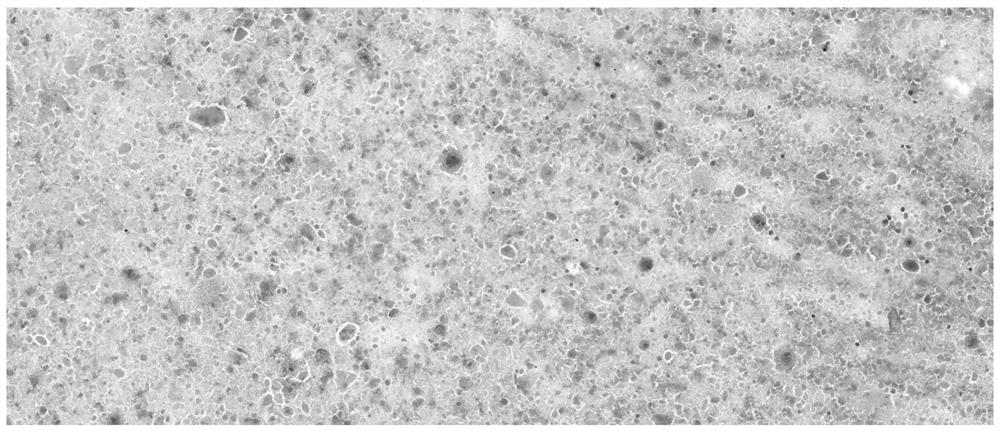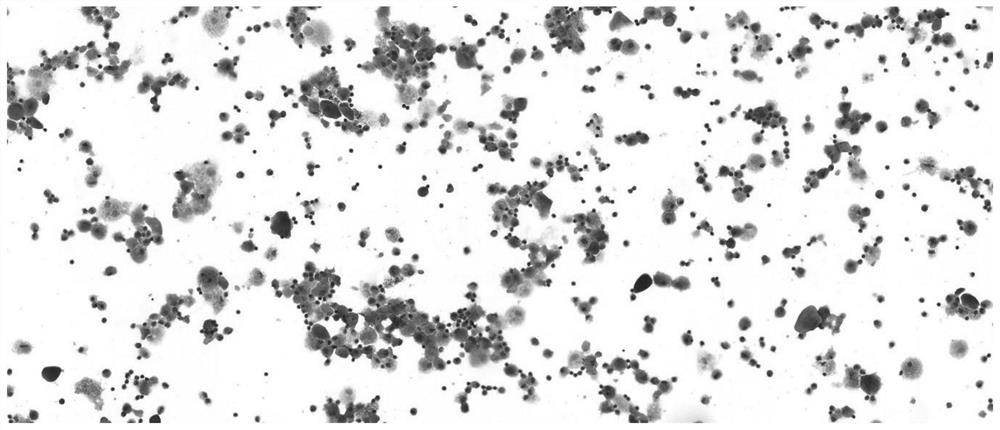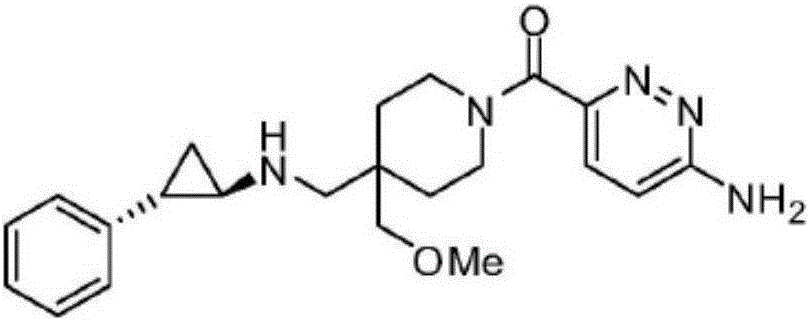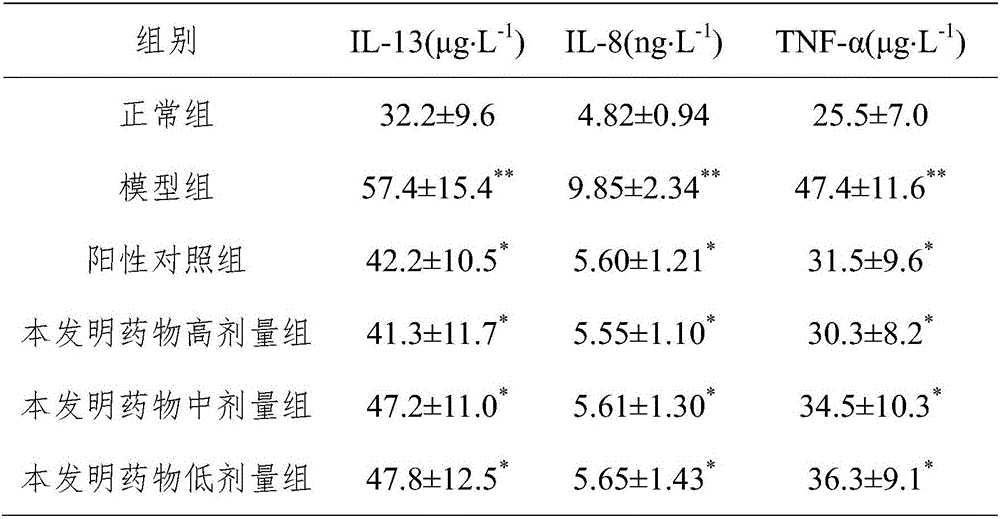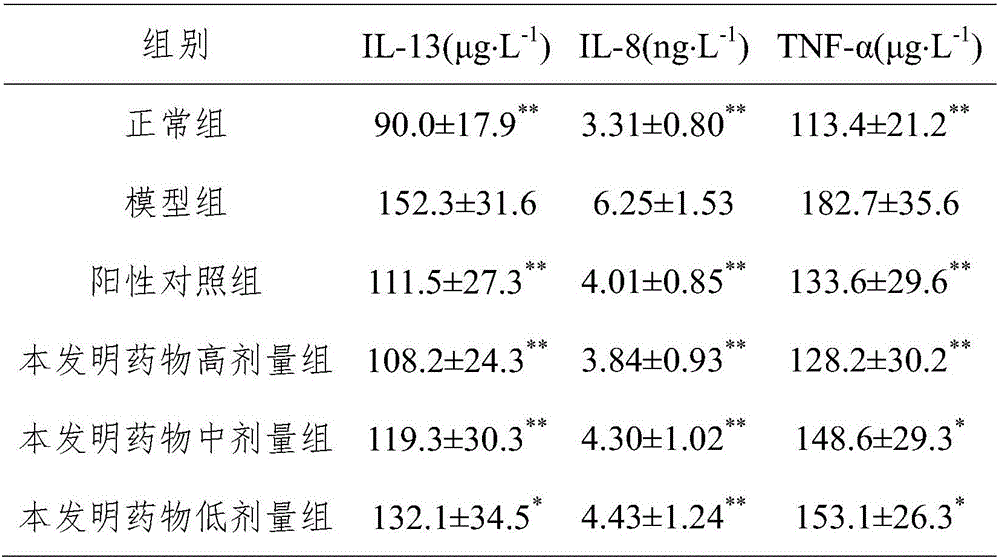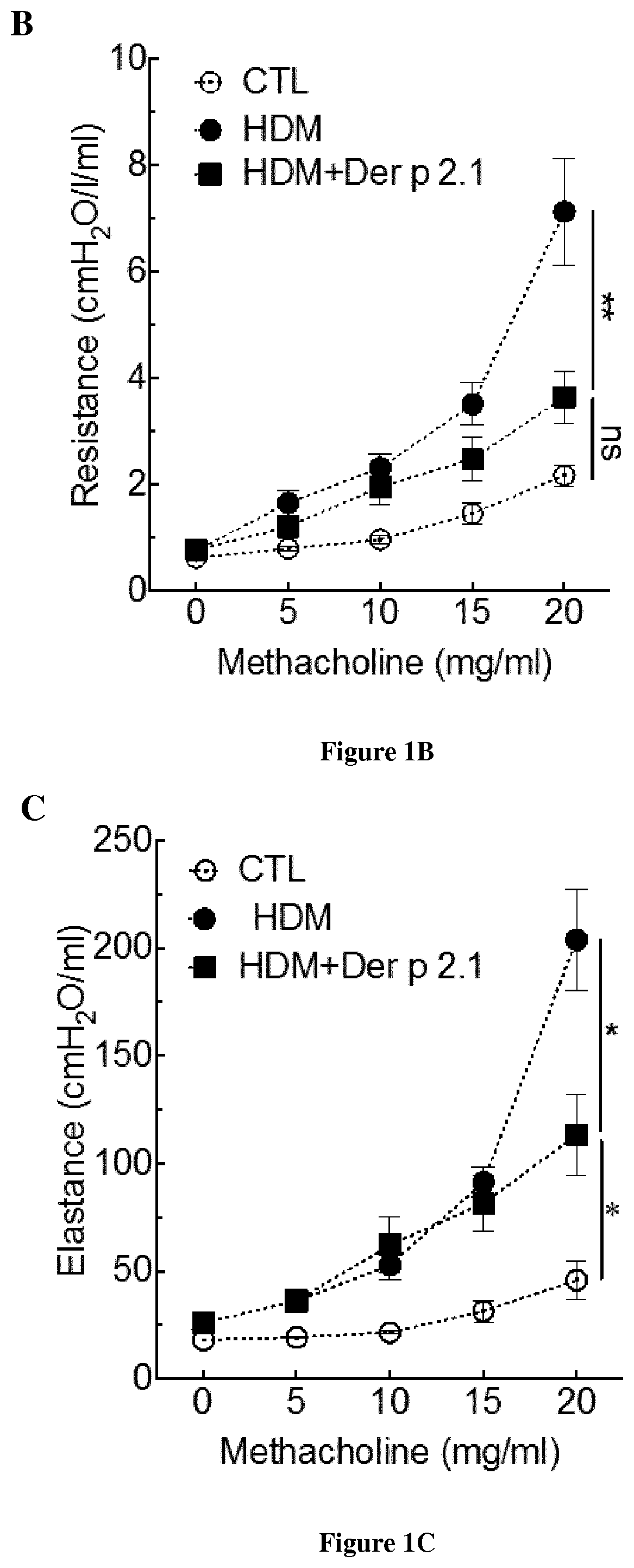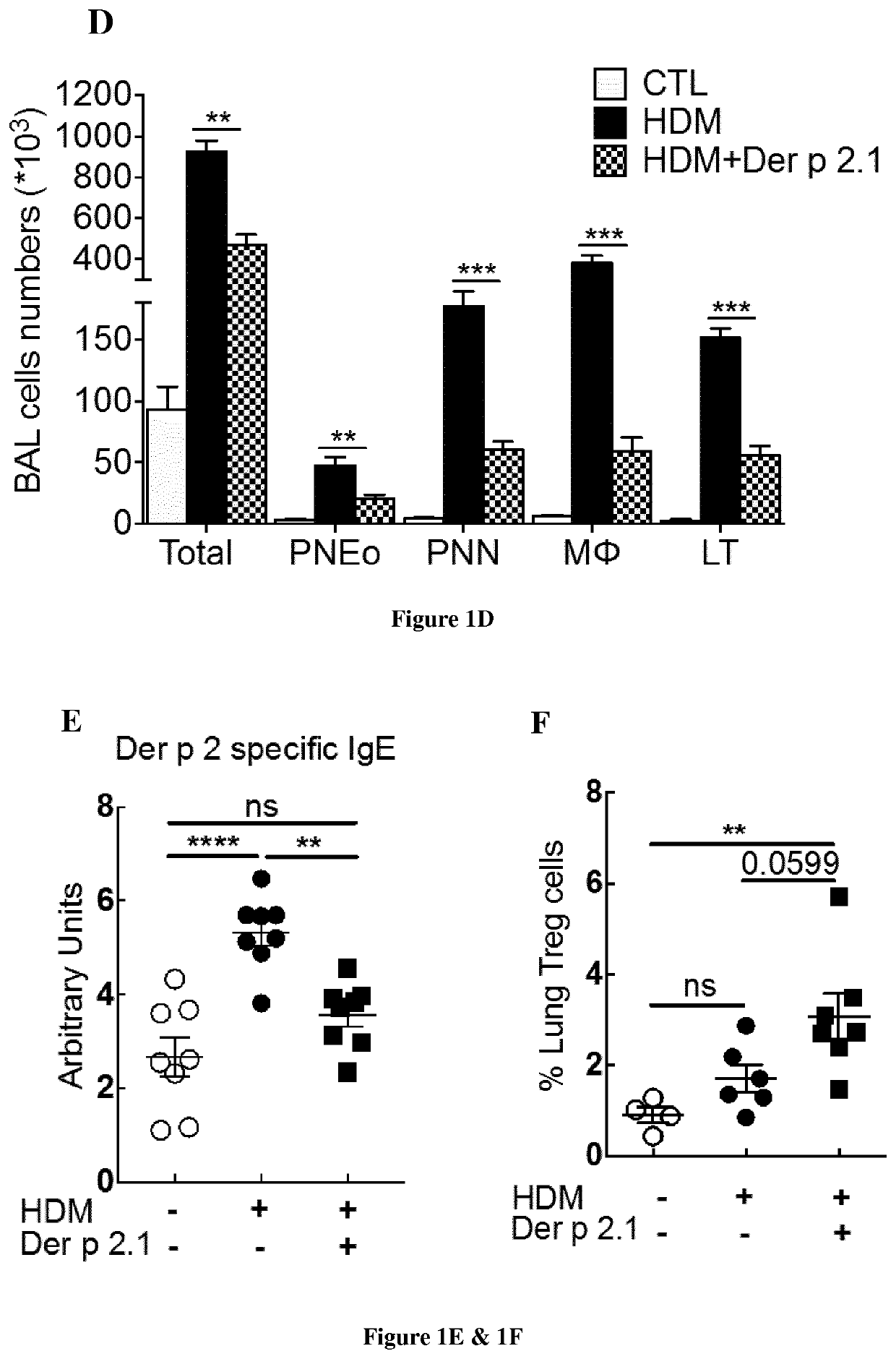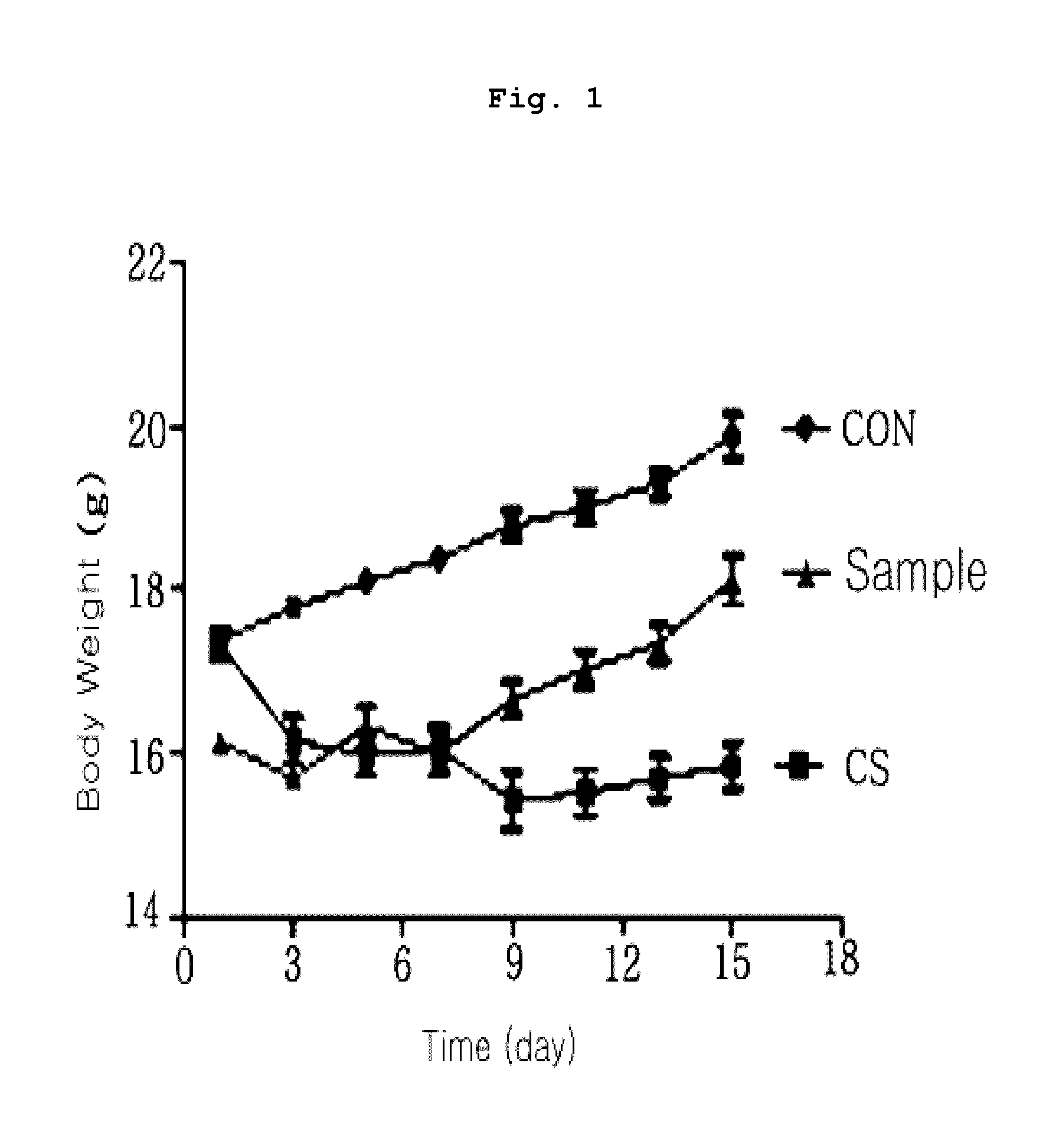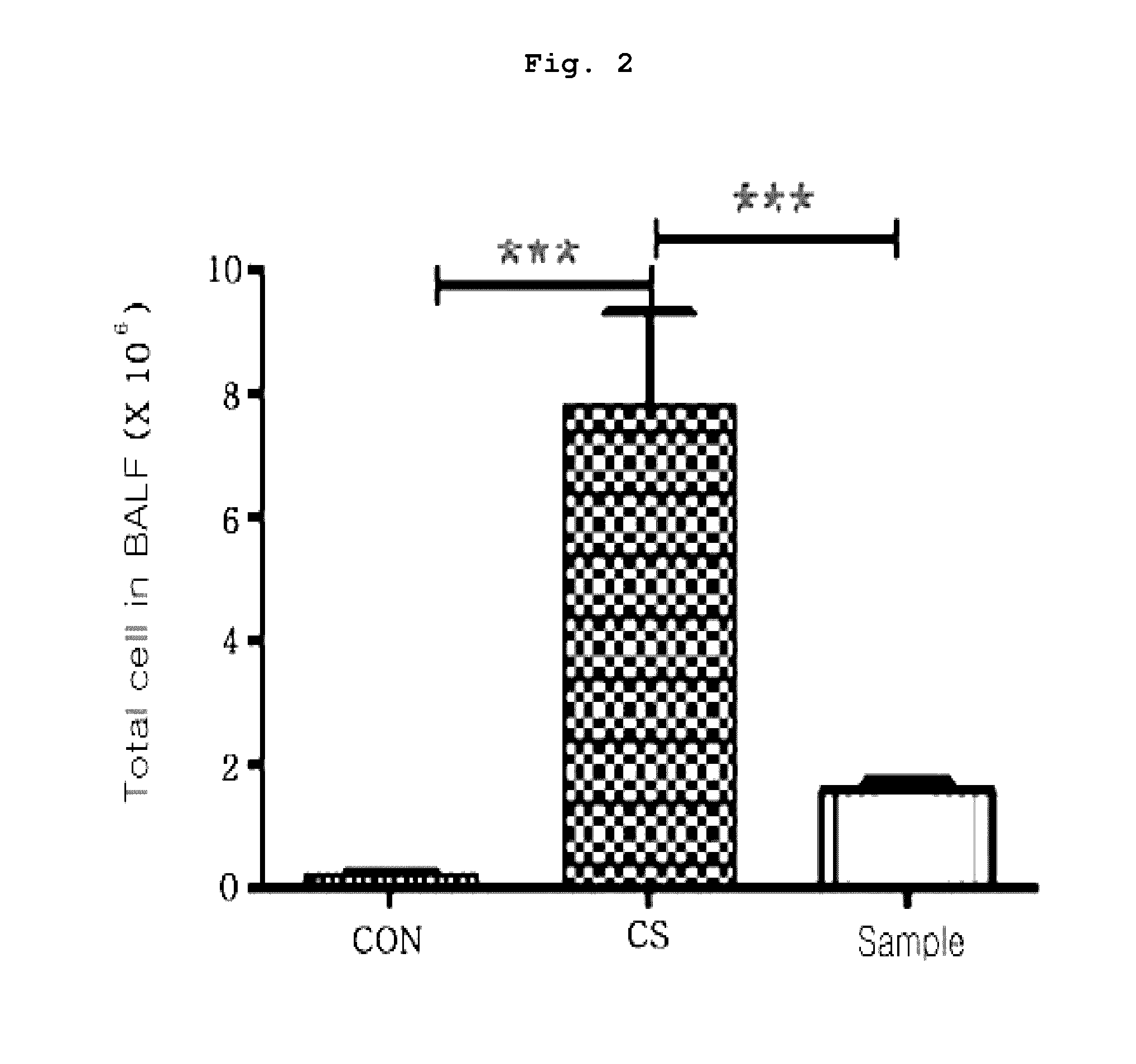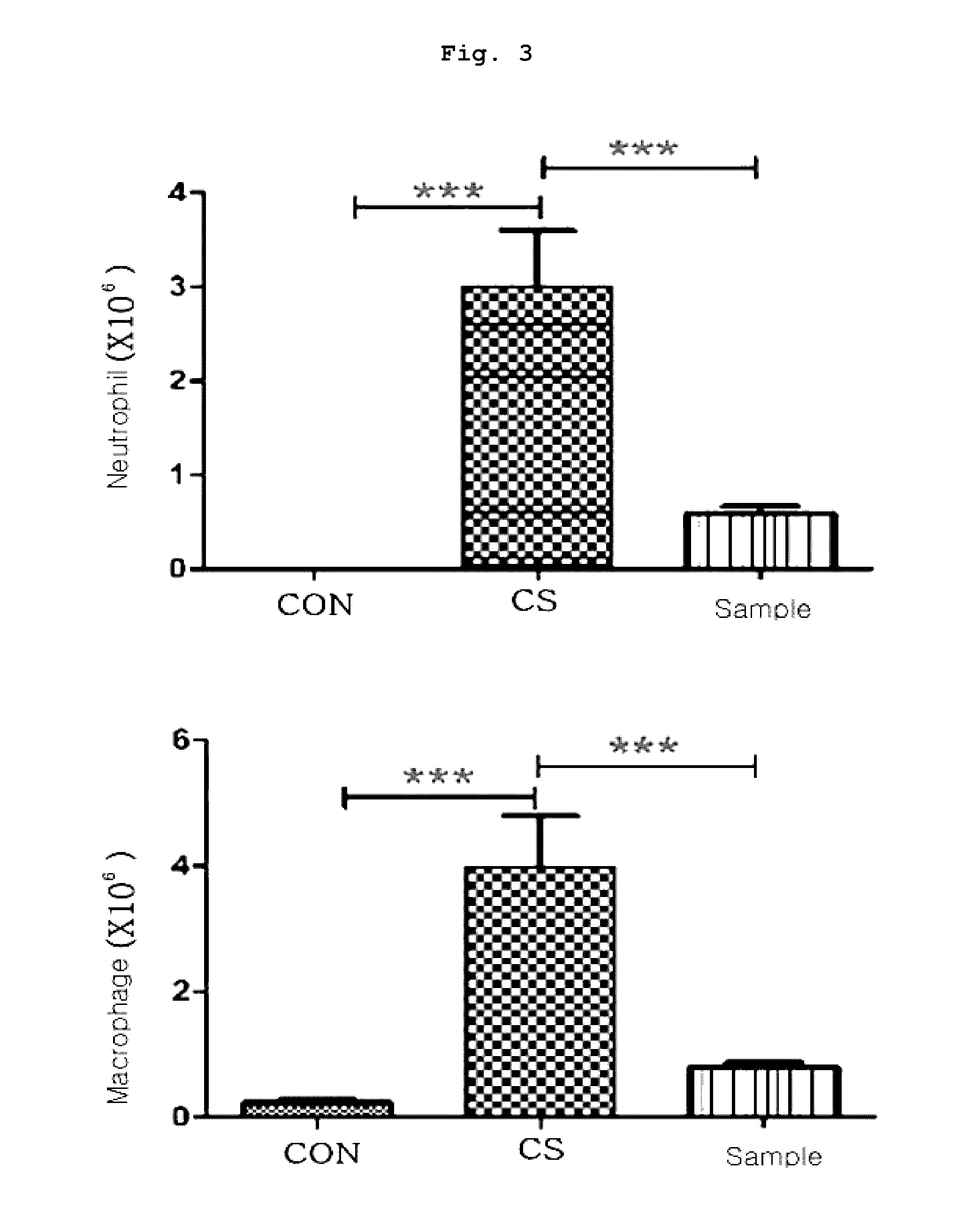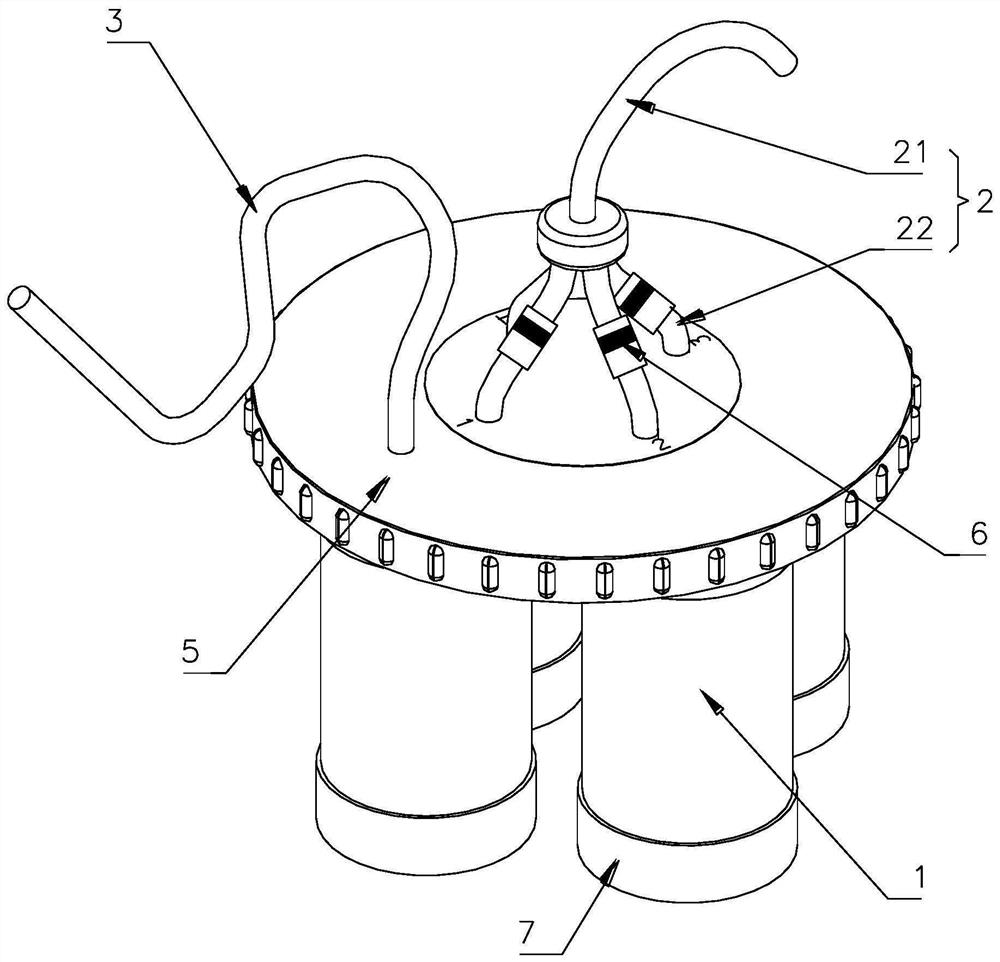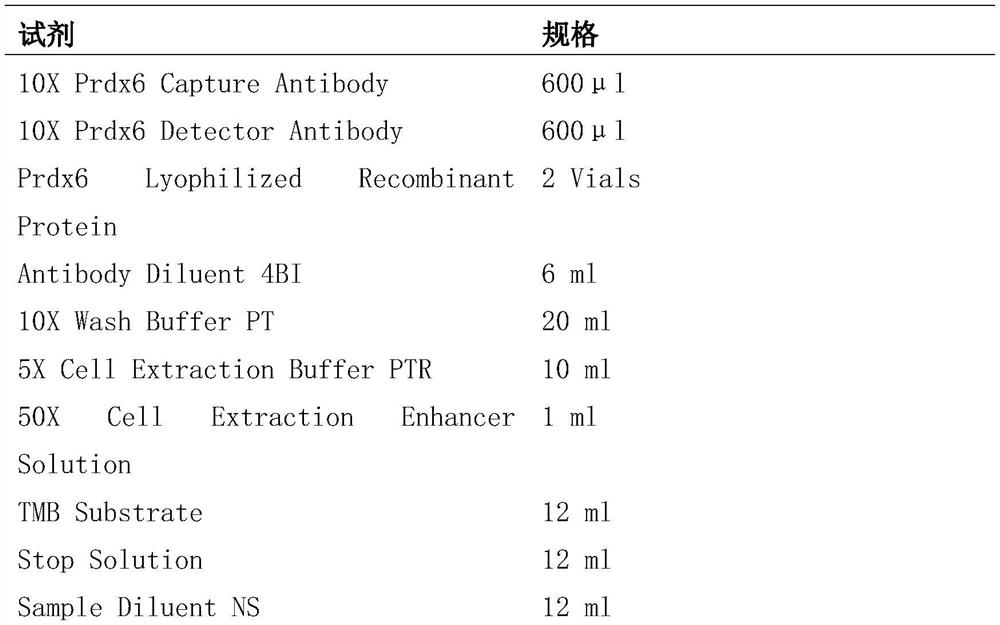Patents
Literature
Hiro is an intelligent assistant for R&D personnel, combined with Patent DNA, to facilitate innovative research.
64 results about "Bronchial Alveolar Lavage Fluid" patented technology
Efficacy Topic
Property
Owner
Technical Advancement
Application Domain
Technology Topic
Technology Field Word
Patent Country/Region
Patent Type
Patent Status
Application Year
Inventor
Bronchoalveolar Lavage Fluid. Washing liquid obtained from irrigation of the lung, including the BRONCHI and the PULMONARY ALVEOLI. It is generally used to assess biochemical, inflammatory, or infection status of the lung.
Determination of Exosomel Biomarkers for Predicting Cardiovascular Events
InactiveUS20120309041A1Reduce stepsComplicate to detectMicrobiological testing/measurementImmunoglobulins against animals/humansAmniotic fluidNGAL Protein
The present invention relates to a method of predicting the risk of a subject developing a cardiovascular event, comprising determining the presence of a biomarker that is indicative of the risk of developing a cardiovascular event in exosomes from the subject. The exosomes are suitably isolated from a body fluid selected from serum, plasma, blood, urine, amniotic fluid, malignant ascites, bronchoalveolar lavage fluid, synovial fluid, breast milk, saliva, in particular serum. The biomarker is selected from the proteins Vitronectin, Serpin F2, CD14, Cystatin C, Plasminogen, Nidogen 2 or any combination of two or more of these proteins.
Owner:ERASMUS UNIV MEDICAL CENT ROTTERDAM ERASMUS MC
Application of Aspergillus fumigatus annexin anxC4 gene (anxC4 gene)
InactiveCN105624290AEasy to operateLow equipment requirementsMicrobiological testing/measurementMicroorganism based processesAspergillus fumigatusAlveolar lavage fluid
The invention discloses application of Aspergillus fumigatus annexin anxC4 gene (anxC4 gene). The anxC4 gene can be used as an Aspergillus fumigatus detection target. The invention also discloses a LAMP (loop-mediated isothermal amplification) kit designed according to the specific conserved sequence of the anxC4 gene and special primers thereof, and an Aspergillus fumigatus real-time fluorescent quantitative PCR (polymerase chain reaction) detection kit and primers and TaqMan probes thereof. The technique can be used for qualitatively detecting Aspergillus fumigatus components in phlegm, blood, bronchus alveoli douche and other samples to be detected, and can be used for quickly and conveniently detecting Aspergillus fumigatus under isothermal conditions in a high-efficiency high-specificity high-sensitivity way.
Owner:INST OF PLA FOR DISEASE CONTROL & PREVENTION
Method for separation of sporadic cells from body fluids, and apparatus for carrying out said method
InactiveUS20160122704A1Increase success rateAvoid clotsBioreactor/fermenter combinationsBiological substance pretreatmentsPresent methodAmniotic fluid
Method for gentle separation of viable sporadic cells from body fluids such as blood, from malignant effusions, bronchoalveolar lavage fluid, peritoneal lavage fluid and amniotic fluid, based on a filter membrane which is in an intimate contact with an absorbent material. Using the present method it is possible to isolate for example circulating and disseminated tumor cells, endometrial cells and circulating trophoblast cells, allowing subsequent detection, quantification, characterization and especially culturing of said cells. An apparatus for carrying out the method is further disclosed.
Owner:METACELL
Nano-particles capable of improving gene transfection efficiency and preparation method of gene transfection reagent based on particles
InactiveCN103865942AOvercoming the deficiency of low transfection rateHigh transfection rateVector-based foreign material introductionCytotoxicityDna load
The invention belongs to the technical field of biological medicines and aims at improving the gene transfection efficiency by adopting nano-particles NoNPs released through cells. The nano-particles exist extensively in a biosystem and an extracellular circulatory system, such as bronchoalveolar lavage fluid, body fluid, blood, saliva, cow milk or urine. A non-virus gene transfection vector is doped with the nano-particles so that the DNA (Desoxvribose Nucleic Acid) carrying capacity of the gene transfection vector can be improved remarkably without increase of cytotoxicity. Experimental results indicate that the NONPs, which are extracted from the cow milk and added to the PEI gene transfection vector, are capable of remarkably improving the gene transfection efficiency under the circumstance of hardly increasing the cytotoxicity. The major use of the nano-particles is to serve as the gene transfection reagent which can be used for cell biology research, gene transfection preparation production, gene therapy and the like.
Owner:常州碳宇纳米科技有限公司
Sample harvester of bronchoalveolar lavage fluid
ActiveCN112545569AReduce the risk of contaminationReduce stimulationSurgeryVaccination/ovulation diagnosticsStructural engineeringBronchoalveolar lavage fluid sample
The invention provides a sample harvester of bronchoalveolar lavage fluid, which comprises a fluid collecting bottle, a first pipeline, a second pipeline, a first buckling cover and a second bucklingcover; there are multiple liquid collecting bottles, and each liquid collecting bottle is detachably and hermetically mounted at the bottom of the first buckling cover through a bottle opening of theliquid collecting bottle; the first pipeline comprises a main pipeline and a plurality of branch pipelines, and the main pipeline is communicated with a plurality of branch pipelines; the first buckling cover is provided with first through holes and a second through hole, the number of the first through holes and the liquid collecting bottles are the same; each branch pipeline is connected with one first through hole, and the second buckling cover is connected with the first buckling cover, and the second buckling cover can move relatively to the first buckling cover; a third through hole is formed in the second buckling cover, and when the second buckling cover and the first buckling cover move relatively, the third through hole can be communicated with each second through hole; one end of the second pipeline is connected with the third through hole. The sample harvester can collect multi-tube bronchoalveolar lavage fluid samples in one time without replacing tubes, the safety is extremely high, and meanwhile the operation is easy and convenient.
Owner:GENERAL HOSPITAL OF PLA
Application of forskolin and derivatives thereof in preparing anti-pulmonary fibrosis drug
ActiveCN109875992AGood interventionOrganic active ingredientsRespiratory disorderHydroxyprolineLung tissue
The invention discloses use of forskolin (FSK) and derivatives thereof, including isoforskolin (ISOF) and deacetylforskolin (DFSK), in preparing a drug or a health care product for preventing and treating pulmonary fibrosis. FSK, ISOF and DFSK are a diterpenoid compound isolated from a medicinal plant coleus forskohlii. The FSK and the DFSK can significantly reduce lung inflammation and fibrosis in mice induced by paraquat, reduce hydroxyproline content in lung tissues and improve the lung function in mice. The ISOF can significantly reduce the hydroxyproline content in the mice lung tissues of bleomycin-induced pulmonary fibrosis, reduce the deposition of collagen fibers in the lung tissues, down regulate the expression of fibrogenic factors and decrease the level of inflammatory cytokines in the bronchoalveolar lavage fluid. Experimental results prove that the FSK and the derivatives ISOF and DFSK have the new use as the drug for preventing and treating the pulmonary fibrosis.
Owner:KUNMING MEDICAL UNIVERSITY
Use of gk-1 peptide expressed on m13 filamentous phage as pharmaceutical ingredient to enhance the efficiency of the immune response induced by vaccine or pathogen antigens
ActiveUS20140302085A1Enhance immune responsePotentiate antibody productionSsRNA viruses negative-sensePeptide/protein ingredientsAdditive ingredientVaccine antigen
The present invention is directed to the use of FGK-1 immunopotentiator, composed by the peptide named GK-1, characterized by the sequence G-Y-Y-Y-P-S-D-P-N-T-F-Y-A-P-P-Y-S-A and linked to the pVIII surface protein of M13 filamentous phage, to prepare pharmaceutical products potentiating the protective immune response of vaccine antigens when used by itself or conjointly with these antigens administered either intranasally, subcutaneously, or intramuscularly, yielding an increase in the level of specific antibodies against vaccine antigens in serum and in bronchoalveolar lavages.
Owner:UNIV NAT AUTONOMA DE MEXICO
Method for establishing airway-free high-reactivity eosinophilic granulocyte airway inflammatory mouse model
InactiveCN101796937AReduce the differenceGood operating backgroundMedical devicesAnimal husbandryBALB/cLung function
The invention discloses a method for establishing an airway-free high-reactivity eosinophilic granulocyte airway inflammatory mouse model. The method comprises the following steps of: 1. preparation of a mouse: preparing a SPF (Specific Pathogen Free) level female Balb / c mouse with 5-6 week-ages; 2. molding of the mouse: respectively injecting 200mul of physiological saline solution mixed suspension of 10mug of chicken ovalbumin and 1.3mg of aluminum hydroxide into the abdominal cavity of the mouse at the 0th, the 7th and the 14th days of an experiment for carrying out sensitization; carrying out light anaesthesia on the mouse at the 21st, the 22nd and the 23rd days of the experiment, and carrying out nasal dripping excitation through 50mul of chicken ovalbumin solution with the mass percent concentration of 0.02 percent; and 3. treatment of the mouse: carrying out wounded lung function detection and bronchoalveolar lavage fluid cellular classification counting analysis on the mouse after the excitation of the last time for 24-48 hours, collecting the lung of the mouse to observe the histological change of the lung to obtain the hominine airway-free high-reactivity eosinophilic granulocyte airway inflammatory mouse model.
Owner:THE FIRST AFFILIATED HOSPITAL OF GUANGZHOU MEDICAL UNIV (GUANGZHOU RESPIRATORY CENT) +2
Method for diagnosis of severity and prediction of recurrence in eosinophilic inflammatory disease
InactiveUS20100138937A1Inhibit progressPrevent relapsePeptide/protein ingredientsMicrobiological testing/measurementAlveolar lavage fluidEosinophilic leukocyte
A method for diagnosis of the severity of a condition in an eosinophilic inflammatory disease such as nasal polyp or for prediction of the recurrence of the disease, the method comprising detecting H-PGDS induced by eosinophilic leukocytes accumulated in a lesion or determining pGD2 in a nasal alveolar lavage fluid or Bronchoalveolar lavage fluid
Owner:AROS ELECTRONICS +1
Compositions and Methods for Diagnosing Lung Cancer
ActiveUS20160077095A1Improvement of biomarker levelMicrobiological testing/measurementBiological testingSecretory proteinBiomarker (petroleum)
The present invention provides diagnostics for identifying and distinguishing various types of lung cancers using serum and / or bronchioalveolar lavage fluid. Signatures of secretory proteins are used to identify and distinguish lung cancers. The biomarker signatures may also be used to separate lung cancers from other inflammatory diseases, monitor progression, or assess treatment efficacy.
Owner:INDIANA UNIV RES & TECH CORP
Bronchoalveolar lavage fluid collection method for 16S rRNA gene detection and detection method
The invention discloses a bronchoalveolar lavage fluid collection method for 16S rRNA gene detection, which comprises the following steps: letting a subject inhale a bronchodilator through atomization, and leaving a venous indwelling needle; continuously supplying oxygen to a nasal catheter in the whole process of collecting bronchoalveolar lavage fluid while monitoring the transcutaneous oxygen saturation and judging the vital signs of the subject according to the transcutaneous oxygen saturation; performing surface anesthesia of superior nasal meatus and pharynx and larynx with 2% lidocaine, and then performing intravenous injection with 2-10mg of midazolam and 125-500mg of alfentanil; and letting a fiber bronchoscope enter the glottis area through the nasal meatus, and anesthetizing the glottis area with 4% lidocaine. The invention aims at providing the bronchoalveolar lavage fluid collection method for 16S rRNA gene detection and the detection method thereof, wherein the collection method is safe, simple and convenient, brings little pollution and has good repeatability.
Owner:张清玲 +3
Measurement of elastic fiber breakdown products in sputum
ActiveUS20040058382A1Assessing efficacyStrong specificityComponent separationEnzymesFiberTissue fluid
The subject invention is directed to the measurement of elastic fiber breakdown products in human sputum obtained from patients with emphysema and other lung diseases. Measurement of elastic fiber breakdown products may be used to monitor the progression of lung disease or to assess the efficacy of a treatment for lung disease. Such breakdown products are associated with lung injury resulting from degradation of lung elastic fibers. This process may occur in emphysema and other inflammatory diseases of the lung where excess amounts of elastase are secreted by inflammatory cells. The methods for measuring elastin breakdown products in certain tissue fluids (i.e. blood, urine, bronchoalveolar lavage fluid) are well known to the art but have not been previously applied to sputum samples. The use of sputum has several advantages over other fluids, including greater specificity and ease of procurement.
Owner:CANTOR JEROME OWEN +1
Determination of exosomel biomarkers for predicting cardiovascular events
The present invention relates to a method of predicting the risk of a subject developing a cardiovascular event, comprising determining the presence of a biomarker that is indicative of the risk of developing a cardiovascular event in exosomes from the subject. The exosomes are suitably isolated from a body fluid selected from serum, plasma, blood, urine, amniotic fluid, malignant ascites, bronchoalveolar lavage fluid, synovial fluid, breast milk, saliva, in particular serum. The biomarker is selected from the proteins Vitronectin, Serpin F2, CD14, Cystatin C, Plasminogen, Nidogen 2 or any combination of two or more of these proteins.
Owner:卡瓦迪斯有限责任公司
Measurement of elastic fiber breakdown products in sputum
The subject invention is directed to the measurement of elastic fiber breakdown products in human sputum obtained from patients with emphysema and other lung diseases. Measurement of elastic fiber breakdown products may be used to monitor the progression of lung disease or to assess the efficacy of a treatment for lung disease. Such breakdown products are associated with lung injury resulting from degradation of lung elastic fibers. This process may occur in emphysema and other inflammatory disease of the lung where excess amounts of elastase are secreted by inflammatory cells. The methods for measuring elastin breakdown products in certain tissue fluids (i.e. blood, urine, bronchoalveolar lavage fluid) are well known to the art but have not been previously applied to sputum samples. The use of sputum has several advantages over other fluids, including greater specificity and ease of procurement.
Owner:CANTOR JEROME OWEN +1
Exosomal Biomarkers for Cardiovasular Events
InactiveUS20140024046A1Accurate diagnosisPeptide preparation methodsDepsipeptidesAmniotic fluidBlood plasma
The present invention relates to a method of predicting the risk of a subject developing a cardiovascular event, comprising determining the presence of a biomarker that is indicative of the risk of developing a cardiovascular event in an exosome sample from the subject. The exosomes are suitably isolated from a body fluid selected from serum, plasma, blood, urine, amniotic fluid, malignant ascites, bronchoalveolar lavage fluid, synovial fluid, breast milk, saliva, in particular serum. Alternatively, the exosomes are present in a body fluid, in particular serum. The biomarker is selected from the proteins Vitronectin, Serpin F2, CD14, Cystatin C, Plasminogen, Nidogen 2, Serpin G1 or any combination of two or more of these proteins. The invention further relates to a method of diagnosing the occurrence of acute coronary syndrome in a subject, comprising determining the presence of a biomarker that is indicative of the occurrence of acute coronary syndrome in an exosome sample from the subject. In this method the biomarker is selected from Serpin F2, CD14, Cystatin C or combinations thereof.
Owner:ERASMUS UNIV MEDICAL CENT ROTTERDAM ERASMUS MC
Composition containing monoacetyldiacylglycerol compound as active ingredient for preventing or treating asthma
ActiveUS10098864B2Effectively used for prevention and treatment and alleviation of asthmaReduce airway hyperresponsivenessOrganic active ingredientsAccessory food factorsSide effectTh2 cytokines
Owner:ENZYCHEM LIFESCI CORP +1
Oxygenated separation type bronchoalveolar lavage fluid collection device
The invention discloses an oxygenated separation type bronchoalveolar lavage fluid collection device. The device includes a lavage tube, a normal saline container, a control device and a collection container; normal saline is sprayed out from an opening of the tube and side wall holes, multi-directional stereoscopic extrusion flushing is achieved, the flushing effect is enhanced, a pressurizing valve is a one-way pressurizing outlet valve, flushing and recycling are independently completed, and backflow of the normal saline does not occur; a reducing valve is used for buffer decompression of received oxygen, the pressure of oxygen is prevented from being large, and oxygen can be safely used by patients; a piston in a collection container is recycled through manual control, collected lavagefluid is filtered through a filter net, impurities are effectively removed, the bottom of the collection container is connected with a liquid collection funnel, collection of lavage fluid samples ata fluid outlet is controlled through a fluid outlet switch, in the collection process, multiple-sample collection can be directly conducted, sampling is convenient, and operation is simple.
Owner:李堃
Composition for the Prevention and Treatment of Allergic Inflammatory Disease
InactiveUS20080200526A1Treating and preventingOrganic active ingredientsBiocideEccentric hypertrophyDisease
Disclosed herein is a composition for the treatment and prevention of allergic inflammatory diseases comprising N-hydroxy-4-{5-[4-(5-isopropyl-2-methyl-1,3-thiazol-4-yl)phenoxy]pentoxy}-benzamidine, 4-{5-[4-(5-isopropyl-2-methyl-1,3-thiazol-4-yl)phenoxy]pentoxy}-benzamidine or pharmaceutically acceptable salts. The composition exhibits excellent medicinal effects on allergic inflammatory diseases, with a great reduction in typical chronic inflammation symptoms, such as an increase of eosinophil level in bronchoalveolar lavage fluid, total leukocyte level and eosinophil level in blood, the hypertrophy or hyperplasia of bronchial epithelium due to an increase in the number of mucus cells, a reduction in alveolar surface area resulting from the hyptertrophy of alveolar walls, and the infiltration of inflammatory cells.
Owner:DONG WHA PHARM CO LTD
Composition Containing Styraxlignolide A or the Aglycone Thereof as an Active Ingredient for Preventing or Treating Asthma
InactiveUS20130244959A1Reduce penetrationLowering indexBiocideCarbohydrate active ingredientsAdditive ingredientAglycone
The present invention relates to a pharmaceutical composition for preventing or treating asthma, the composition containing styraxlignolide A or an aglycone thereof as an active ingredient. More particularly, styraxlignolide A compound is one separated from stems and barks of Styrax japonica, and styraxlignolide A or homoegonol, which is an aglycone of styraxlignolide A and which has improved safety, has the effect of attenuating weight loss and airway hyperresponsiveness, inhibiting the generation of reactive oxygen species in airway, inhibiting generation of IgE, TGF-β1, and IL-17 in the serum and bronchoalveolar lavage fluid, inhibiting endobronchial inflammatory cell infiltration, and inhibiting the formation of a mucous plug and subepithelial fibrosis in an asthma-induced mouse model. Therefore, styraxlignolide or homoegonol can be effectively used as the active ingredient of a pharmaceutical composition for preventing or treating bronchial asthma in which airway remodeling has progressed.
Owner:KOREA RES INST OF BIOSCI & BIOTECH
Pharmaceutical composition containing wogonin as an active ingredient for preventing or treating asthma
The present invention relates to a pharmaceutical composition for the prevention or treatment of asthma comprising Wogonin as an active ingredient. The Wogonin of the present invention is excellent not only in relieving airway hypersensitivity that causes asthma in vivo, in inhibiting reactive oxygen species generation in the airway, and in inhibiting the infiltration of inflammatory cells in the bronchus, but also in inhibiting the generation of IgE in serum and bronchoalveolar lavage fluid, and in inhibiting the expressions of Th2 cytokines in the lung. Therefore, the Wogonin of the present invention can be effectively used as a composition for the prevention, treatment, or improvement of asthma.
Owner:KOREA RES INST OF BIOSCI & BIOTECH
Methods for treating disorders that involve immunoglobulin A
Provided herein are FDC-SP polypeptides and methods of using such polypeptides. Methods include, but are not limited to, altering IgA concentration in a subject, treating a subject having signs of a disorder that includes excessive IgA production, identifying a compound that decreases the concentration of IgA in an animal, and identifying a compound that treats a condition associated with increased levels of IgA. Also provided herein is an animal that has decreased expression of an endogenous FDC-SP coding sequence. The animal may develop pathophysiological features of IgA nephropathy, and / or may display increased IgA in serum, saliva, bronchoalveolar lavage fluid, or a combination thereof; increased IgA expressing B lymphocytes in circulation, lymphoid tissue, or a combination thereof; or increased IgA production in vitro by isolated B lymphocytes.
Owner:UNIVERSITY OF MANITOBA
Pathogen Identification in Complex Biological Fluids
PendingUS20170211120A1Microbiological testing/measurementBiological material analysisFecesAntimicrobial drug
Provided herein are methods for rapidly identifying a microbe, such as a pathogen, from a biological sample including, blood, urine, wound effluent, stool, serum, and bronchoalveolar lavage fluid. The method comprises obtaining the sample from the subject and performing a spectrometric analysis of the lipids in the microbe to obtain a profile. The profile obtained is compared with a molecular mass lipid profile of known microbes for identification. Also provided is a method for identifying one or more antimicrobial drugs effective to treat a microbial strain in a subject.
Owner:UNIV OF MARYLAND BALTIMORE
Function and application of voltage-gated proton channel Hv1 in treating allergic asthma
InactiveCN110547257ARegulates allergic inflammationCompounds screening/testingPreparing sample for investigationAllergic airway inflammationTh2 cytokines
The invention discloses a function of voltage-gated proton channel Hv1 protein in the production of allergic asthma, an established good allergic asthma mouse model, and belongs to the field of medical science. By studying the Hv1 protein, through the comparison with a wild-type C57 (WT) mouse, it is found that the level of allergic airway inflammation in an Hv1 gene knockout mouse (KO) after sensitization and stimulation with ovalbumin (OVA) is significantly higher than that of a control group, that is to say, the Hv1 gene knockout mouse suffers from the allergic asthma. After serum, a bronchoalveolar lavage fluid (BALF) and the pulmonary histopathology are inspected, it is found that Hv1 deficiency significantly promotes the recruitment of OVA-induced inflammatory cells, the level of Th2cytokines of the allergic asthma mouse is increased, and the production of mucus secretion in the allergic asthma mouse is promoted. Through further experiments, it is found that the Hv1 deficiency significantly reduces the expression of NOXs, the results indicate that Hv1 gene knockout increases the prevalence of the allergic asthma by suppressing the yield of ROS. According to the function of the Hv1, the voltage-gated proton channel Hv1 protein can be used for preparing drugs for preventing, alleviating and / or treating the allergic asthma.
Owner:NANKAI UNIV
Composition containing monoacetyldiacylglycerol compound as active ingredient for preventing or treating asthma
ActiveUS20160199339A1Effectively used for prevention and treatment and alleviation of asthmaReduce airway hyperresponsivenessOrganic active ingredientsOrganic chemistrySide effectAdditive ingredient
The present invention relates to a pharmaceutical composition containing a monoacetyldiacylglycerol compound as an active ingredient for preventing or treating asthma, and a functional health food composition for preventing or treating asthma. The monoacetyldiacylglycerol compound of the present invention inhibits the expression of IL-4 in EL-4 cells, which are mouse T cell lymphoma cells, reduces hypersensitivity of airway in an asthma-induced animal model, and inhibits the infiltration of inflammatory cells into the bronchial tube. In addition, the compounds of the present invention inhibit the generation of IgE in the serum and bronchoalveolar lavage fluid, have an excellent effect of inhibiting the expression of Th2 cytokines (IL-4, IL-5, and IL-13) in the lung, thereby overcome side effects of the currently used therapeutic agents for asthma, have no toxicity, and exhibit a superior therapeutic effect, and thus can be useful as a composition for preventing, treating, and alleviating asthma.
Owner:ENZYCHEM LIFESCI CORP +1
Method for separating and extracting cells from bronchoalveolar lavage fluid
ActiveCN112899228ASolve the separation problemIdeal separation and extraction effectCell dissociation methodsEpidermal cells/skin cellsCellular componentDisease
The invention provides a method for separating and extracting cells from bronchoalveolar lavage fluid, and belongs to the technical field of cell extraction. According to the method for separating and extracting cells from the bronchoalveolar lavage fluid, after the bronchoalveolar lavage fluid is subjected to impurity removal, solid-liquid separation is carried out, precipitates is collected to carry out resuspension, Percoll discontinuous density gradient centrifugation is carried out on cell suspension, and a cell layer between Percoll stratified liquid is collected. According to the method provided by the invention, cell components, cell debris components and impurities such as dust, drugs, surface active substances, secreta and the like deposited on an alveolar part in the alveolar lavage fluid can be efficiently removed, and the cell components with diagnostic significance are obtained through separation to a great extent and are used for clinical diagnosis and fundamental research of diseases.
Owner:THE FIRST AFFILIATED HOSPITAL OF GUANGZHOU MEDICAL UNIV (GUANGZHOU RESPIRATORY CENT) +1
Pharmaceutical composition for treating chronic bronchitis
InactiveCN106822135AEffective ingredients are clear and controllableQuick effectOrganic active ingredientsRespiratory disorderCurative effectLung tissue
The invention relates to a pharmaceutical composition for treating chronic bronchitis. The pharmaceutical composition contains a compound of the invention or pharmaceutically acceptable salt, and a pharmaceutically acceptable carrier. The medicinal composition of the medicine is clear and controllable. The pharmaceutical composition takes effect rapidly, has remarkable curative effects, and can effectively reduce IL-13, IL-8 and TNF-alpha level of bronchoalveolar lavage fluid and lung tissue and relieve symptoms of chronic bronchitis.
Owner:赵飞腾
Methods and composition for the treatment of allergic asthma
PendingUS20210000917A1Improve permeabilityEase with which bacteria may be manipulated and grownPeptide/protein ingredientsPharmaceutical delivery mechanismDermatophagoides pteronyssimusBronchial epithelium
The present invention relates to a method of treating allergic asthma in a subject in need thereof comprising a step of administering to said subject a therapeutically effective amount of a polypeptide comprising or consisting of a biologically active fragment of the house-dust mite Dermatophagoides pteronyssinus Der p 2.1. Inventors have used a model allergy in a severe asthma allergic (mouse Balbc). They have surprisingly found that when they injected twice the polypeptide derp2.1 in the mouse model after a third asthma attack, the mouse presents a respiratory improvement, reduction of neutrophils and eosinophils in the broncho-alveolar lavage (BAL), an increase of regulators lymphocytes T and reduction of natural killer cells in the BAL. Thus, the polypeptide derp2.1 is a new tool to treat the allergic asthma by a restoration of lung function and reduction of inflammatory environment.
Owner:INST NAT DE LA SANTE & DE LA RECHERCHE MEDICALE (INSERM) +4
Pharmaceutical composition for preventing and treating chronic obstructive pulmonary diseases, containing Phyllostachys nigra Munro var. henosis stapf extract as active ingredient
The present invention relates to a method for treating chronic obstructive pulmonary disease (COPD) comprising the step of administering the extract of Phyllostachys nigra Munro var. henosis Stapf as an active ingredient. Particularly, the extract of Phyllostachys nigra Munro var. henosis Stapf of the present invention can reduce the numbers of macrophages and neutrophils increased in bronchoalveolar lavage fluid (BALF) and is effective in preventing weight loss caused by chronic obstructive pulmonary disease and is effective in down-regulating significantly IL-6, TNF-α, IL-1β, MCP-1, and MMP-12, which are rapidly increased in bronchoalveolar lavage fluid, intrapulmonary tissue, and serum according to the development of chronic obstructive pulmonary disease. In addition, the extract of Phyllostachys nigra Munro var. henosis Stapf of the present invention has the effect of blocking the activation of NF-κB signal in intrapulmonary tissue and significantly reduces inflammatory cells in the tissues around alveoli as well as significantly reduces the size of the enlarged alveola. Therefore, the extract of Phyllostachys nigra Munro var. henosis Stapf of the present invention can be effectively used as an active ingredient of medicines and health food for the prevention and treatment of chronic obstructive pulmonary disease.
Owner:UNIV IND COOP GRP OF KYUNG HEE UNIV
A bronchoalveolar lavage fluid sample collector
ActiveCN112545569BReduce the risk of contaminationReduce stimulationSurgeryVaccination/ovulation diagnosticsBronchial tubeStructural engineering
The invention provides a bronchoalveolar lavage fluid sample collector, comprising a liquid collecting bottle, a first pipeline, a second pipeline, a first buckle cap and a second buckle cap; there are multiple liquid collecting bottles, each liquid collecting The bottles are all installed on the bottom of the first buckle cover through the detachable sealing of the bottle mouth; the first pipeline includes a main pipeline and multiple branch pipelines, and the main pipeline is connected with multiple branch pipelines; the first buckle cover is set There are the same number of first through holes and one second through hole as the number of liquid collection bottles; each branch pipeline is connected to a first through hole, and the second button cap is snugly connected with the first button cap, and the two can be opposite movement; the second button cover is provided with a third through hole, when the second button cover and the first button cover produce relative movement, the third through hole can communicate with each second through hole; one end of the second pipeline Connect with the third via. The device can realize the collection of multi-tube bronchoalveolar lavage fluid samples at one time without changing tubes, has high safety and is easy to operate.
Owner:GENERAL HOSPITAL OF PLA
Application of PRDX6 combined iron ion detection in ARDS process monitoring
PendingCN114563562AEffective prediction occursEffectively predict developmentsColor/spectral properties measurementsDiseaseLung alveolus
Owner:ZHONGSHAN HOSPITAL FUDAN UNIV
Features
- R&D
- Intellectual Property
- Life Sciences
- Materials
- Tech Scout
Why Patsnap Eureka
- Unparalleled Data Quality
- Higher Quality Content
- 60% Fewer Hallucinations
Social media
Patsnap Eureka Blog
Learn More Browse by: Latest US Patents, China's latest patents, Technical Efficacy Thesaurus, Application Domain, Technology Topic, Popular Technical Reports.
© 2025 PatSnap. All rights reserved.Legal|Privacy policy|Modern Slavery Act Transparency Statement|Sitemap|About US| Contact US: help@patsnap.com
